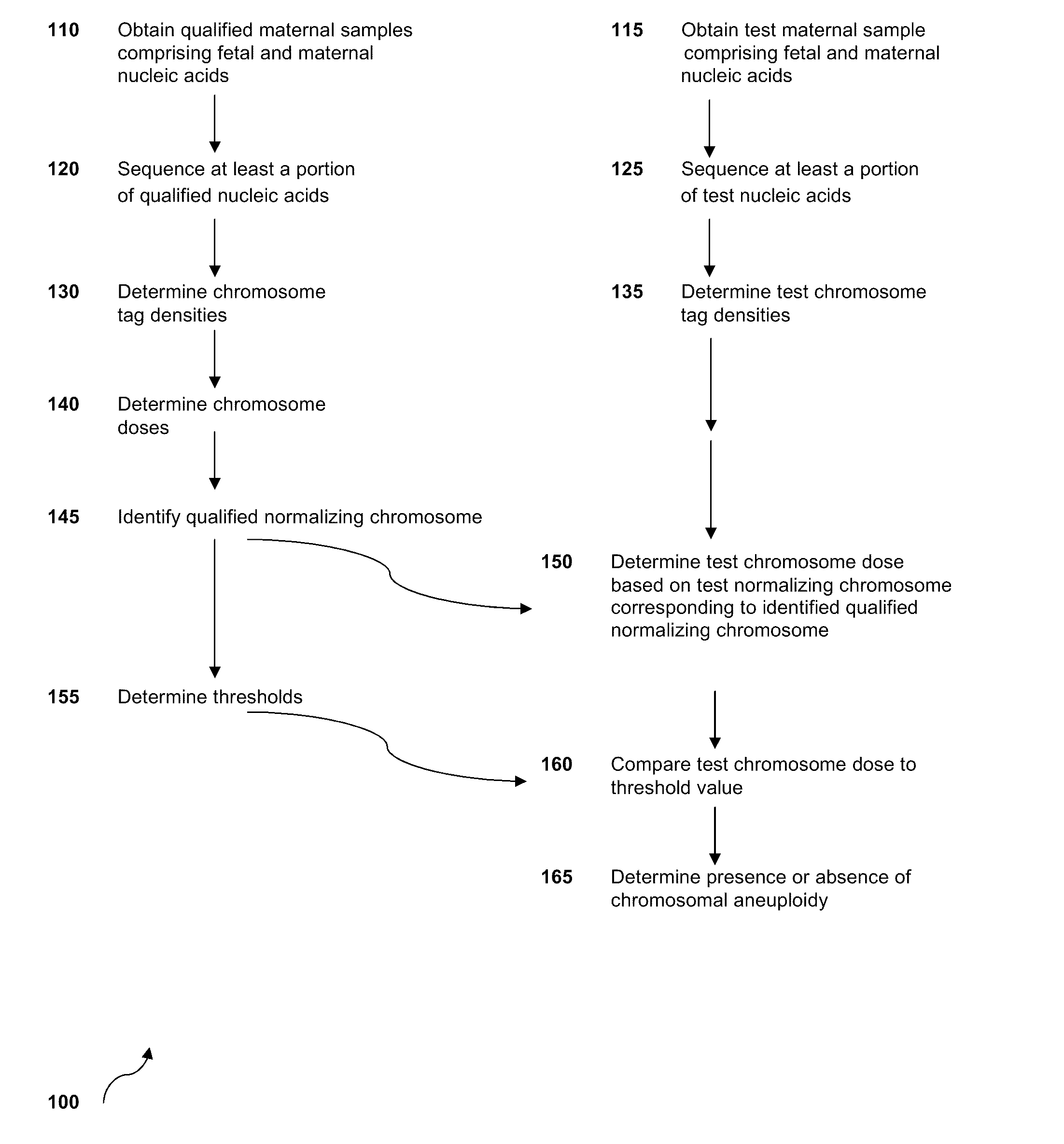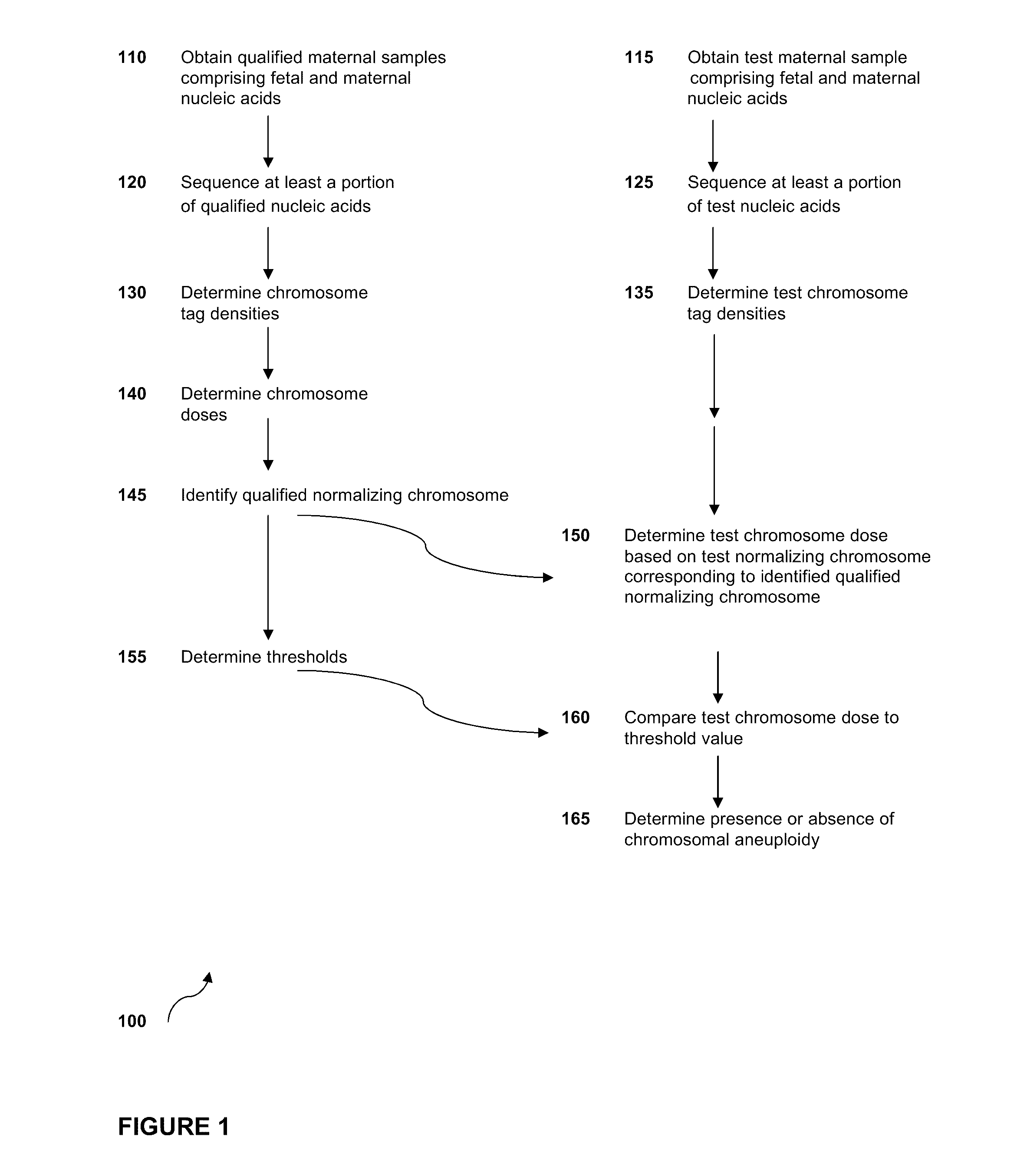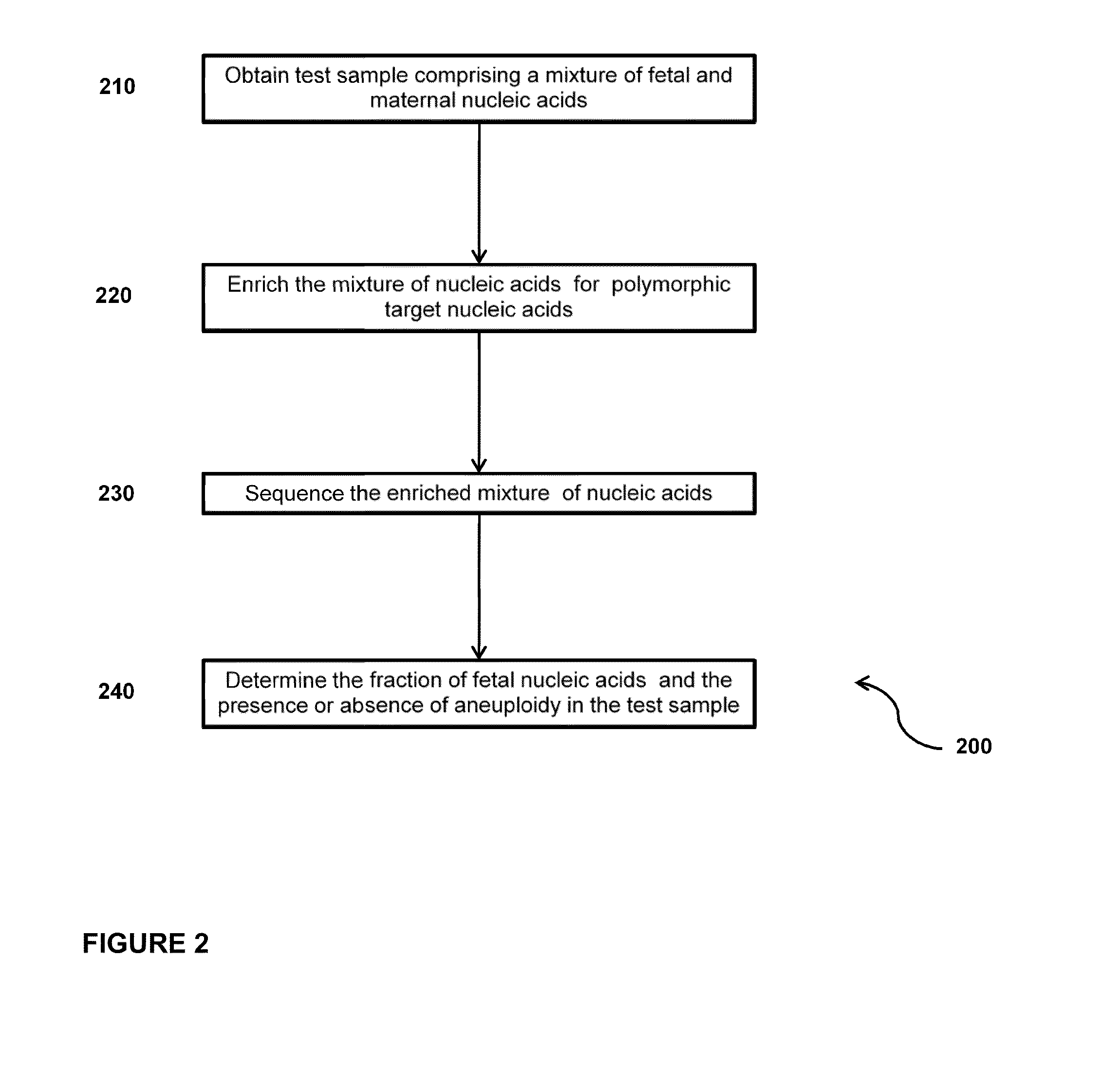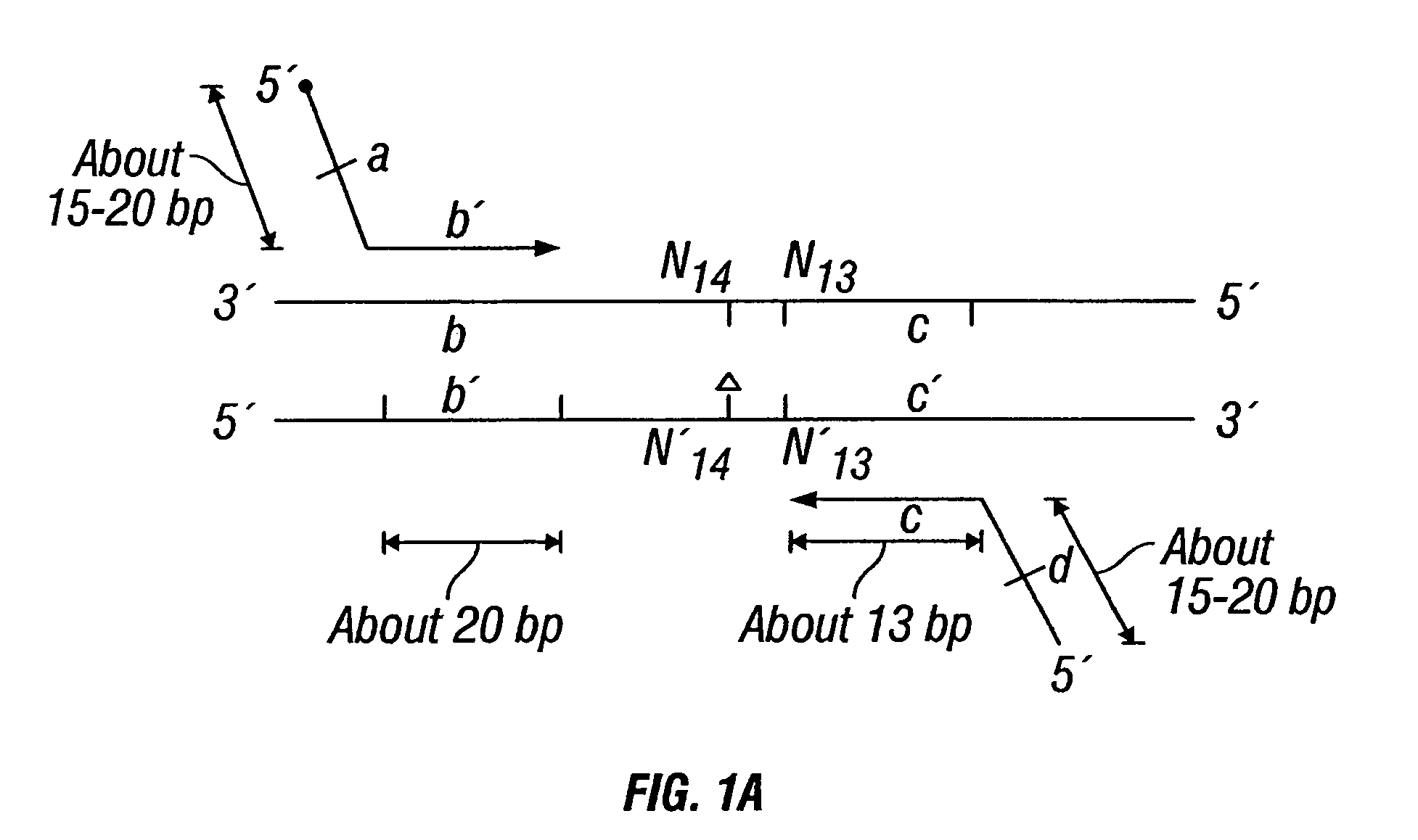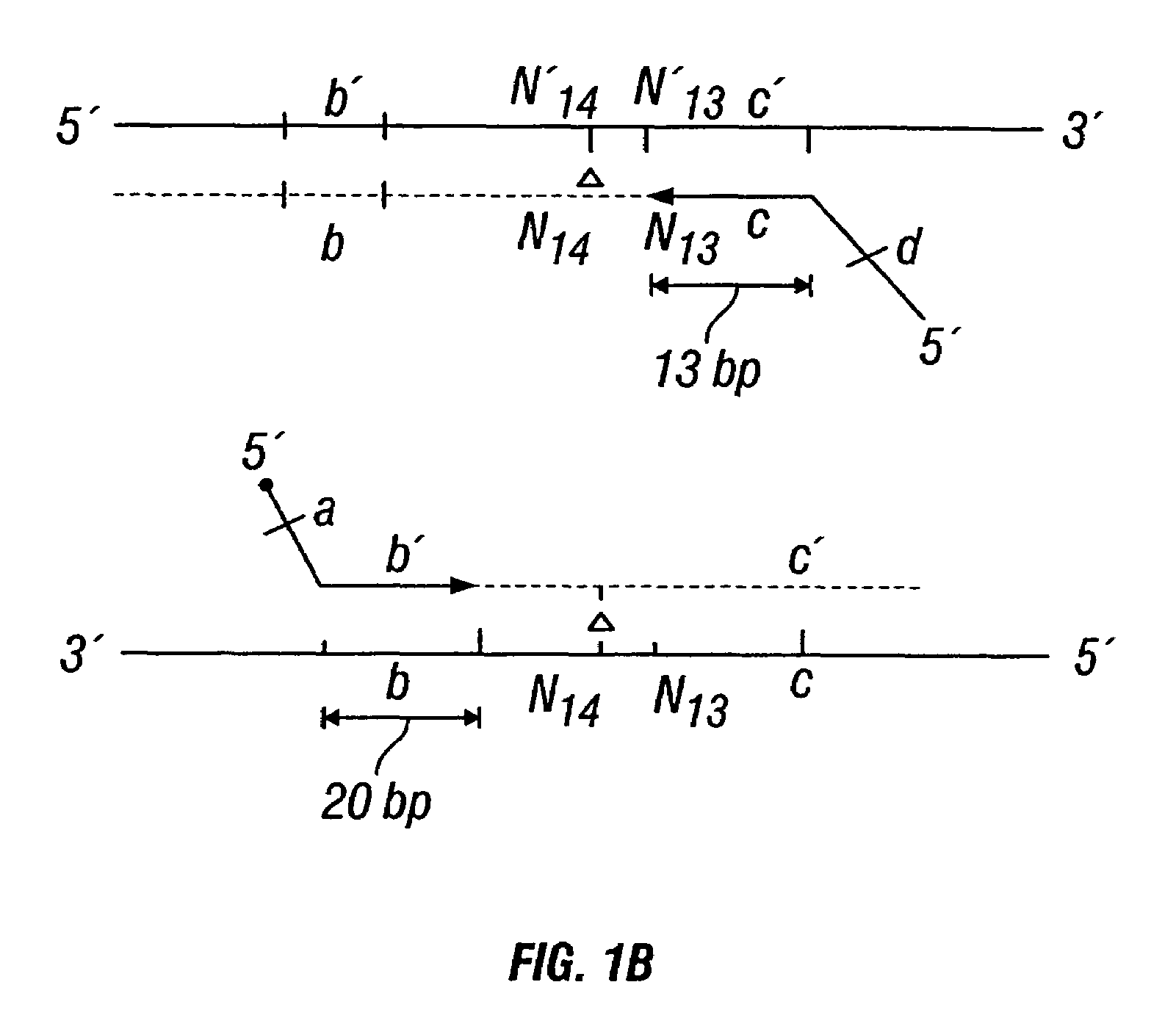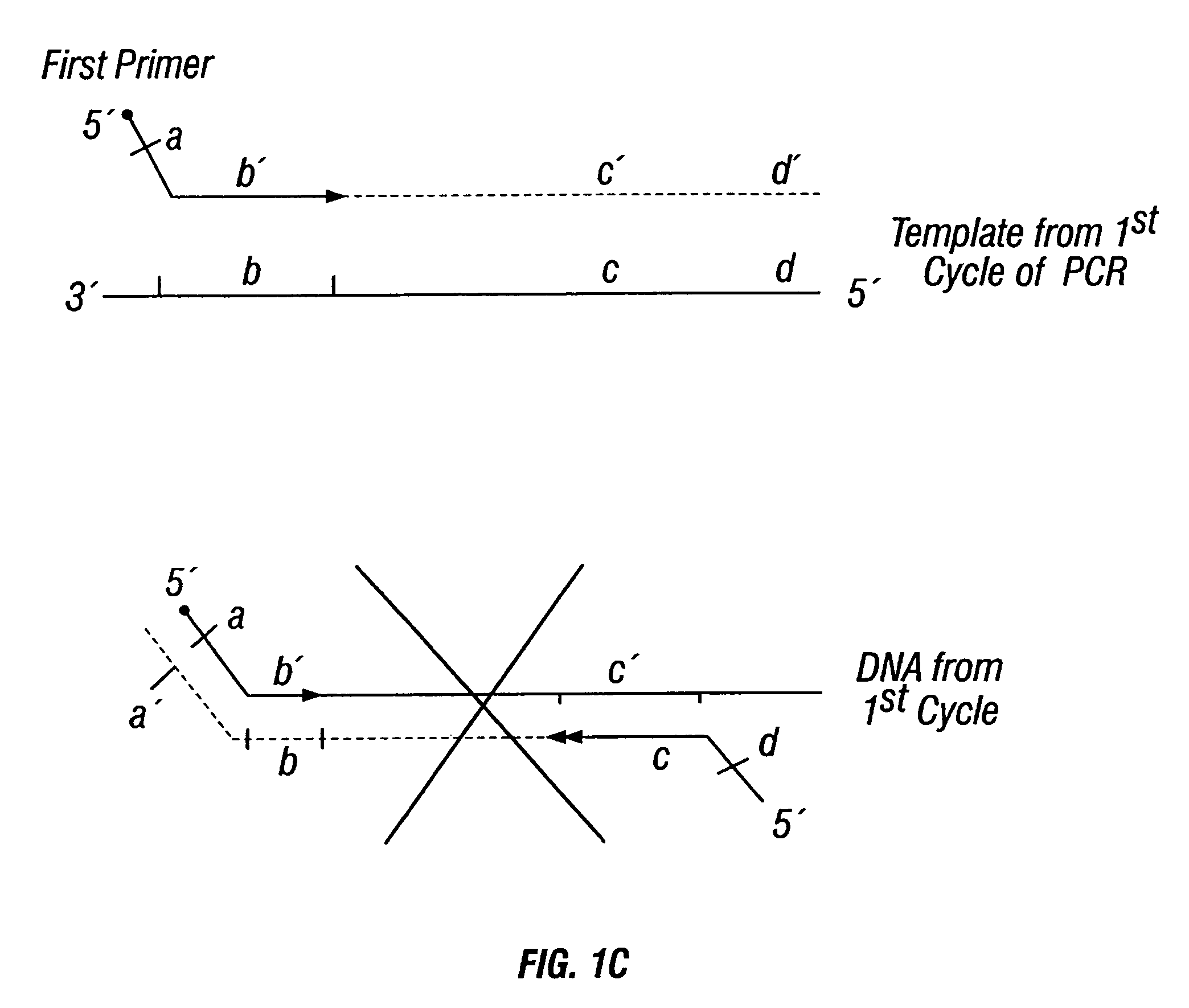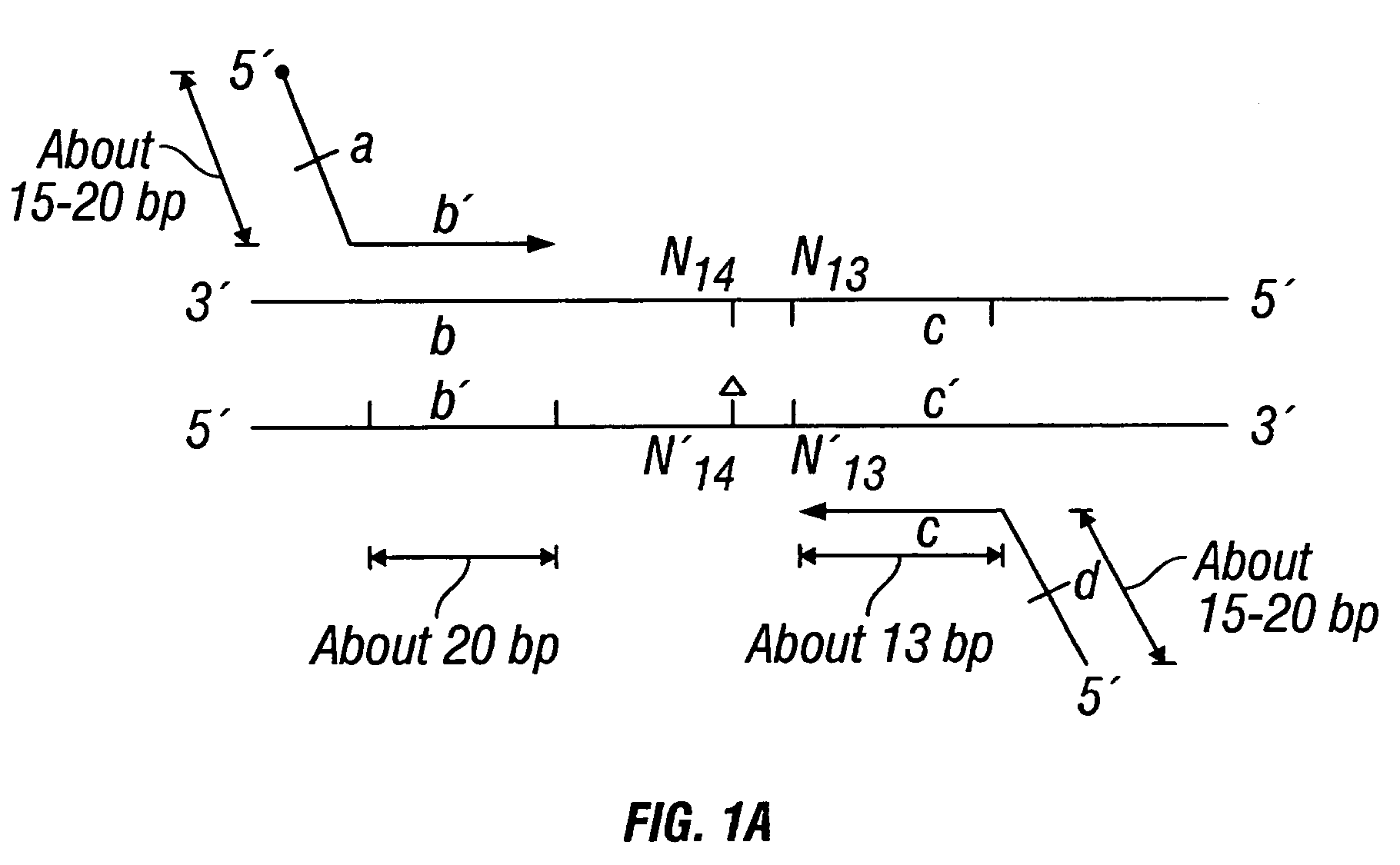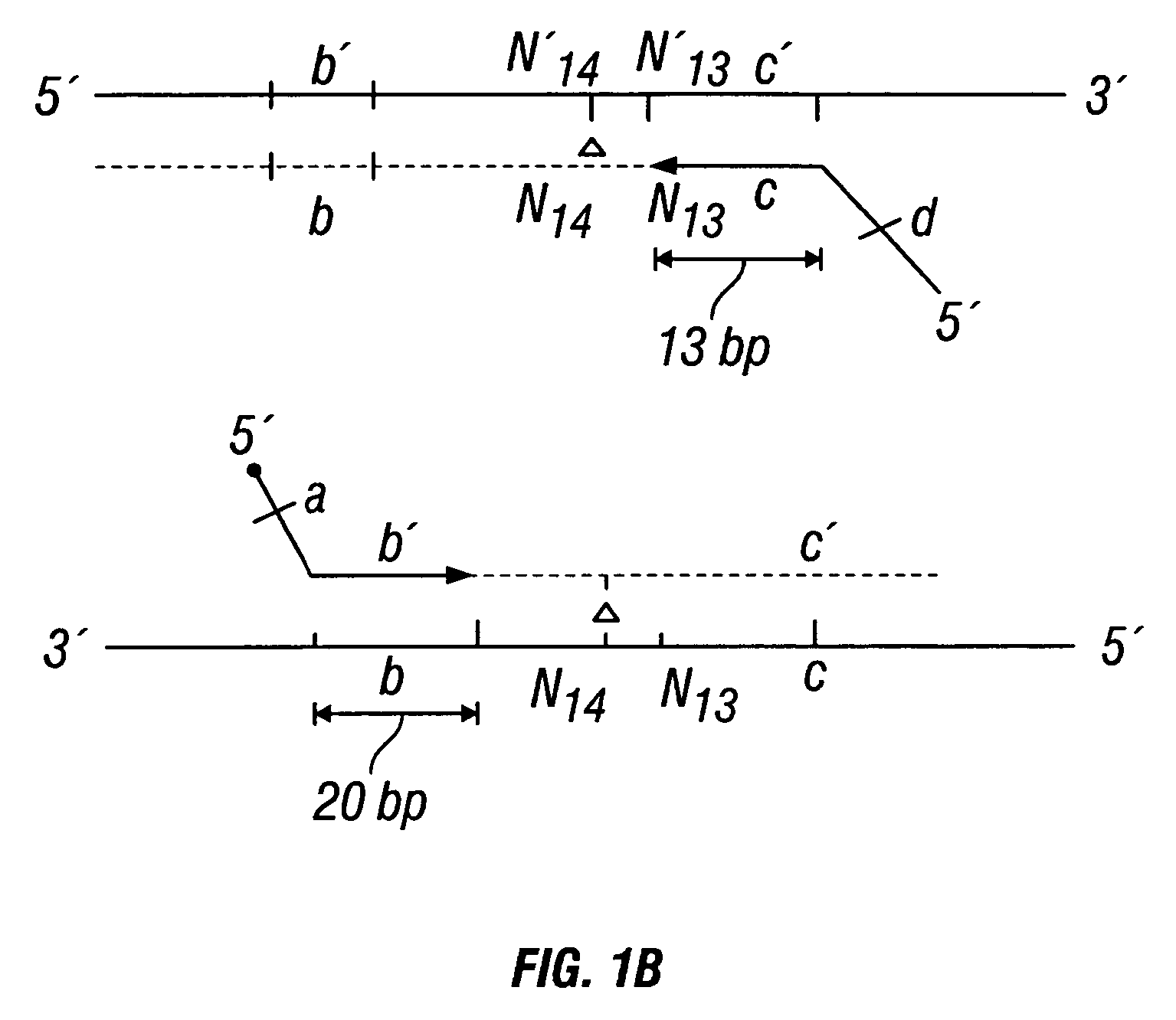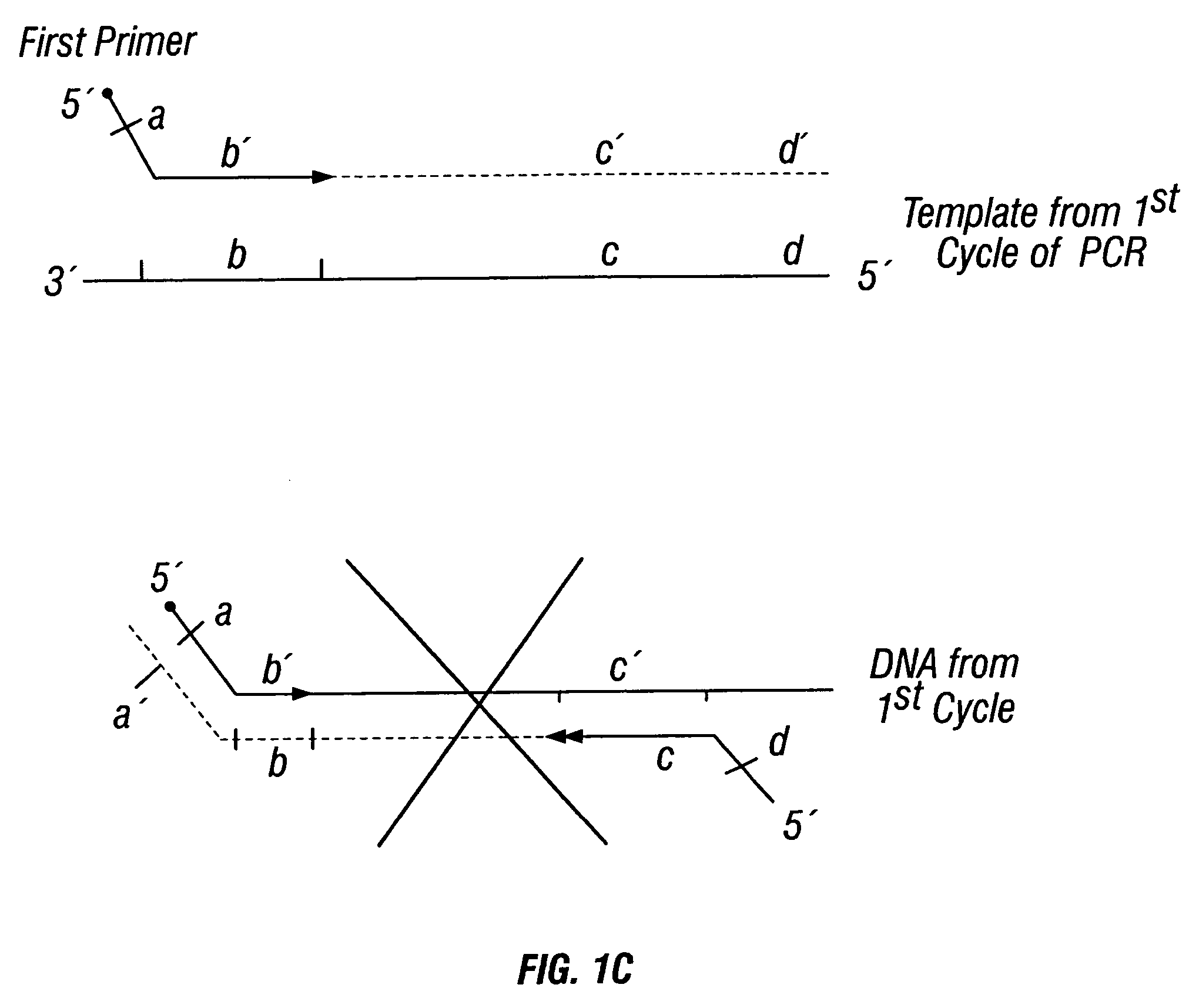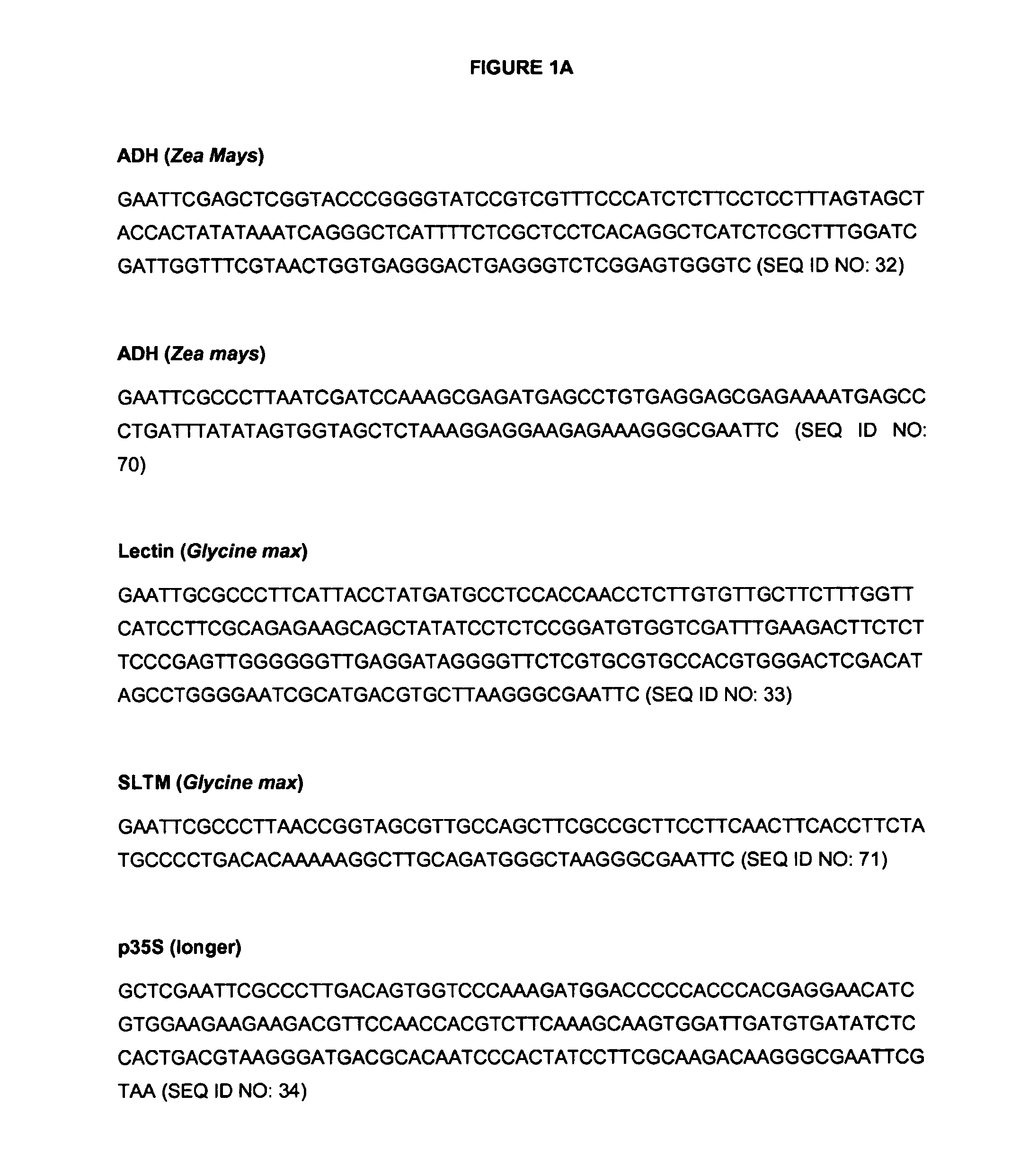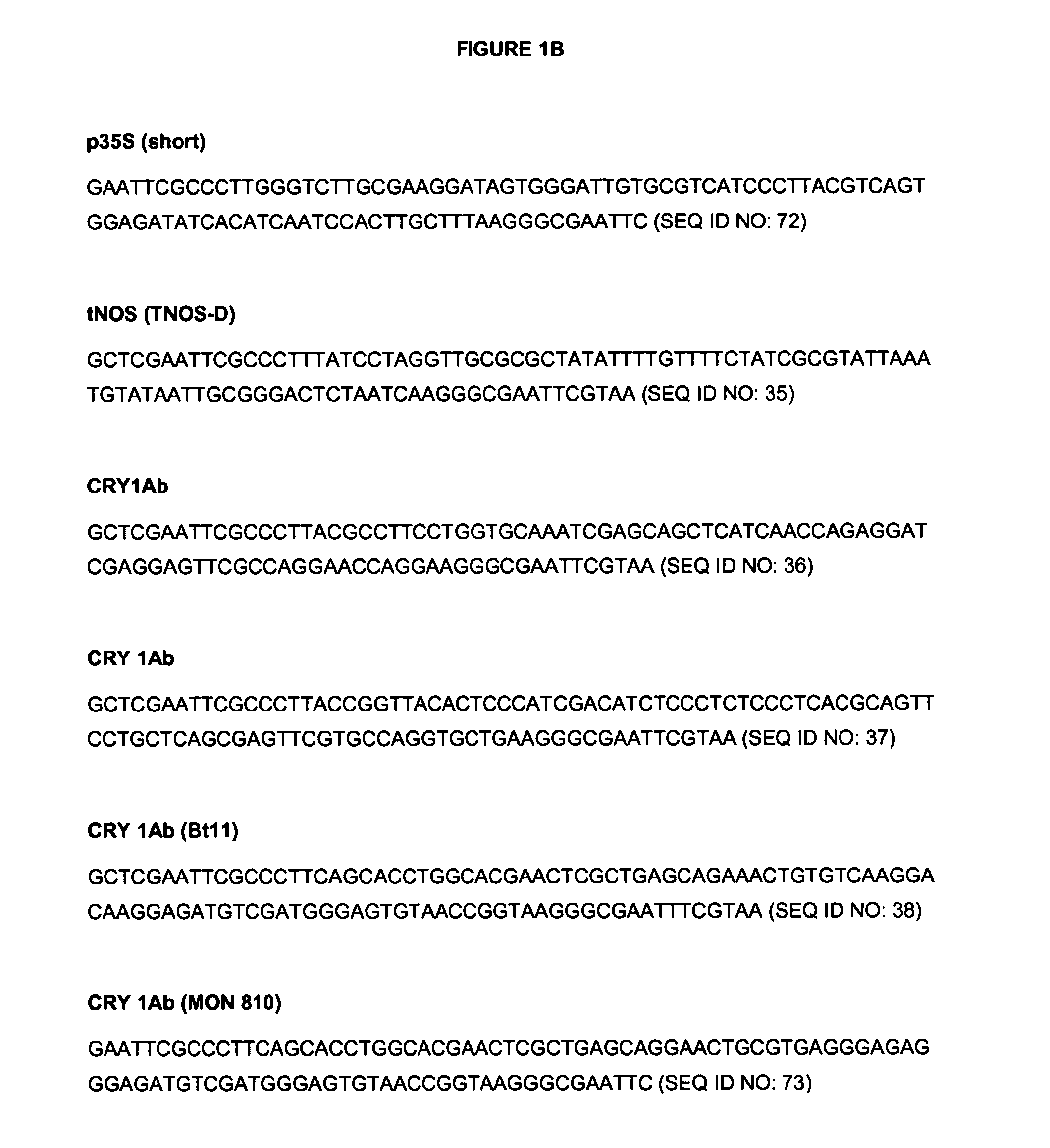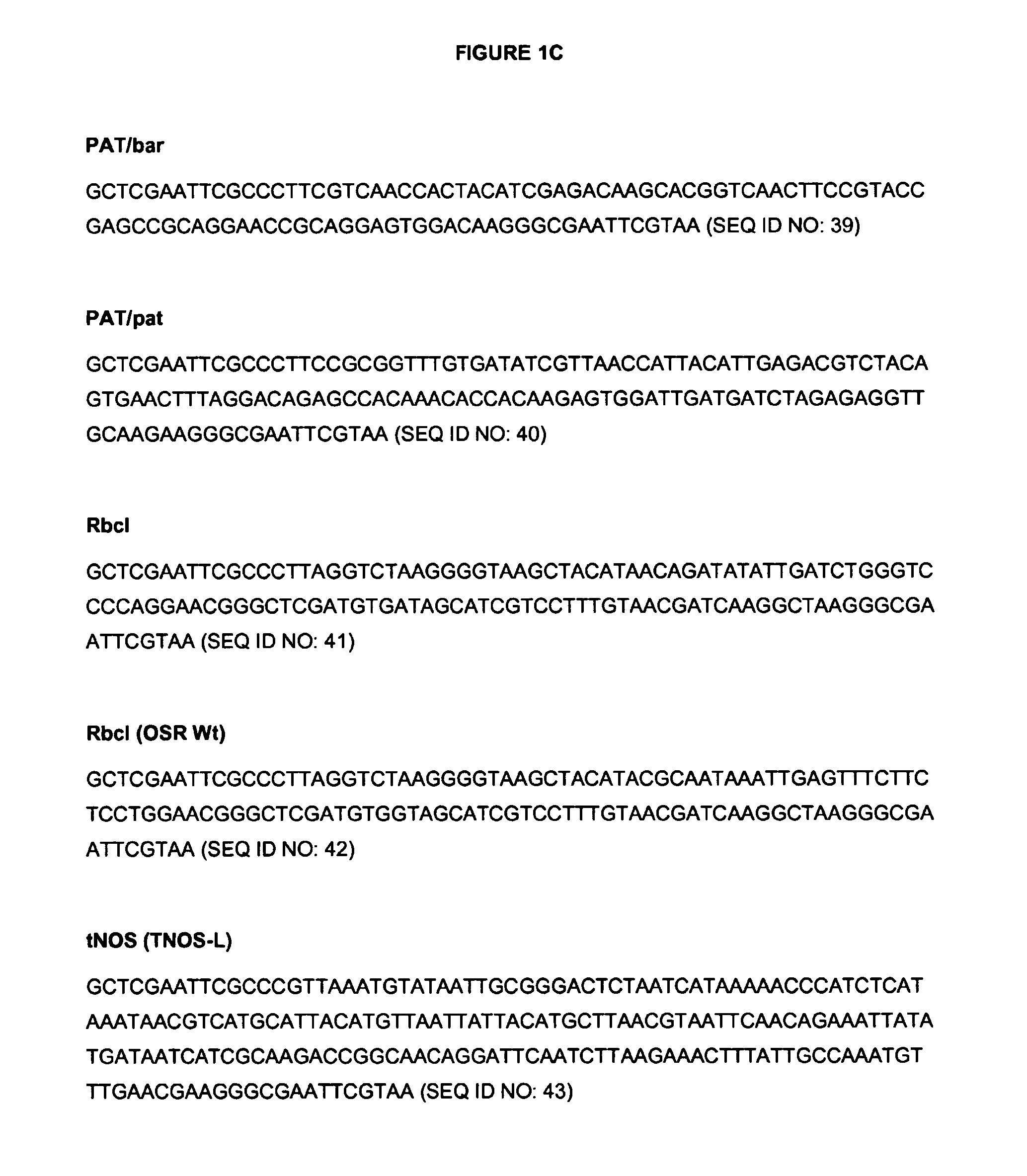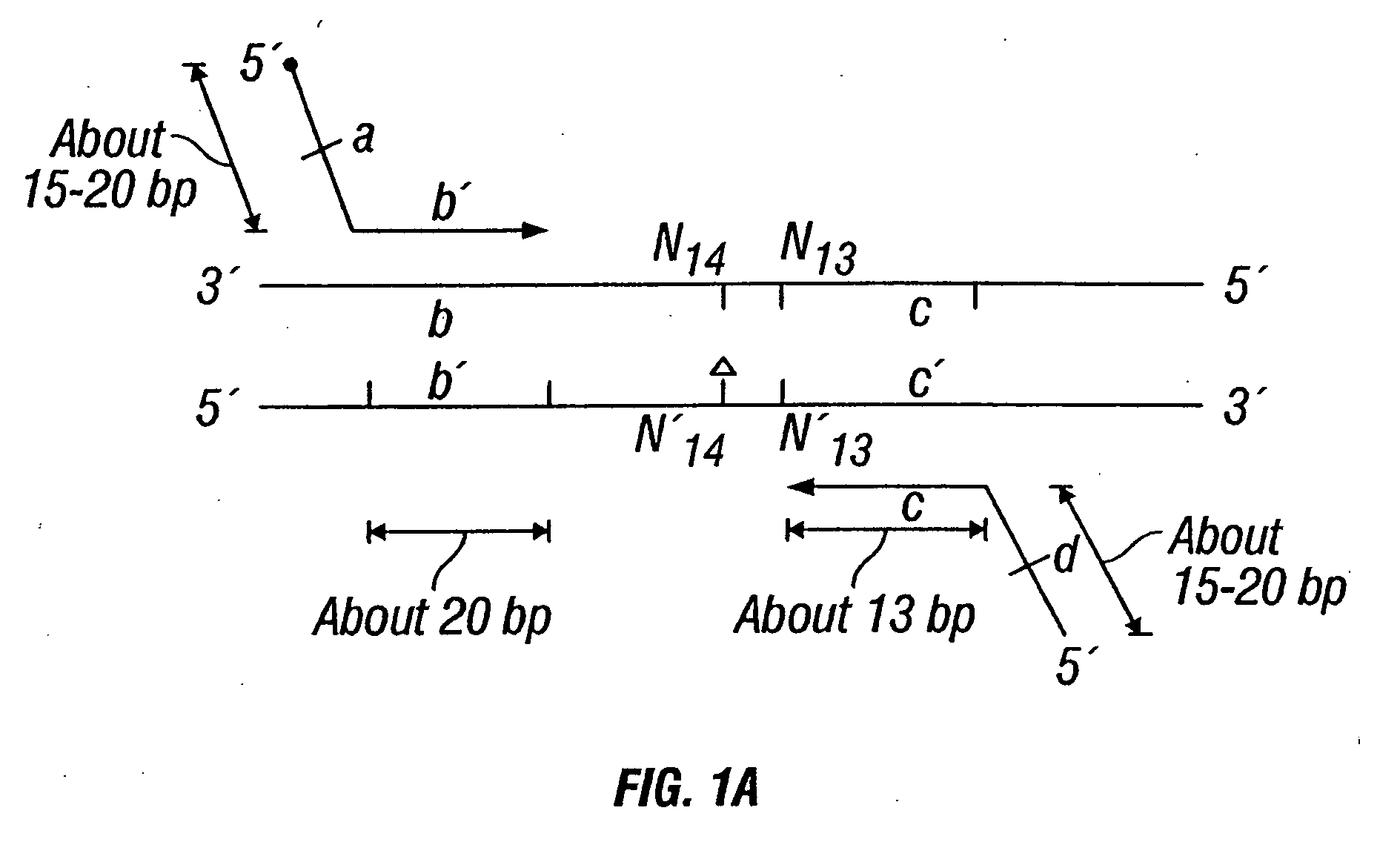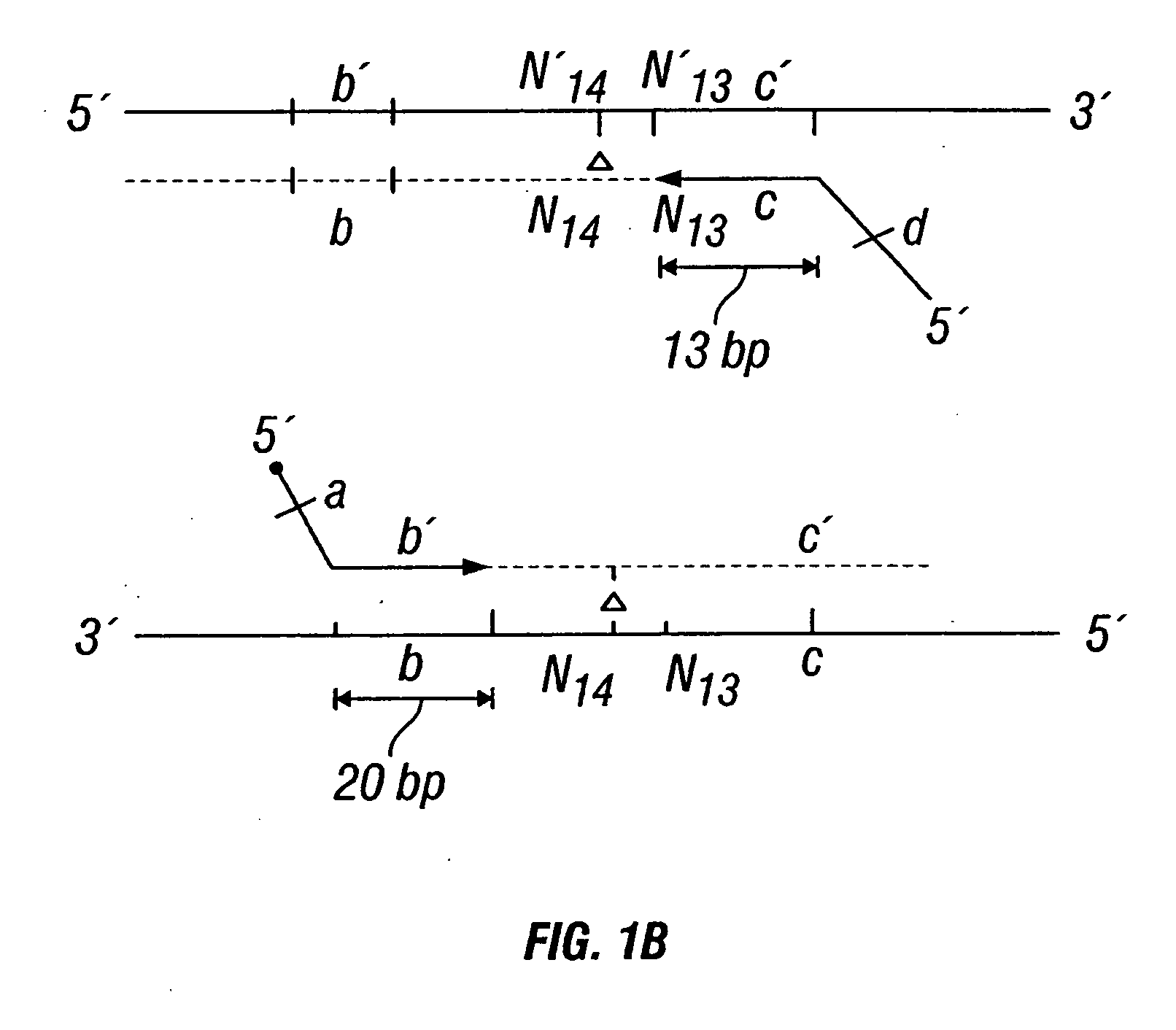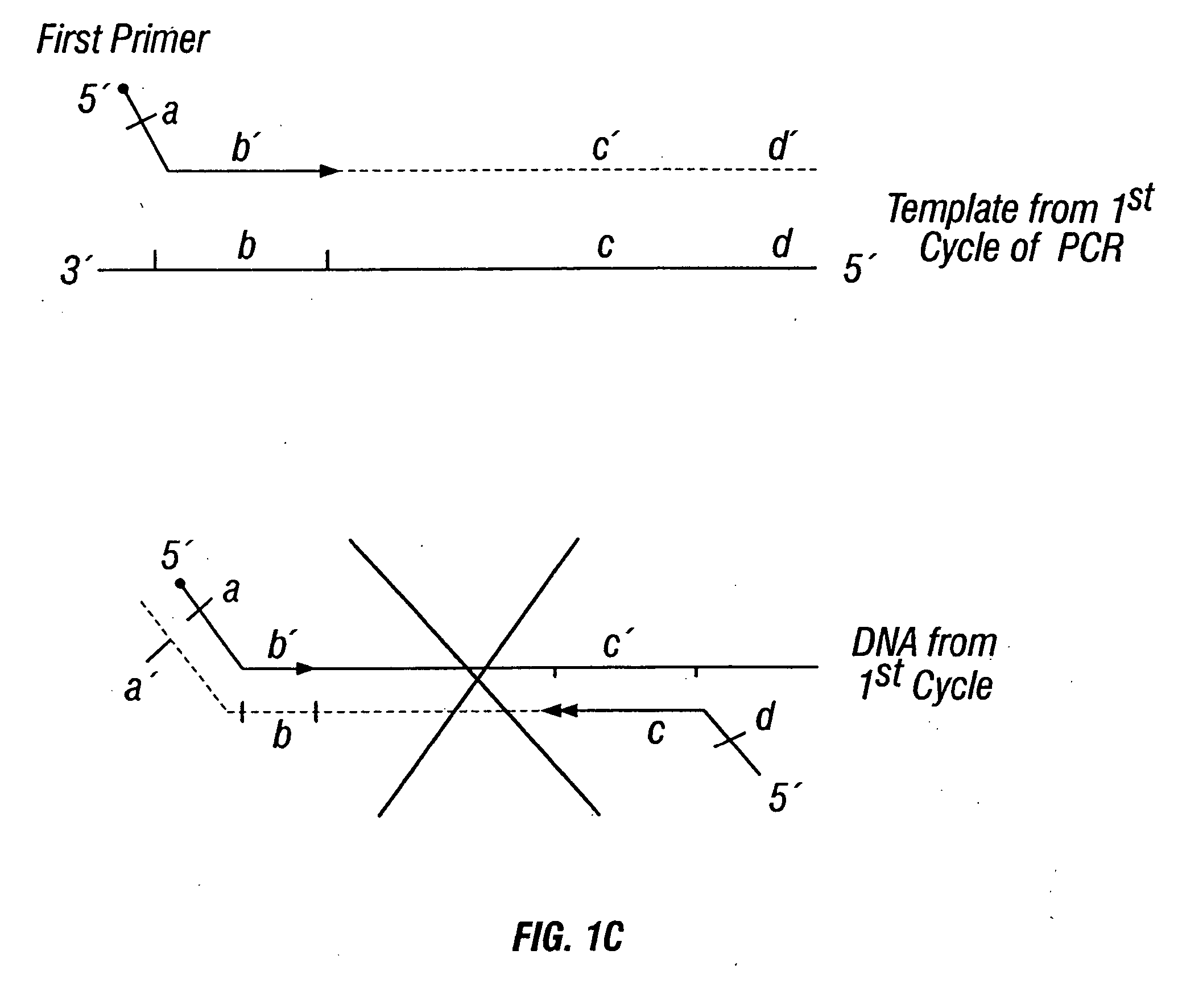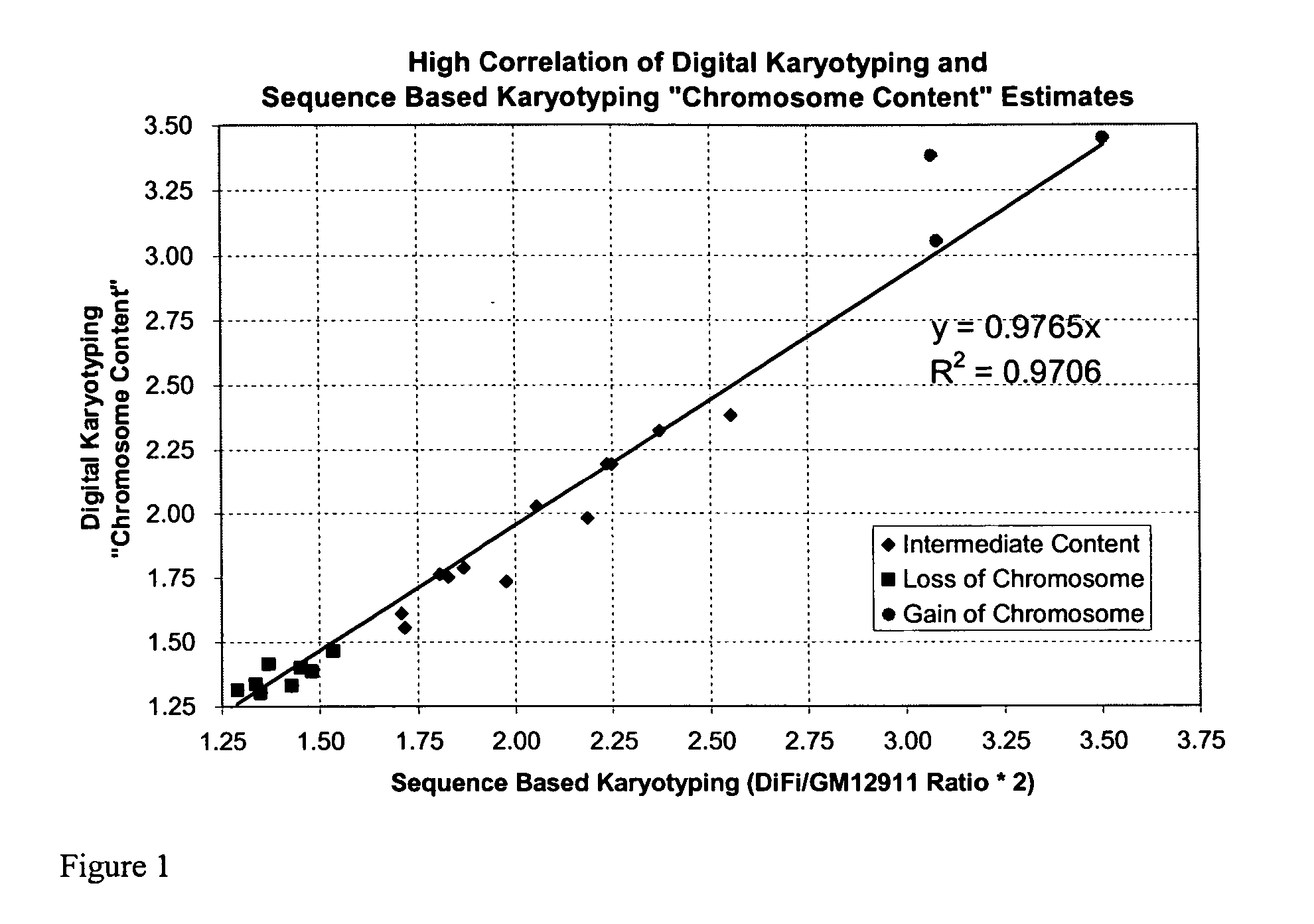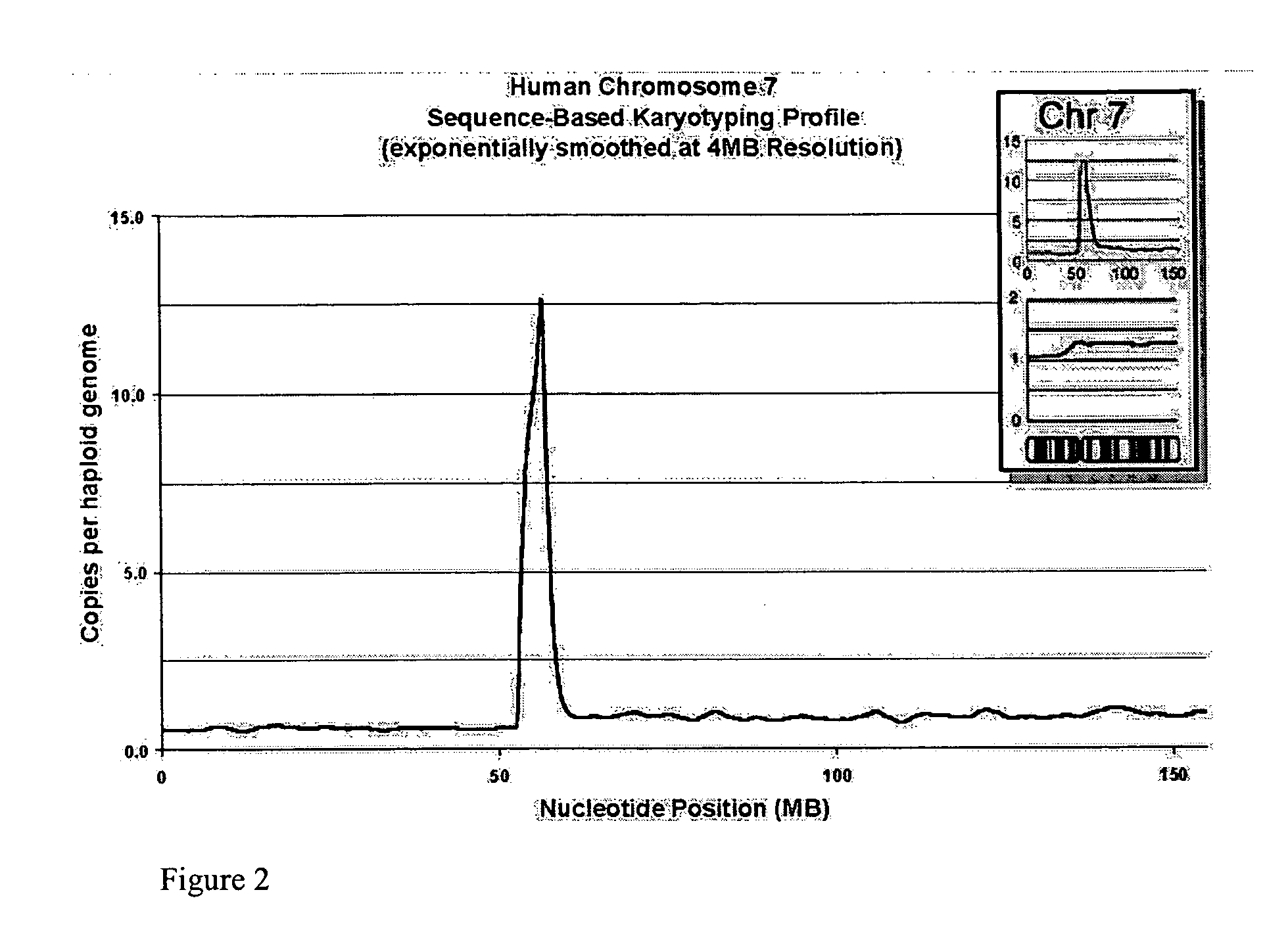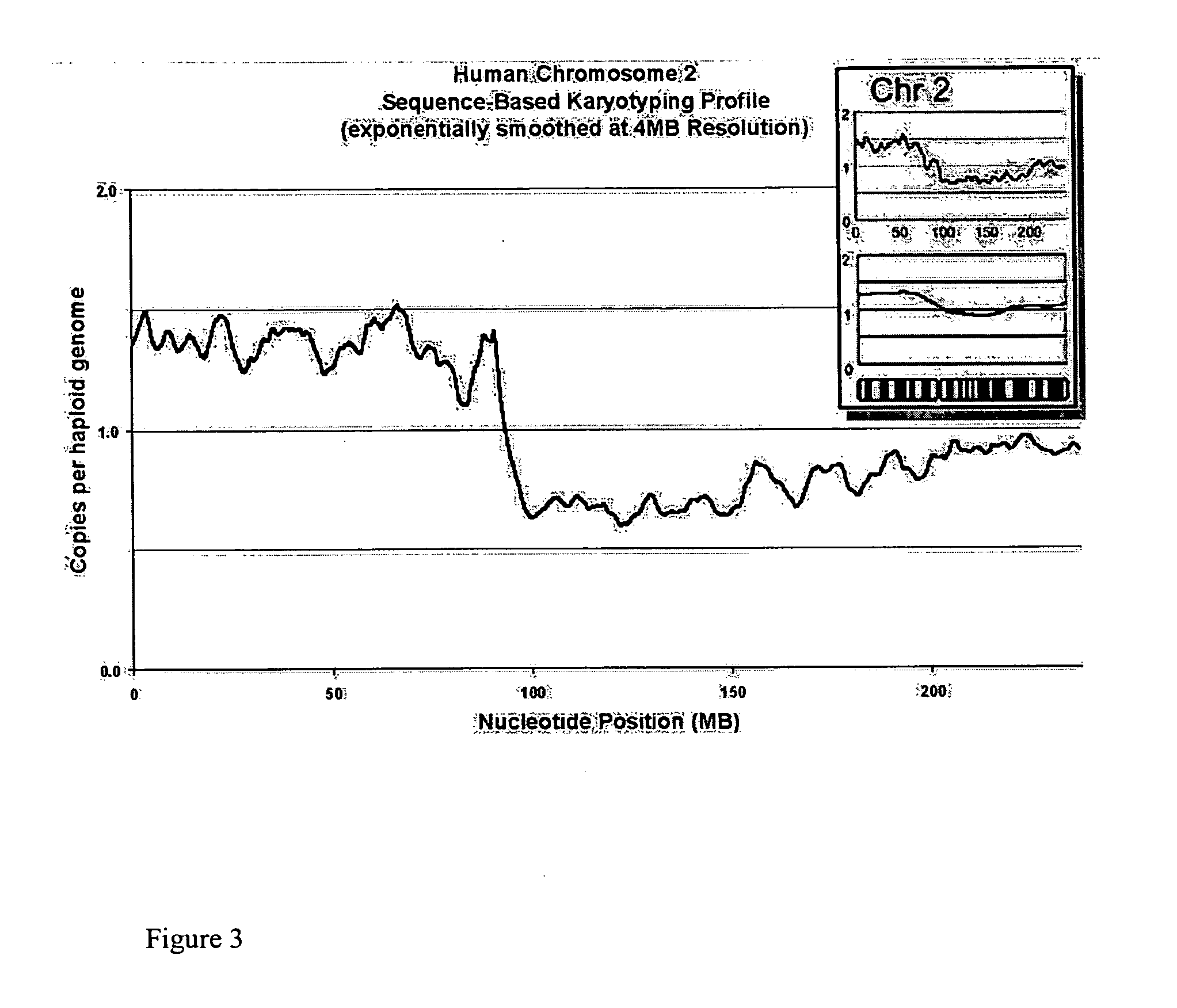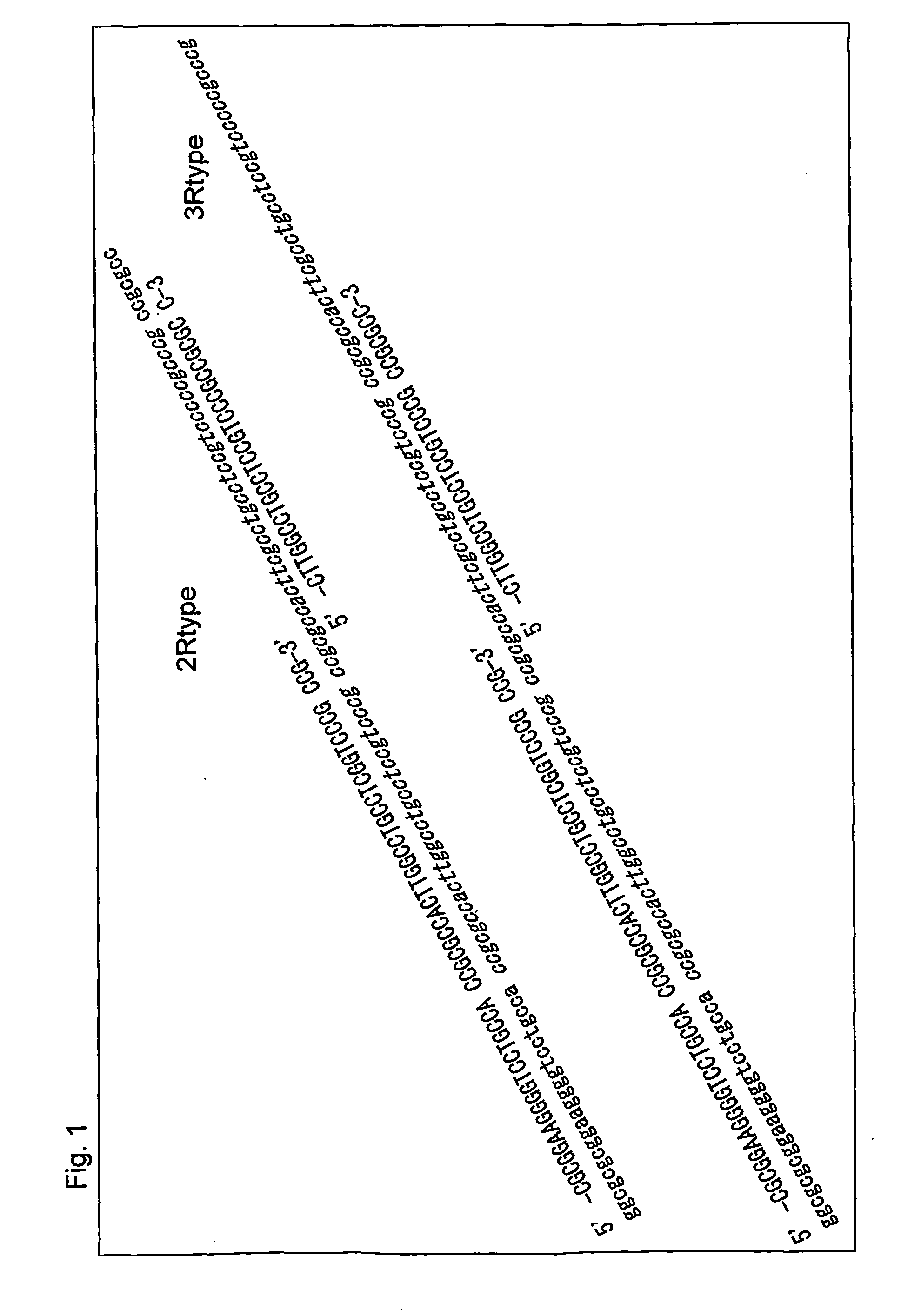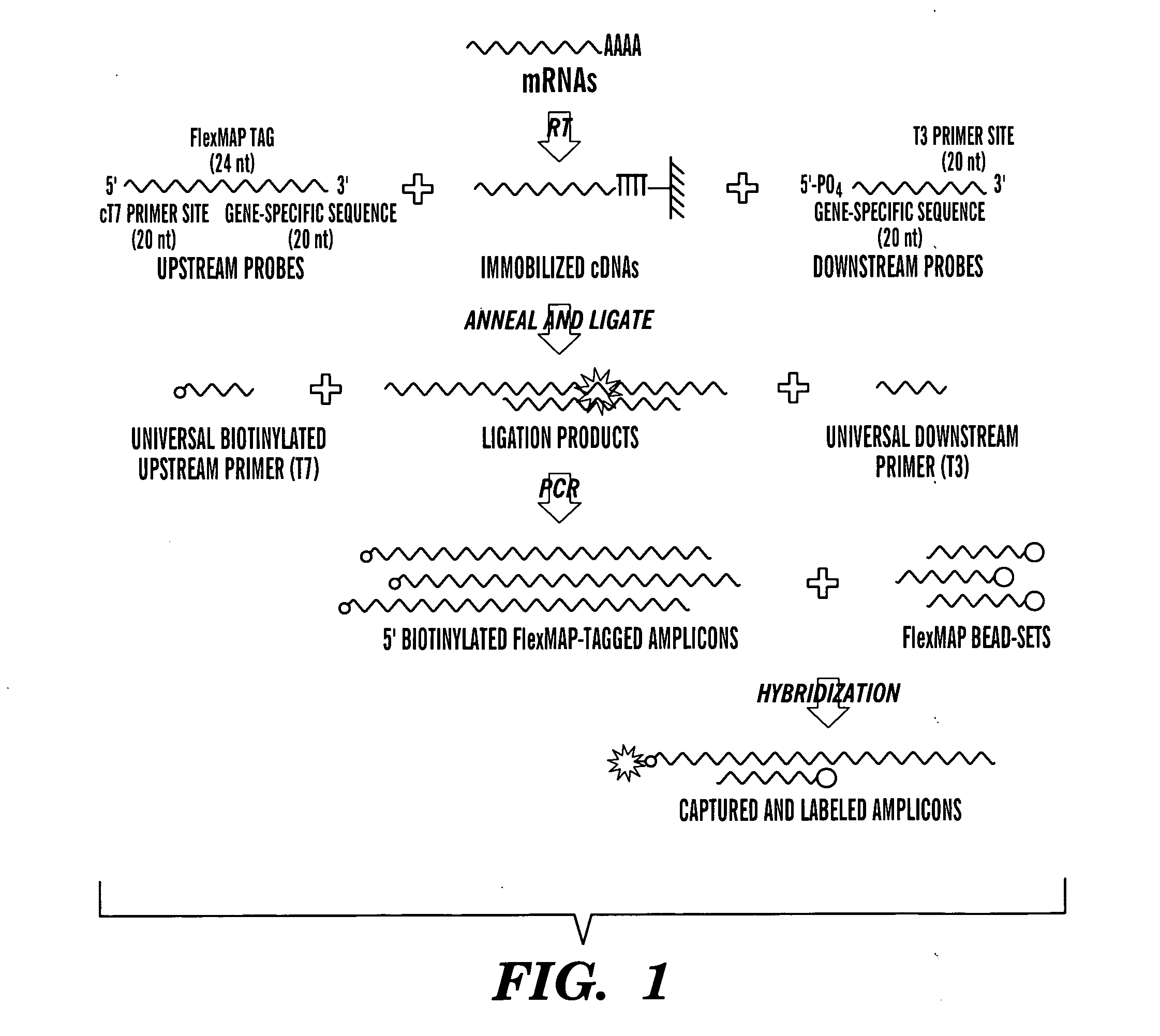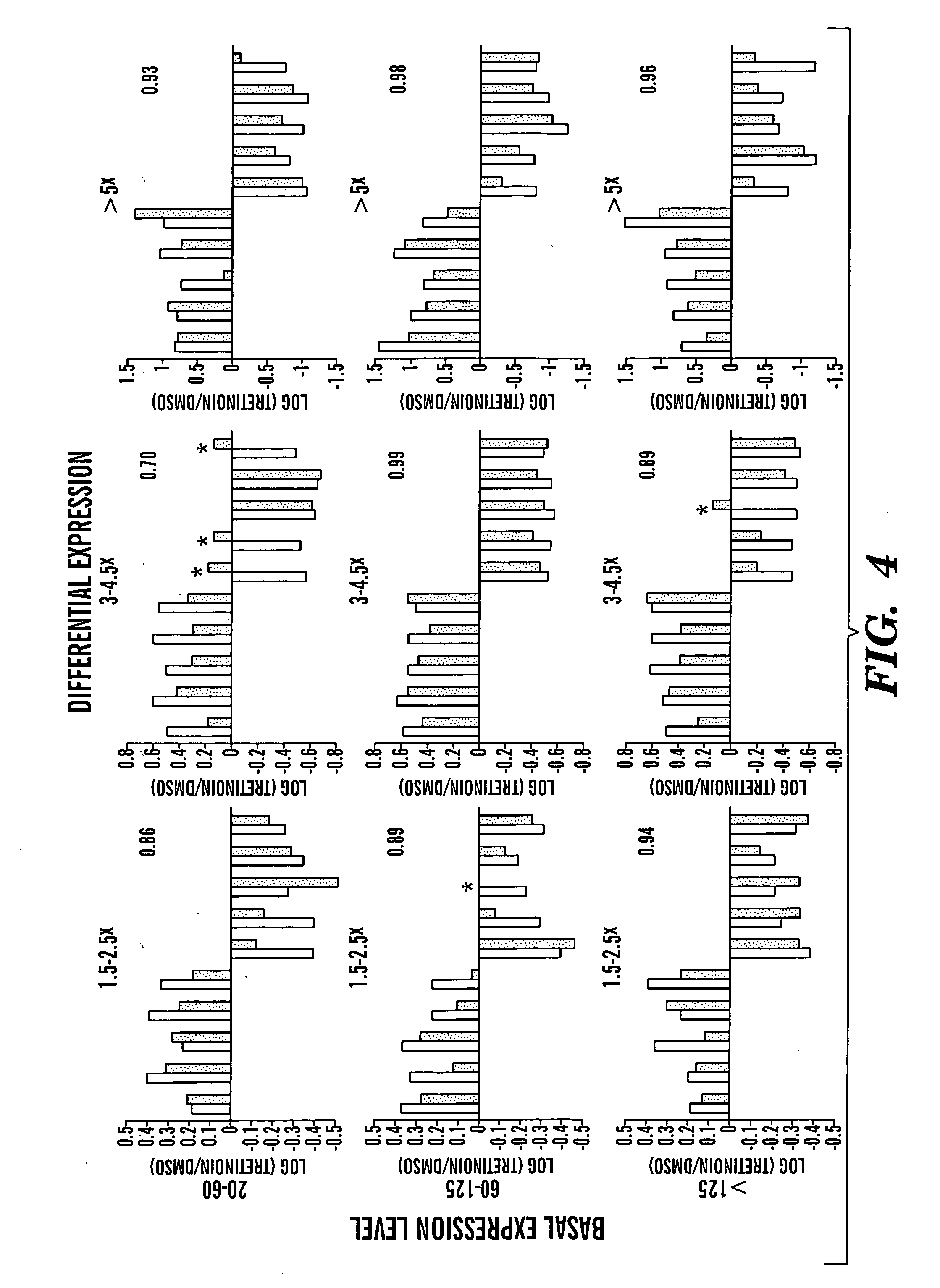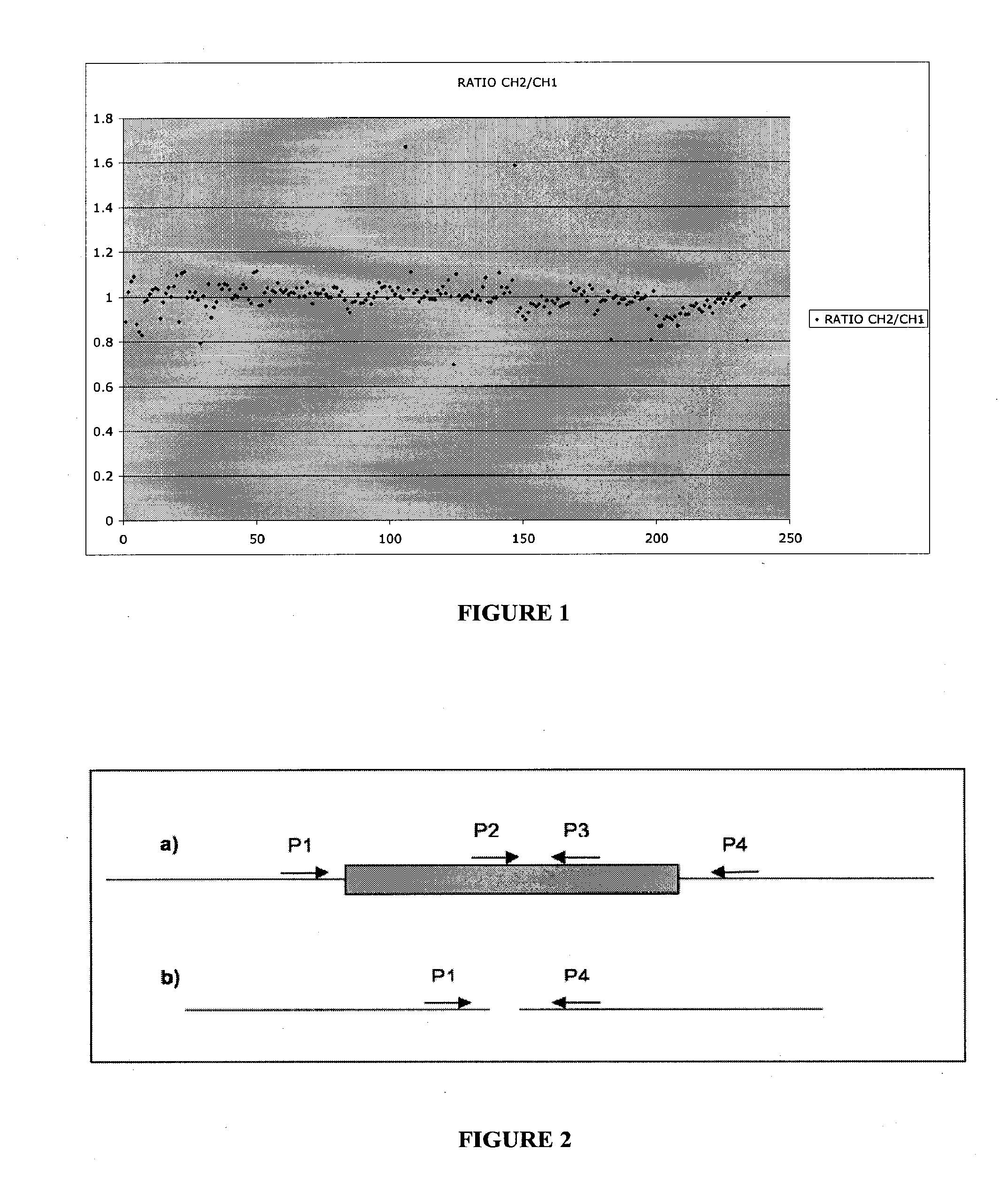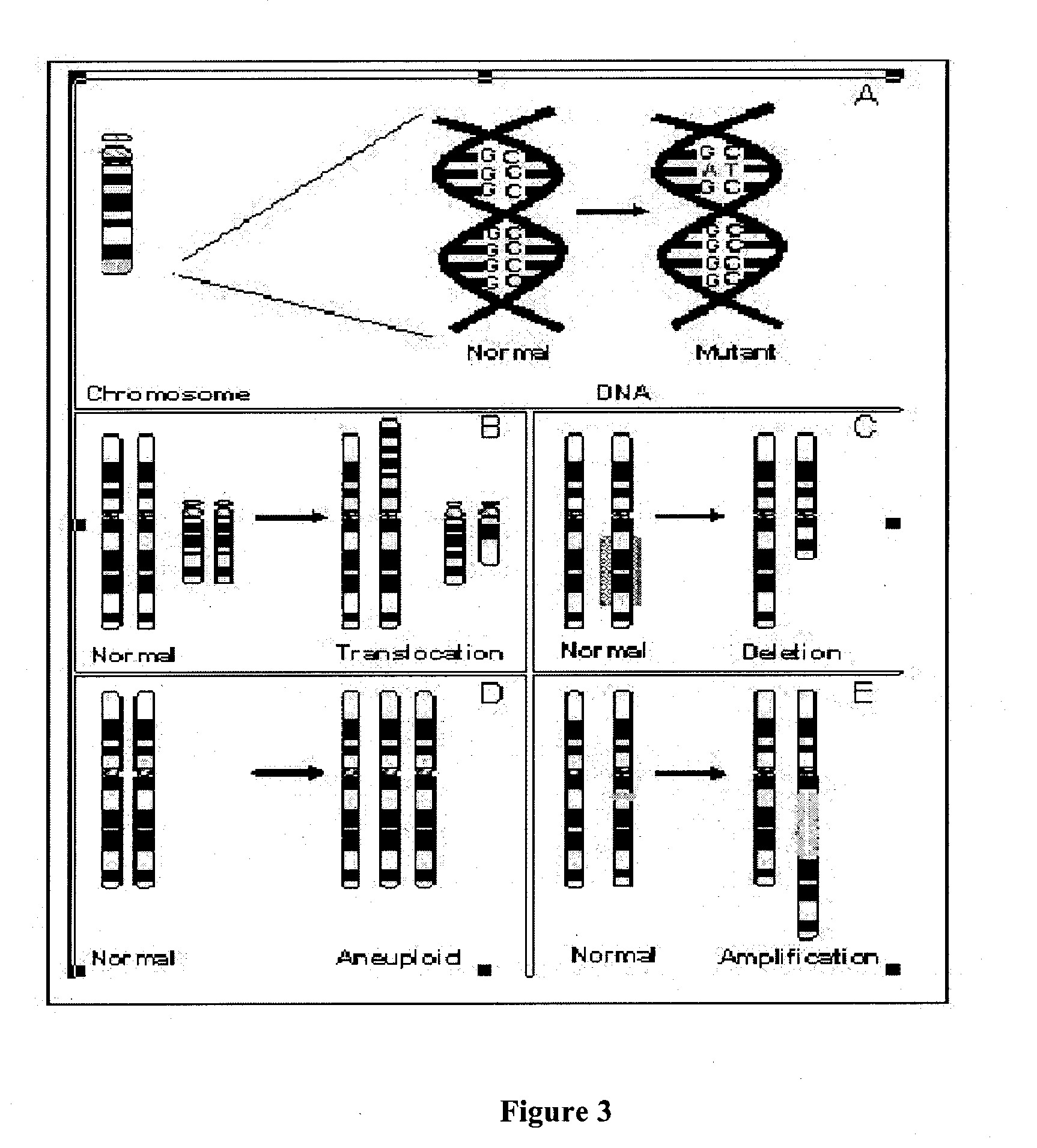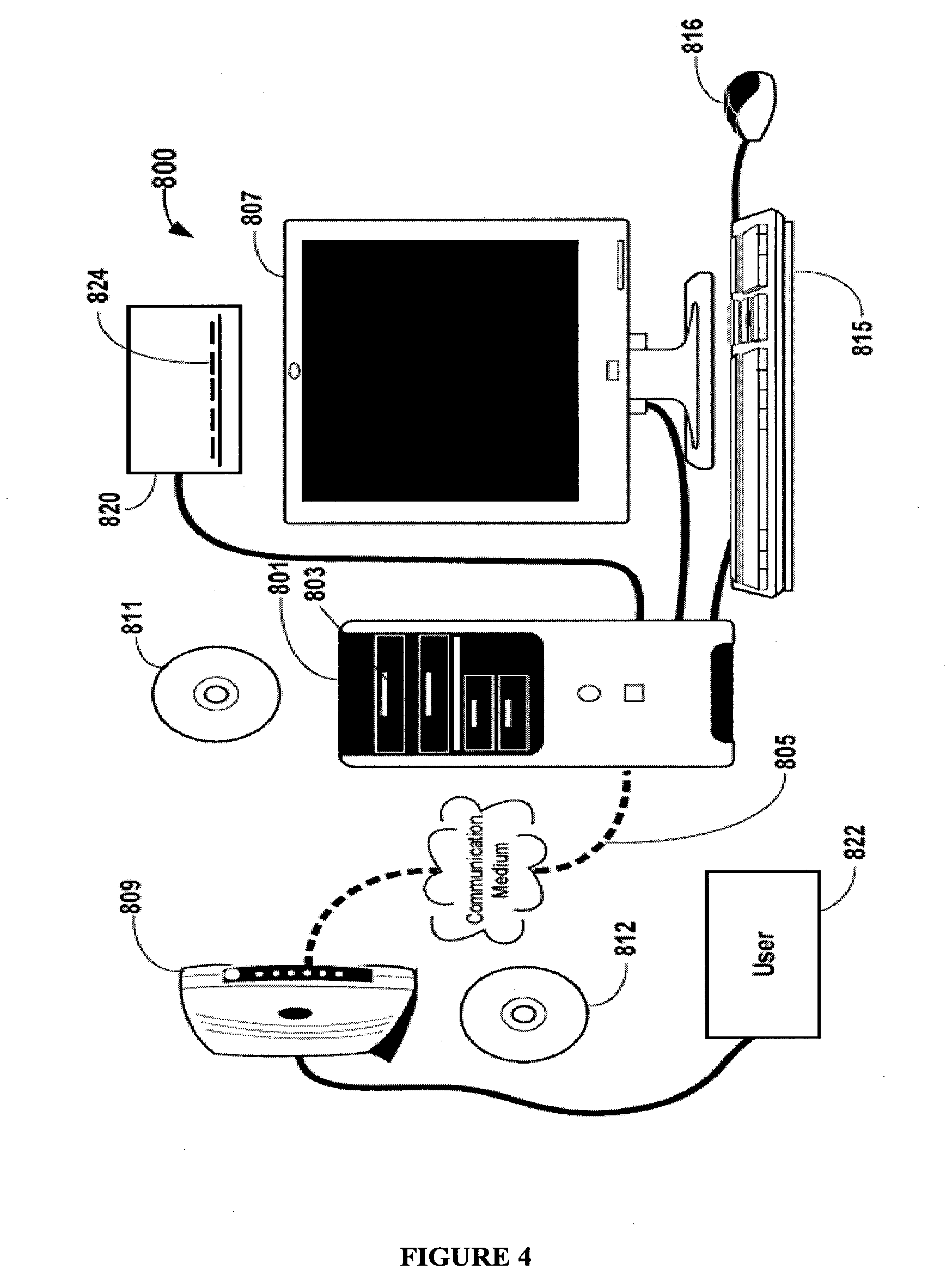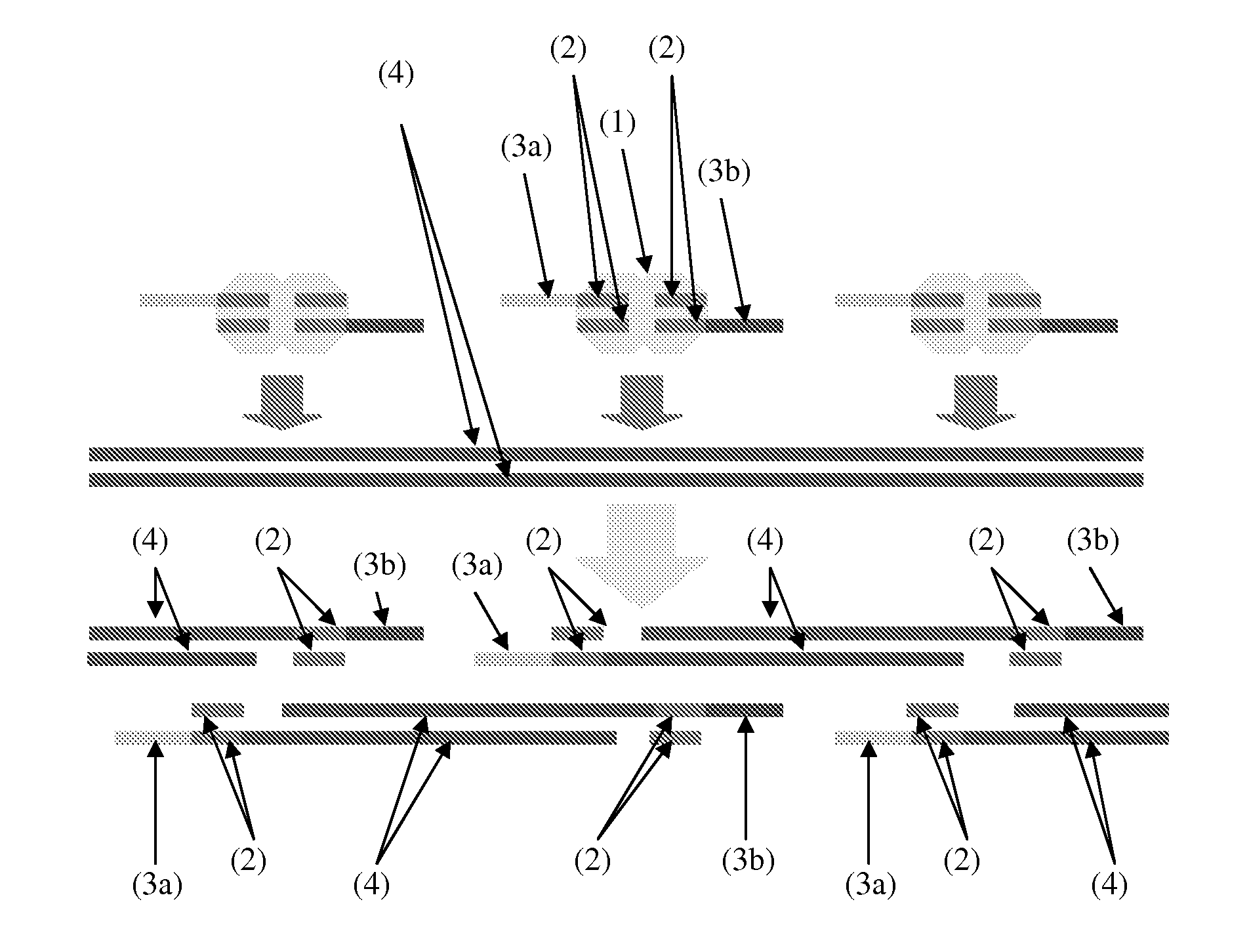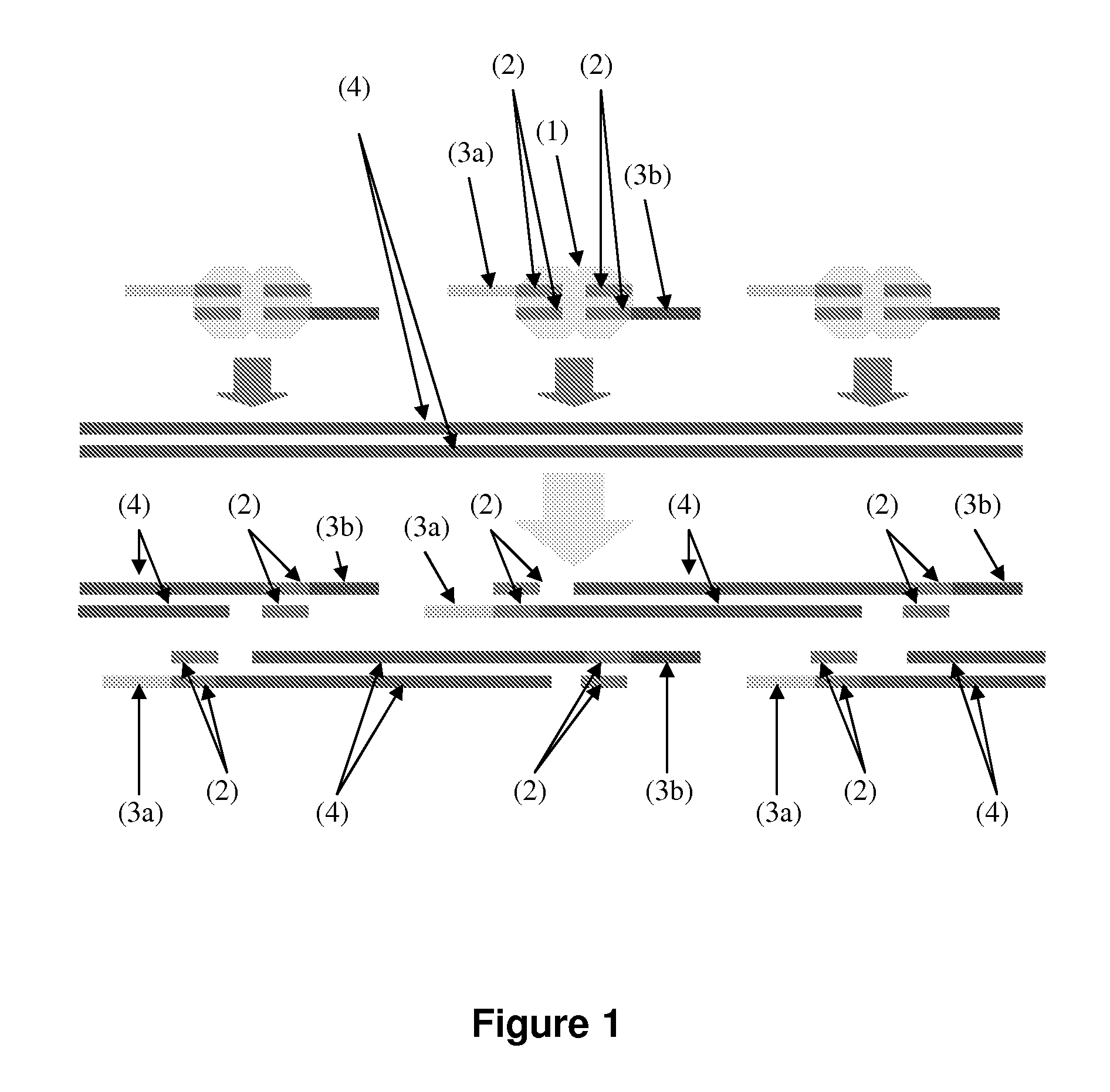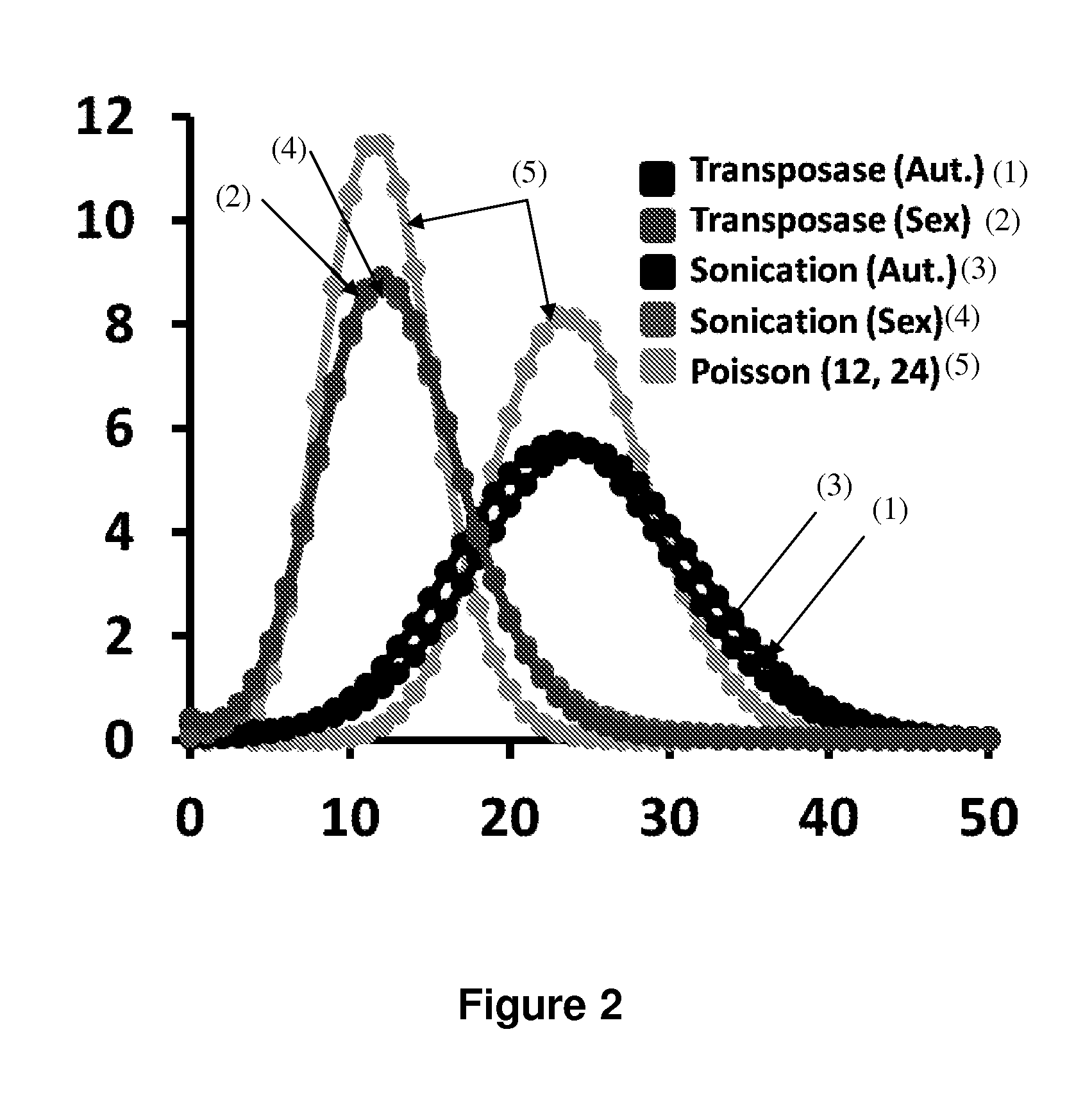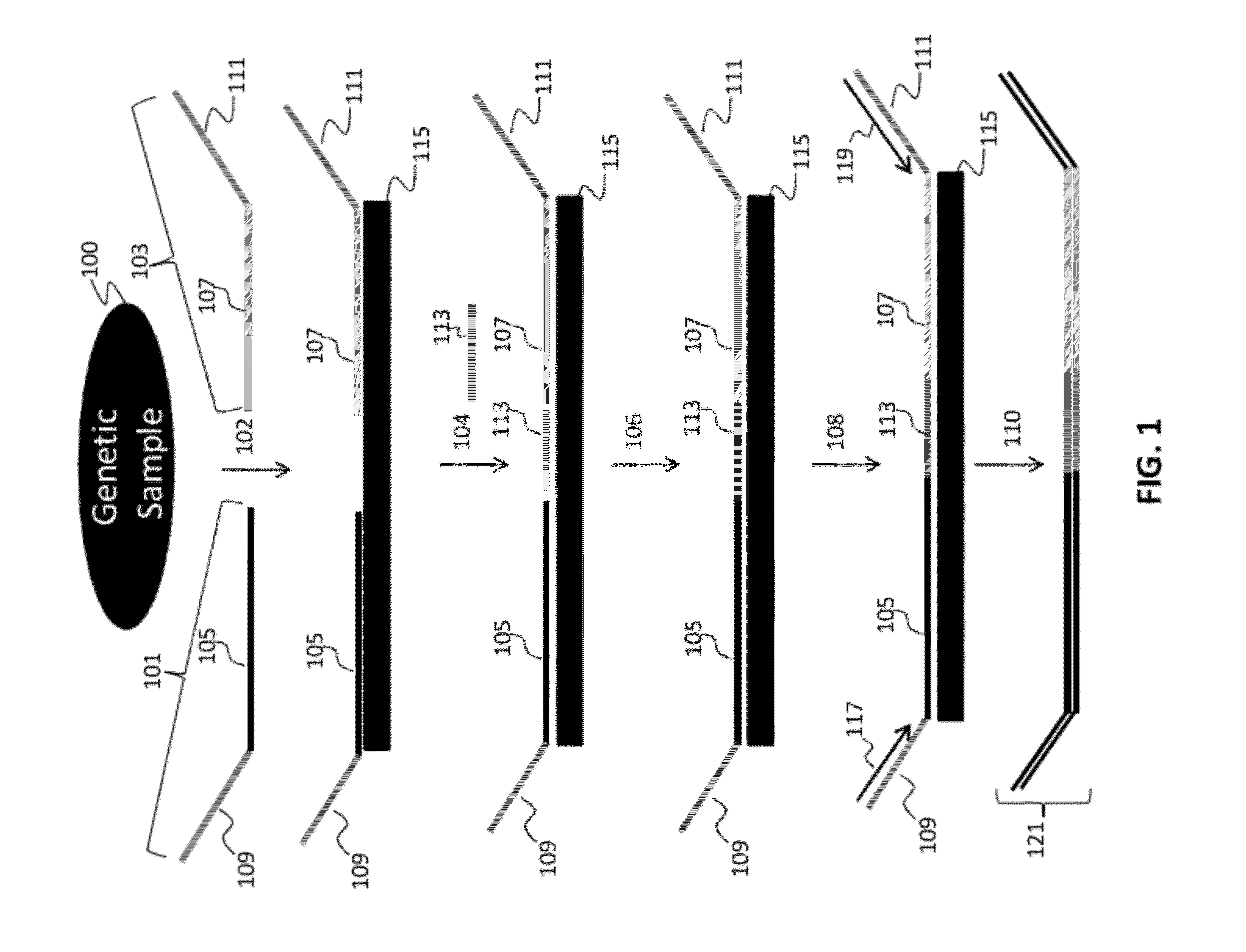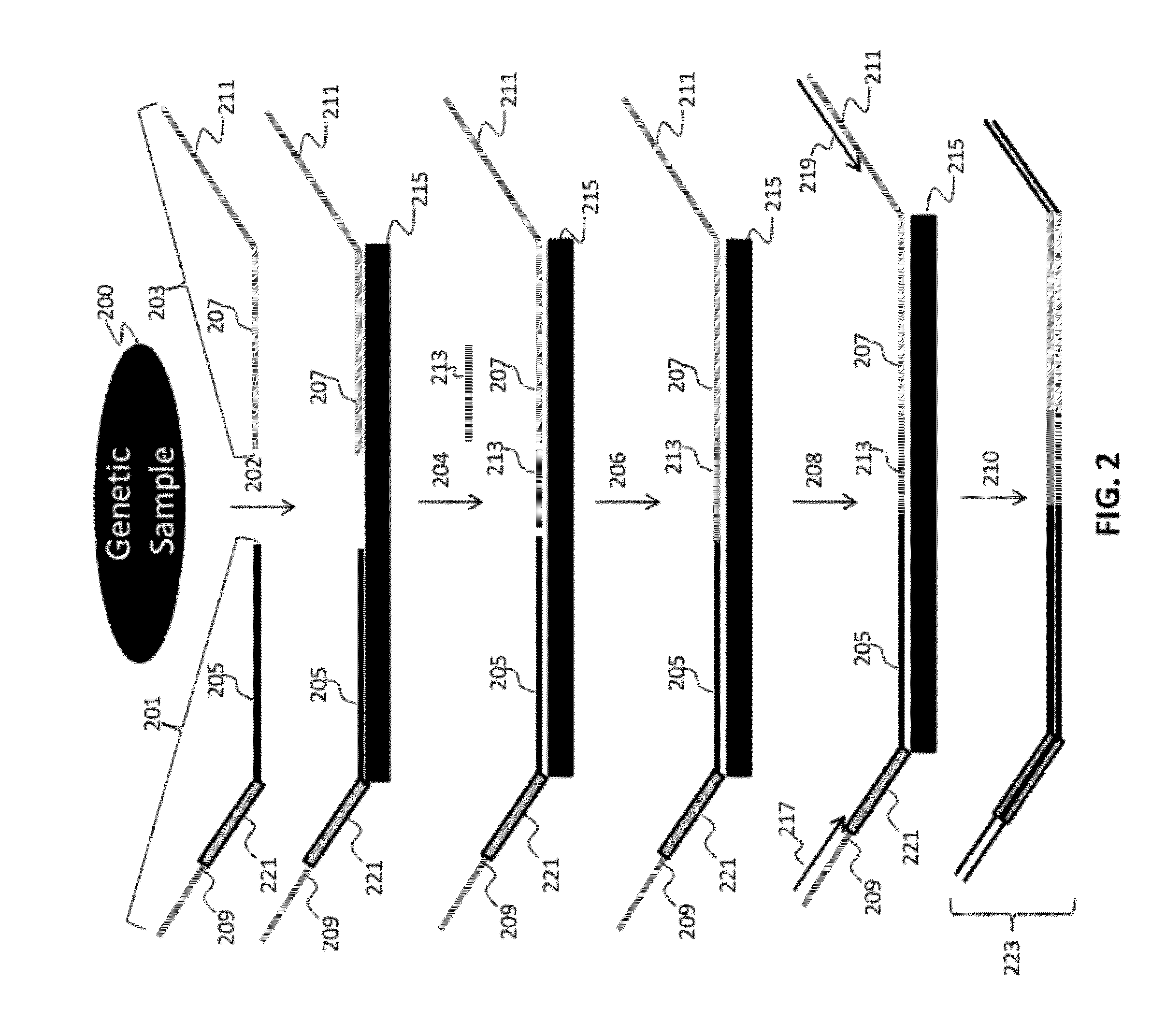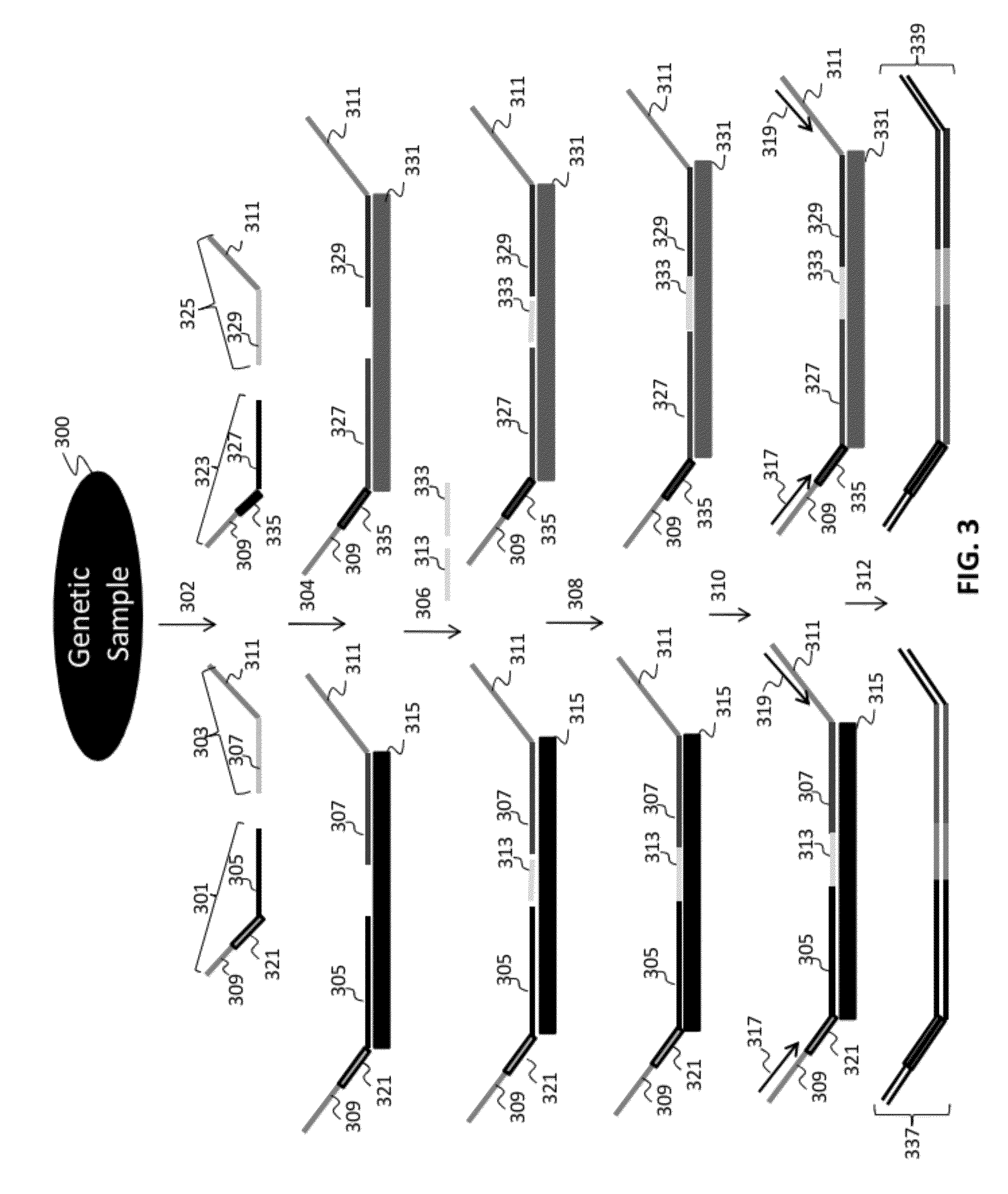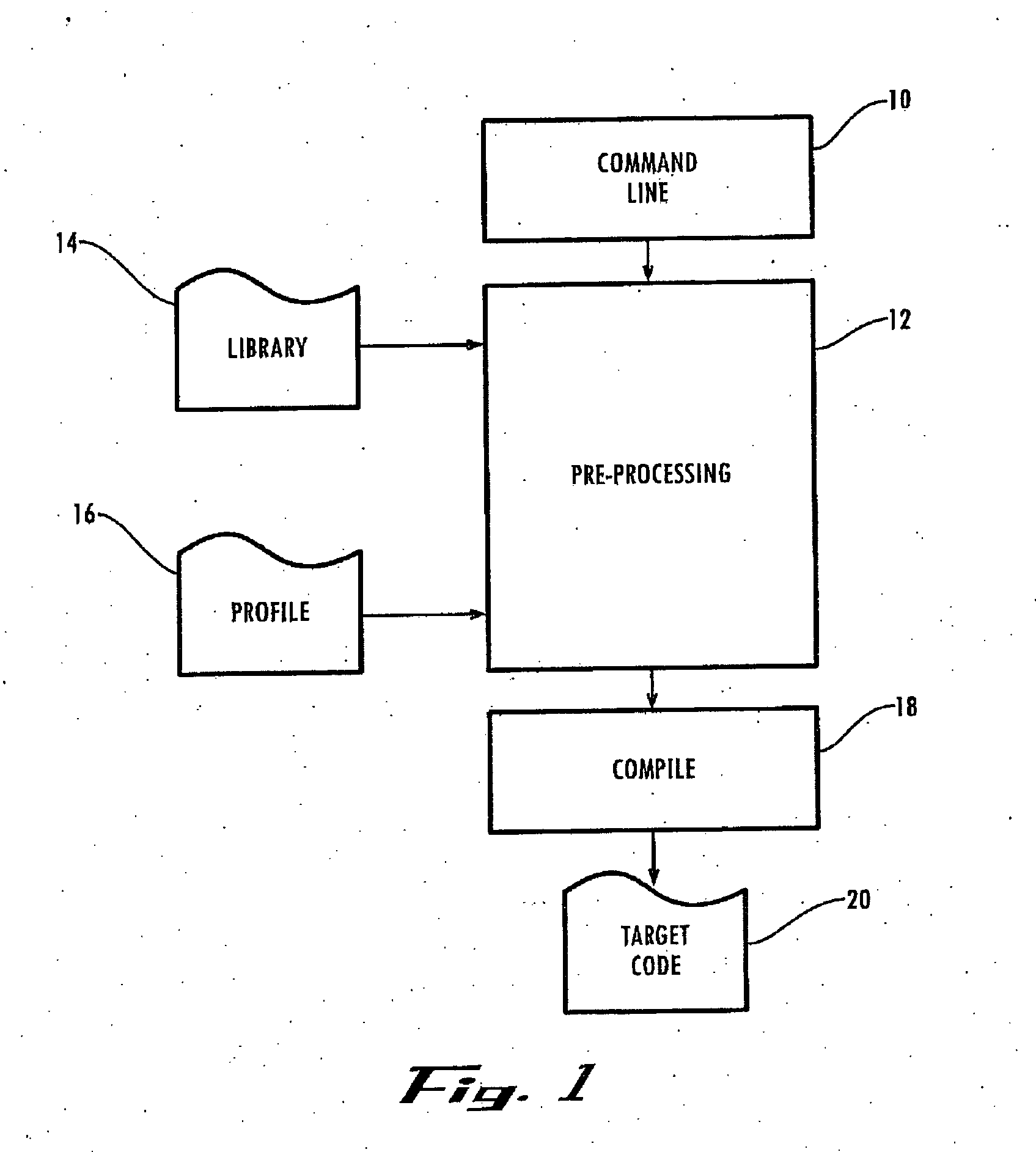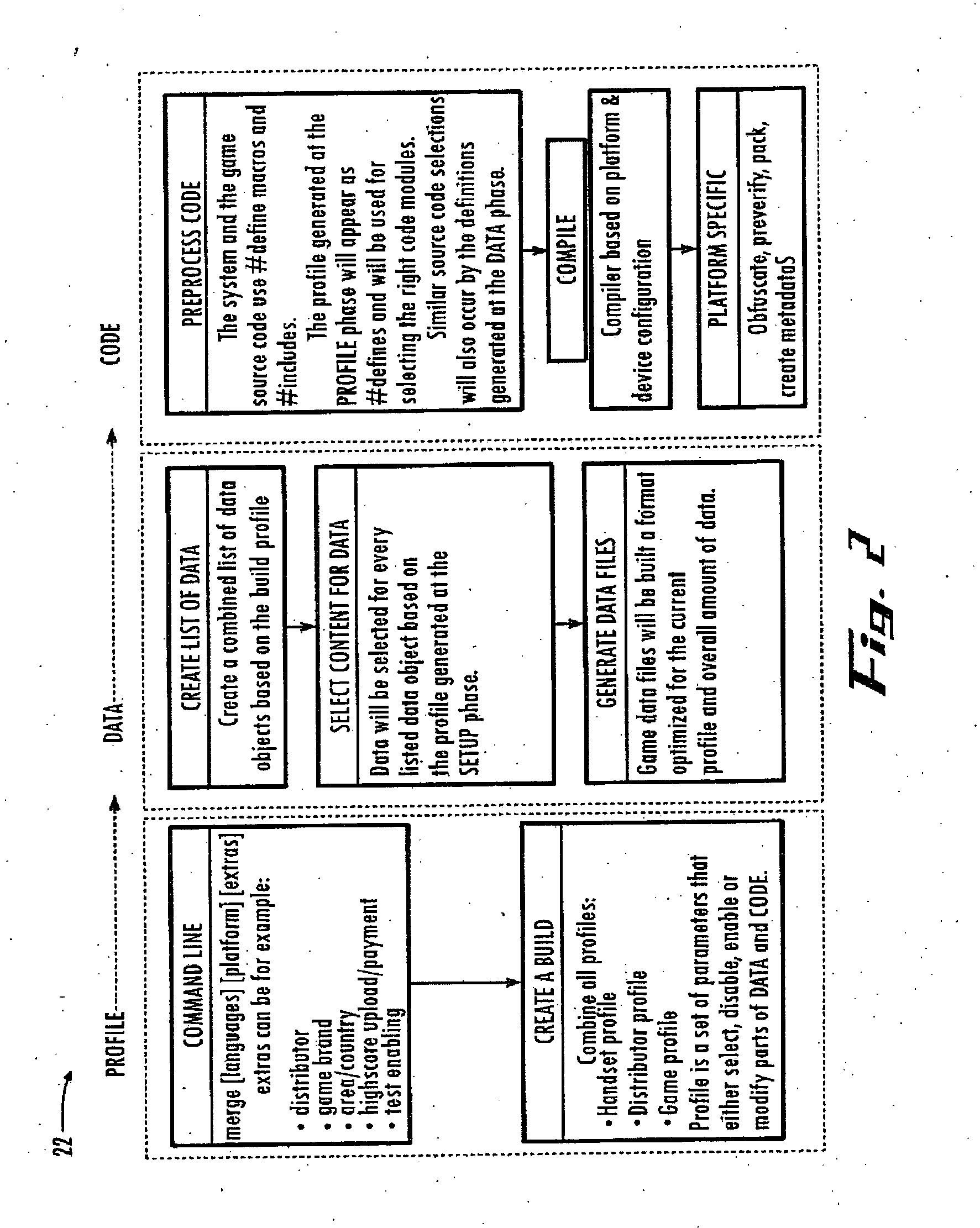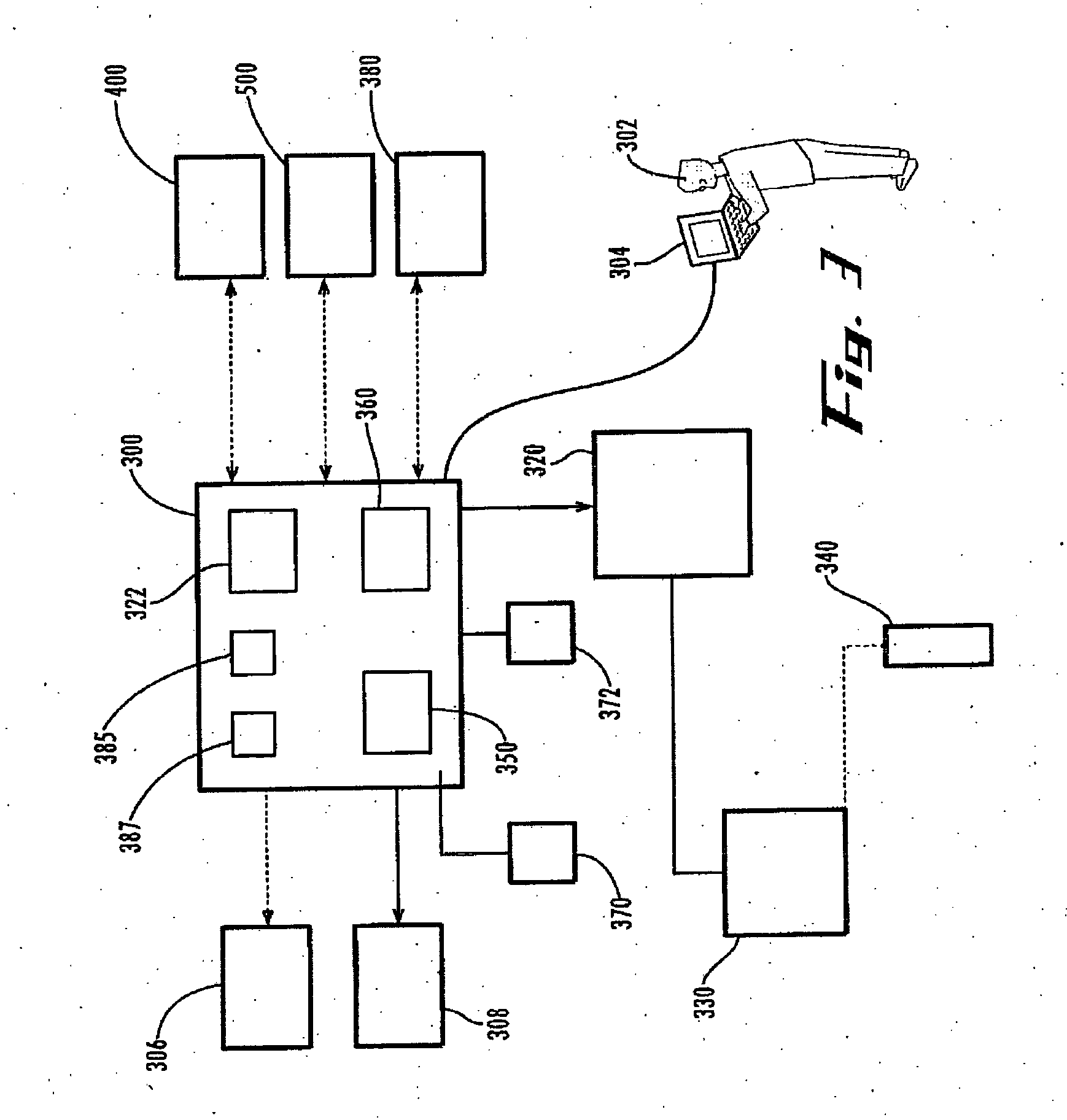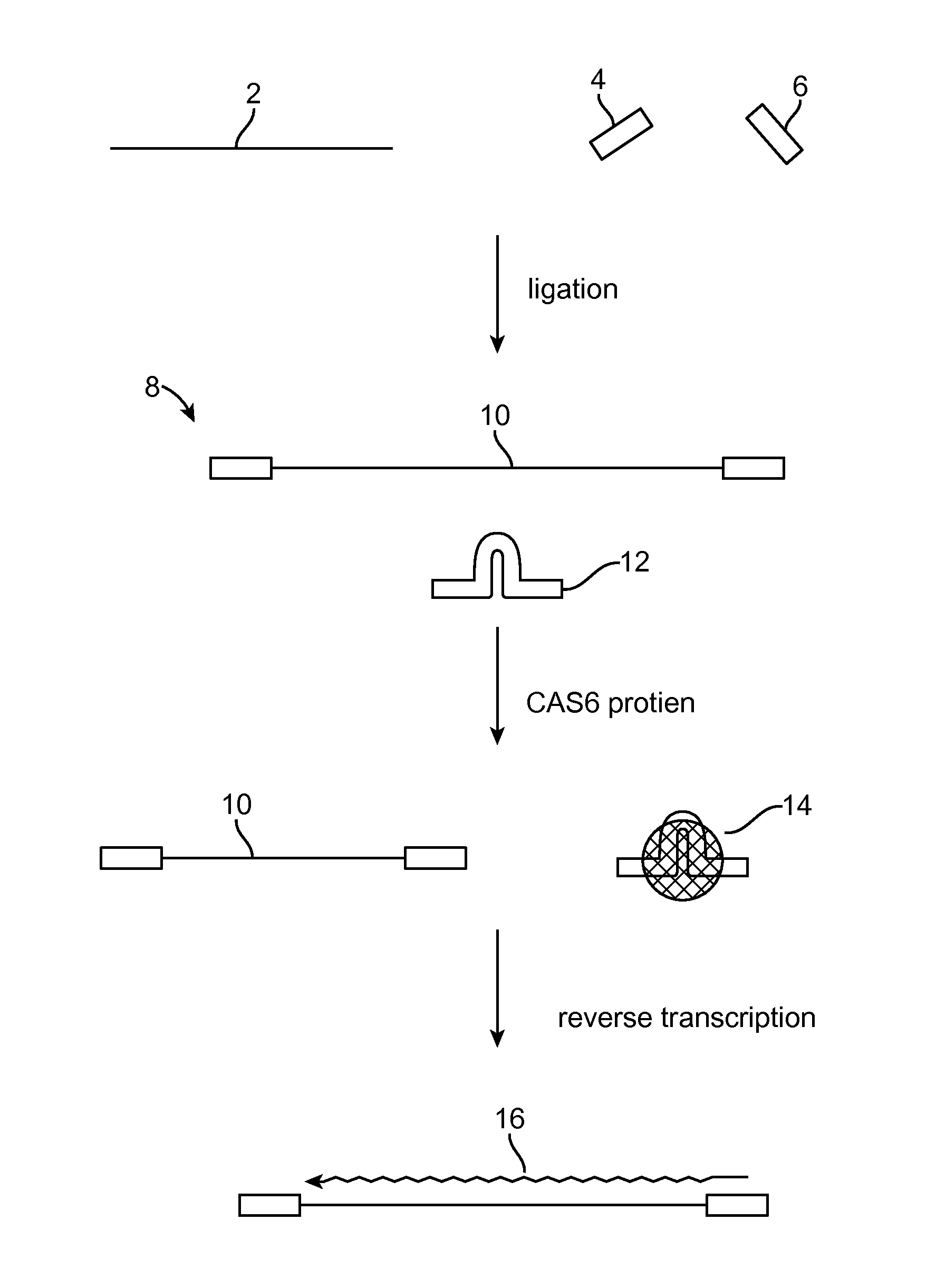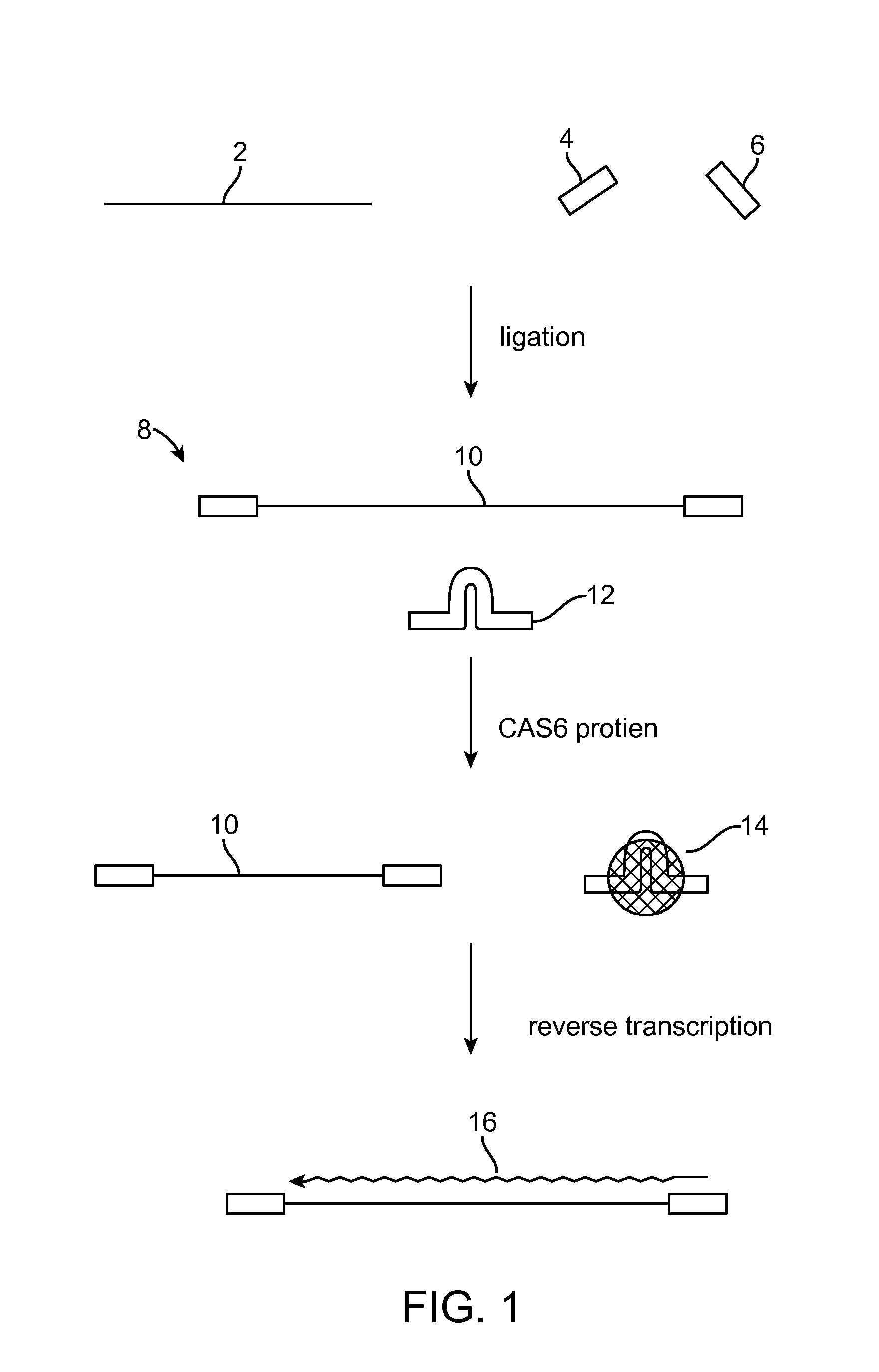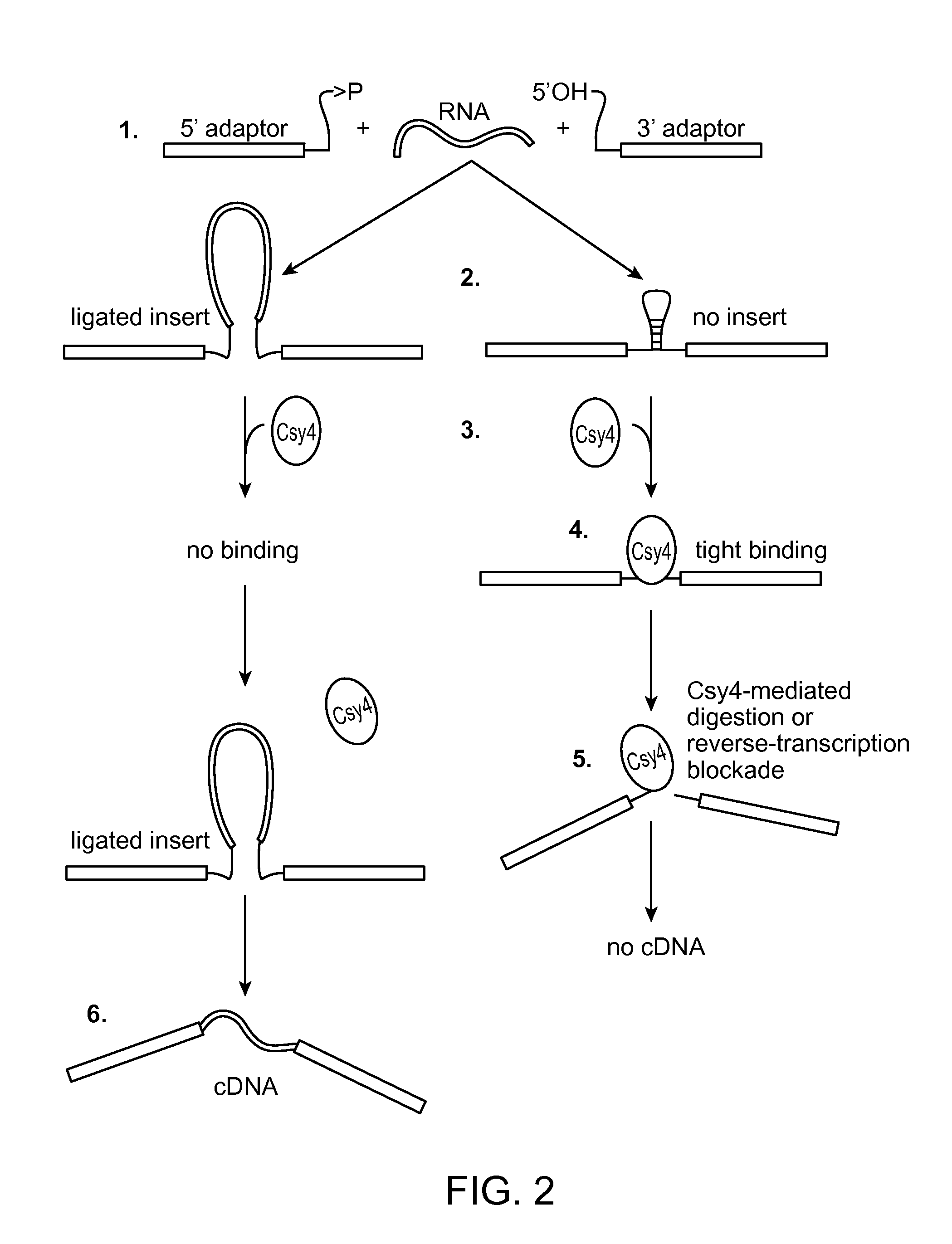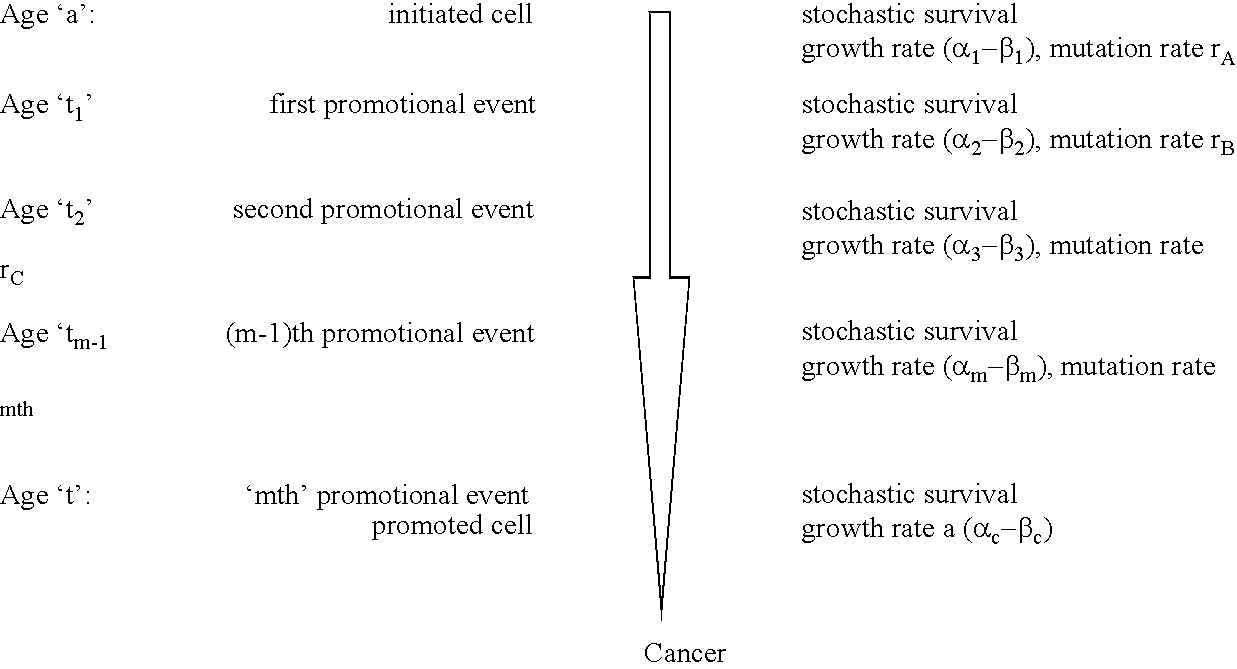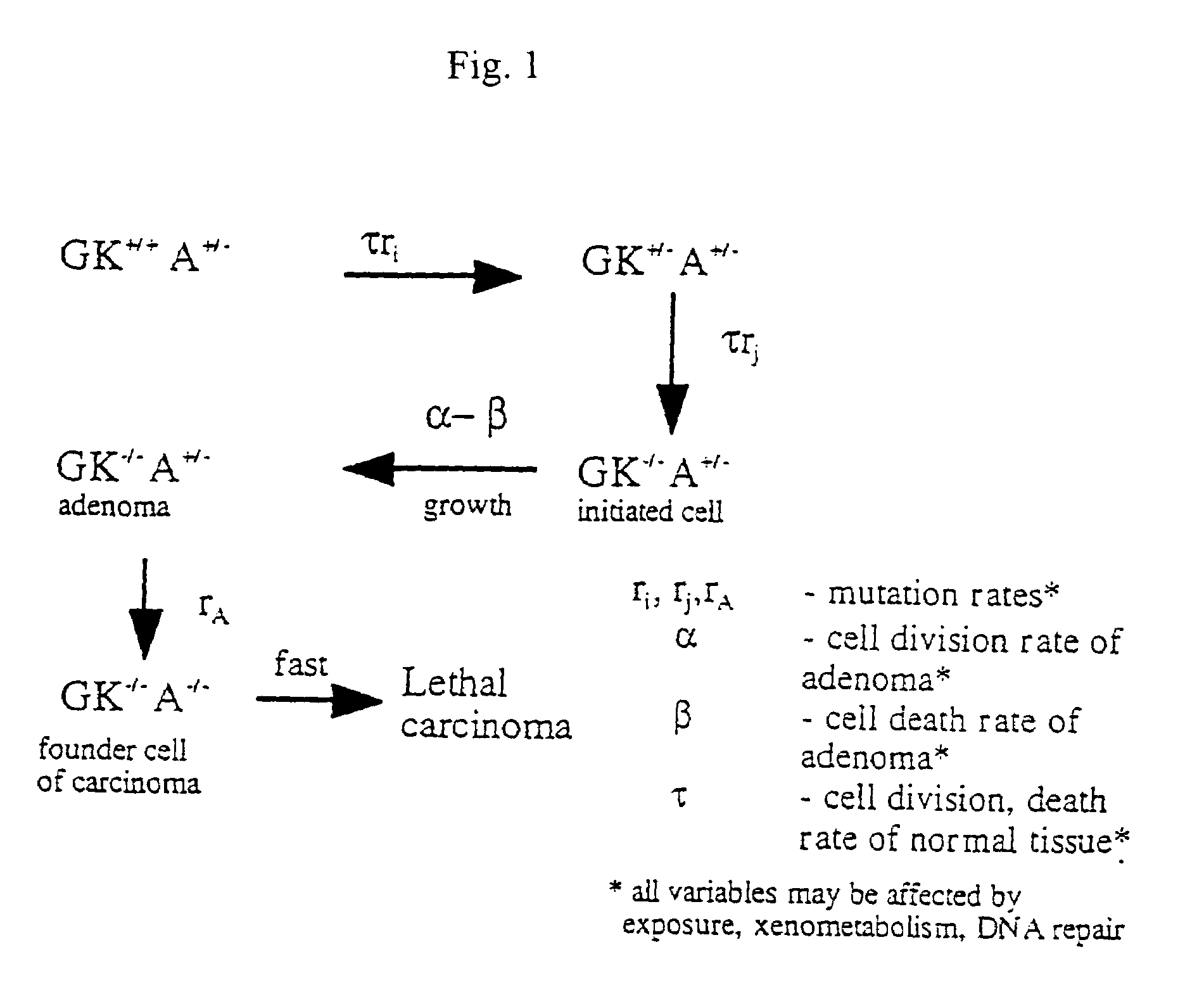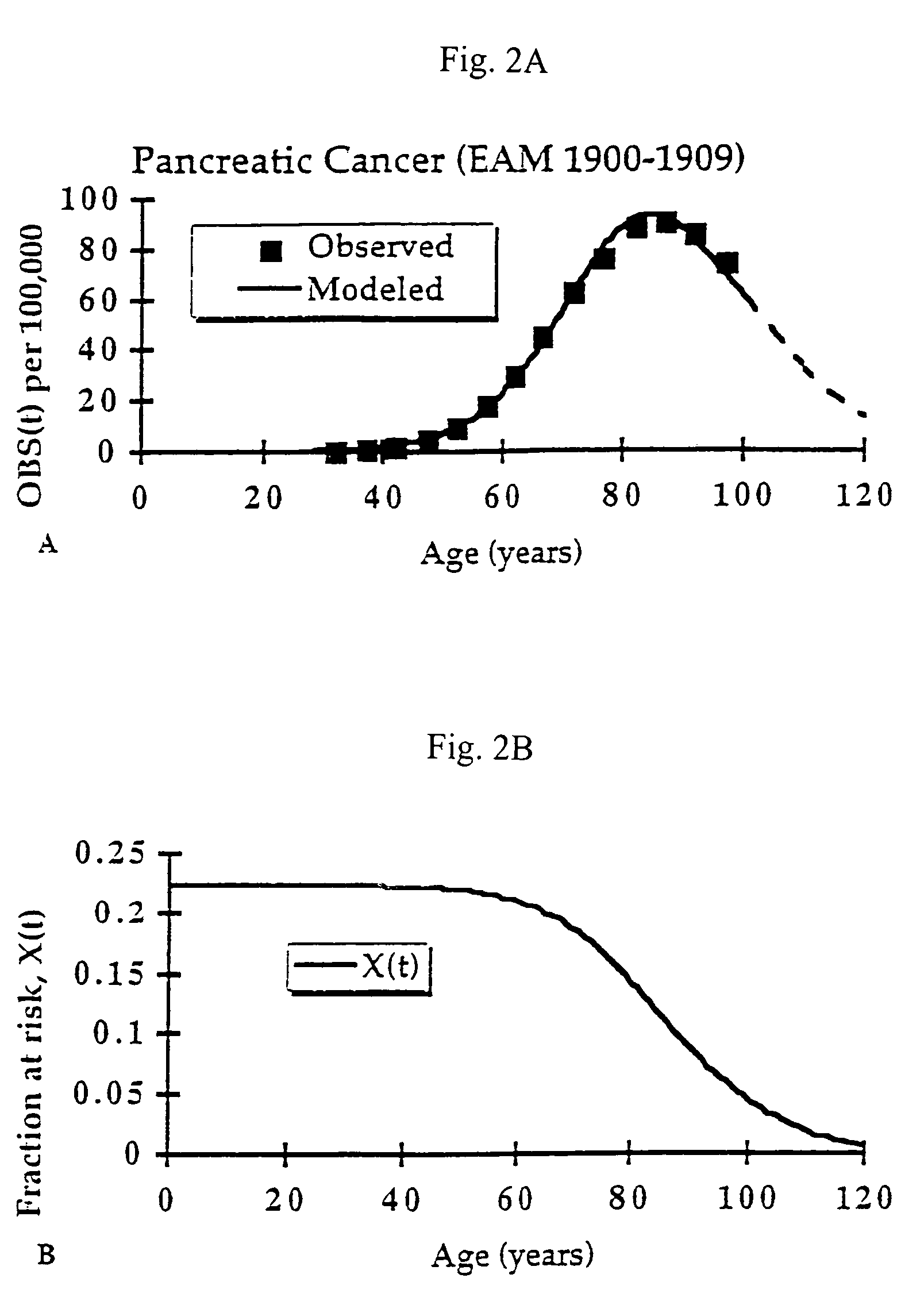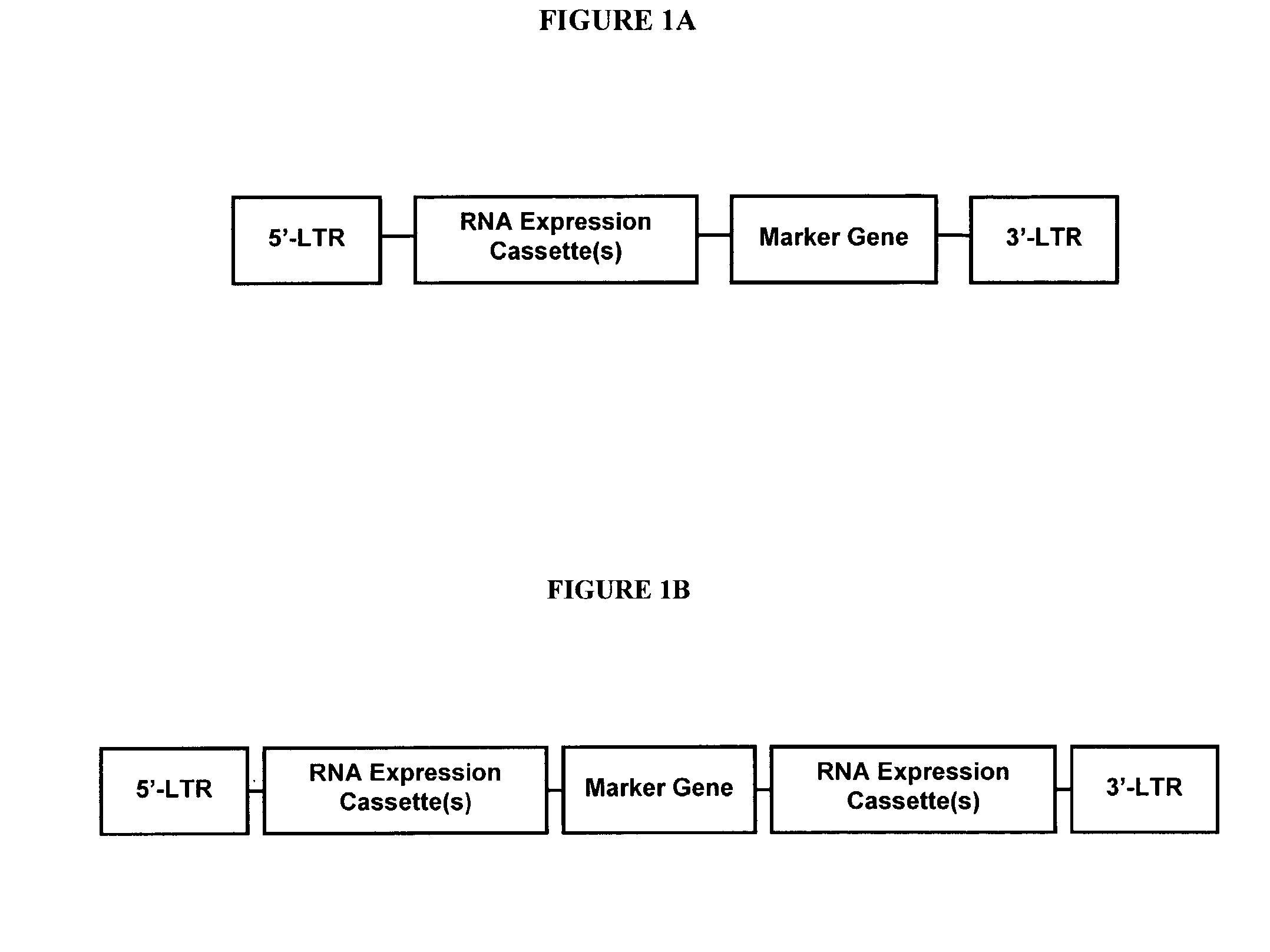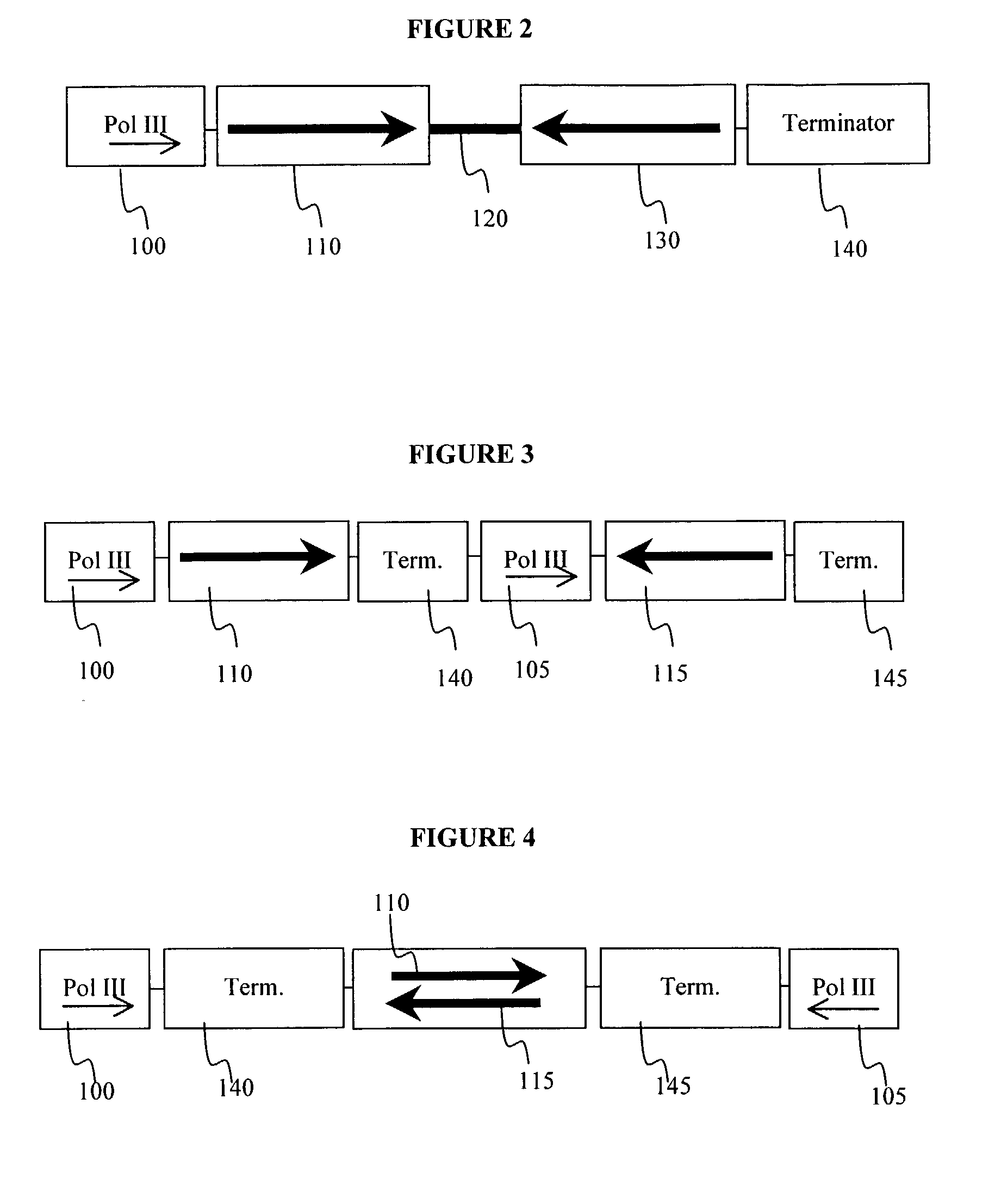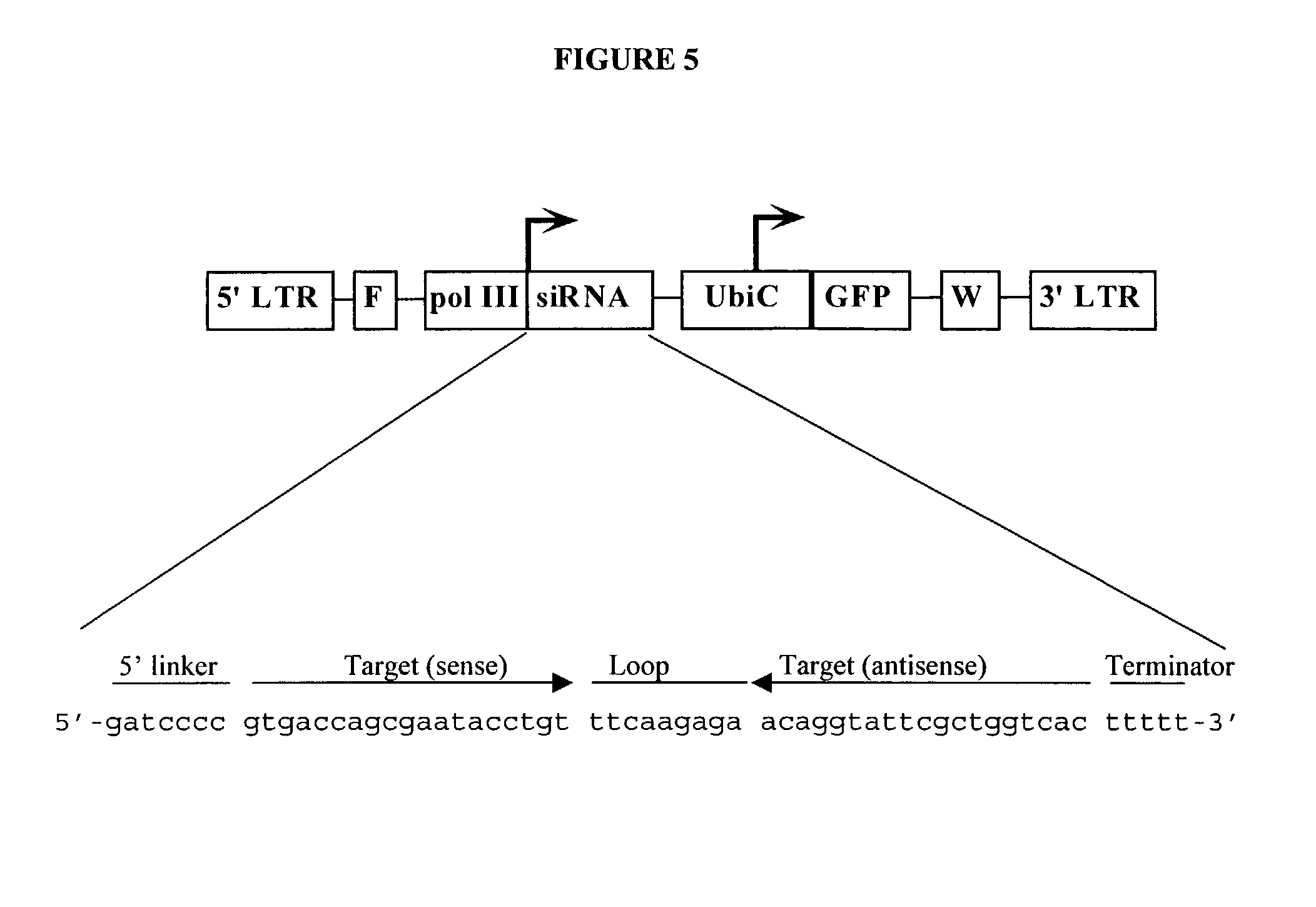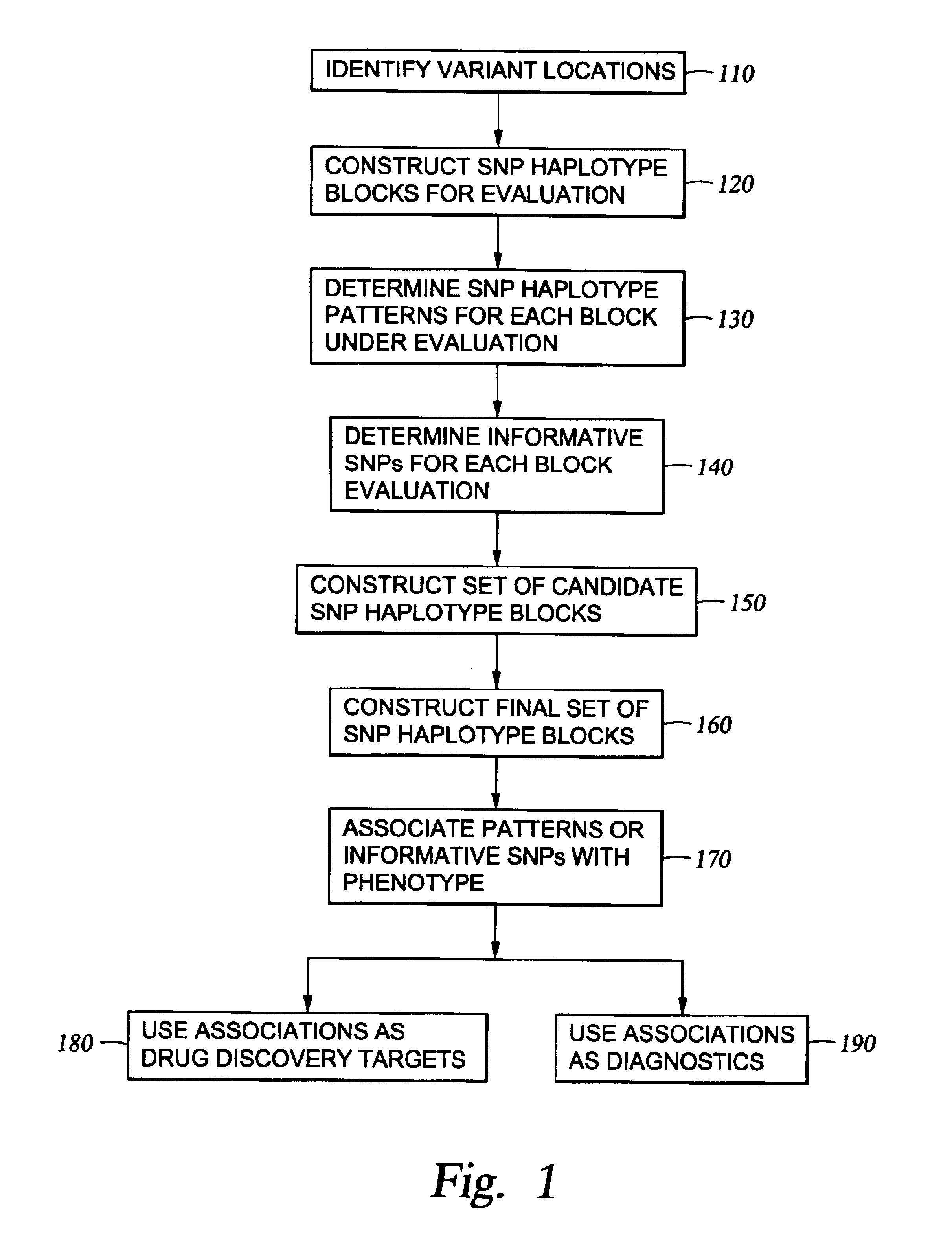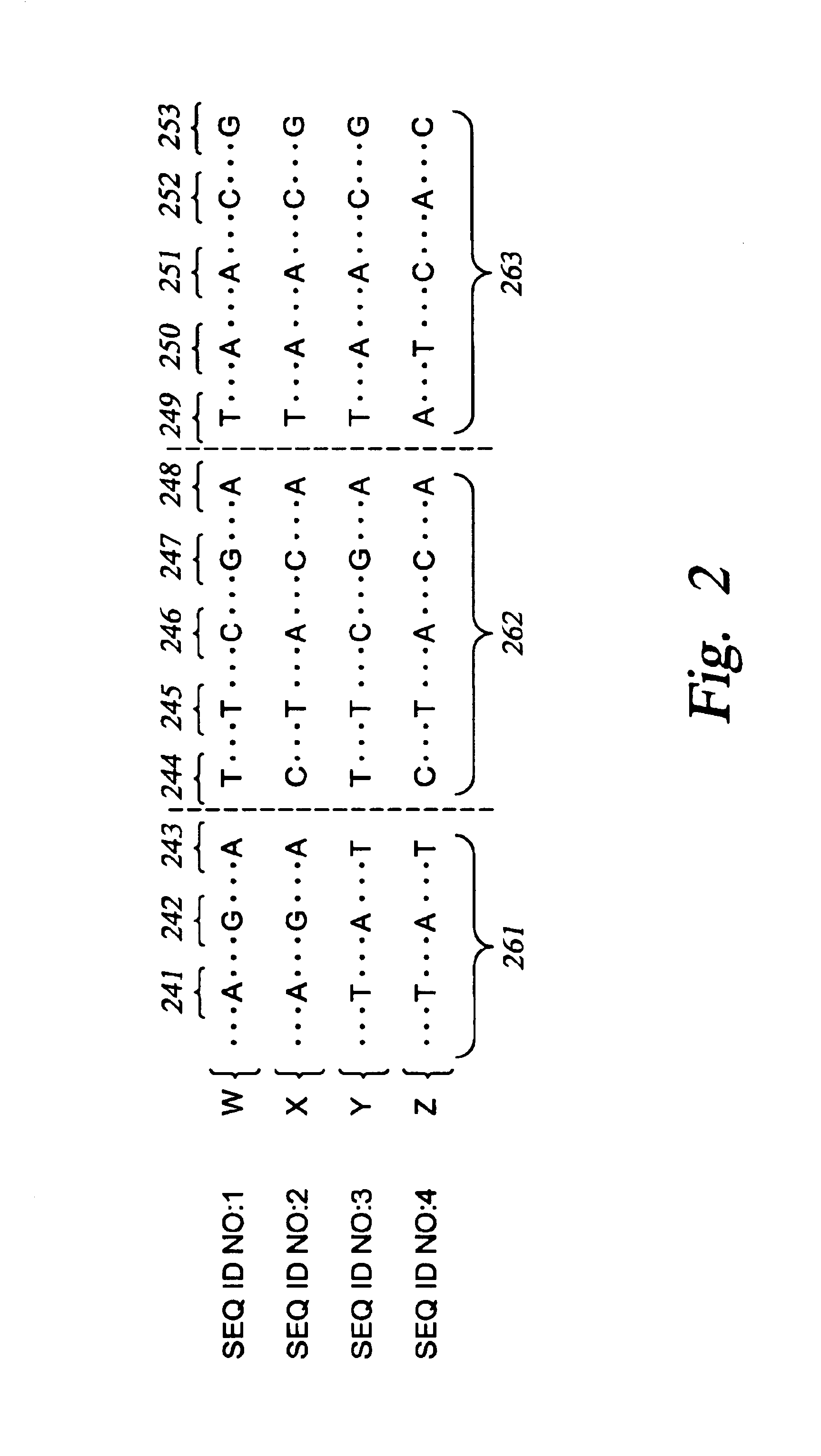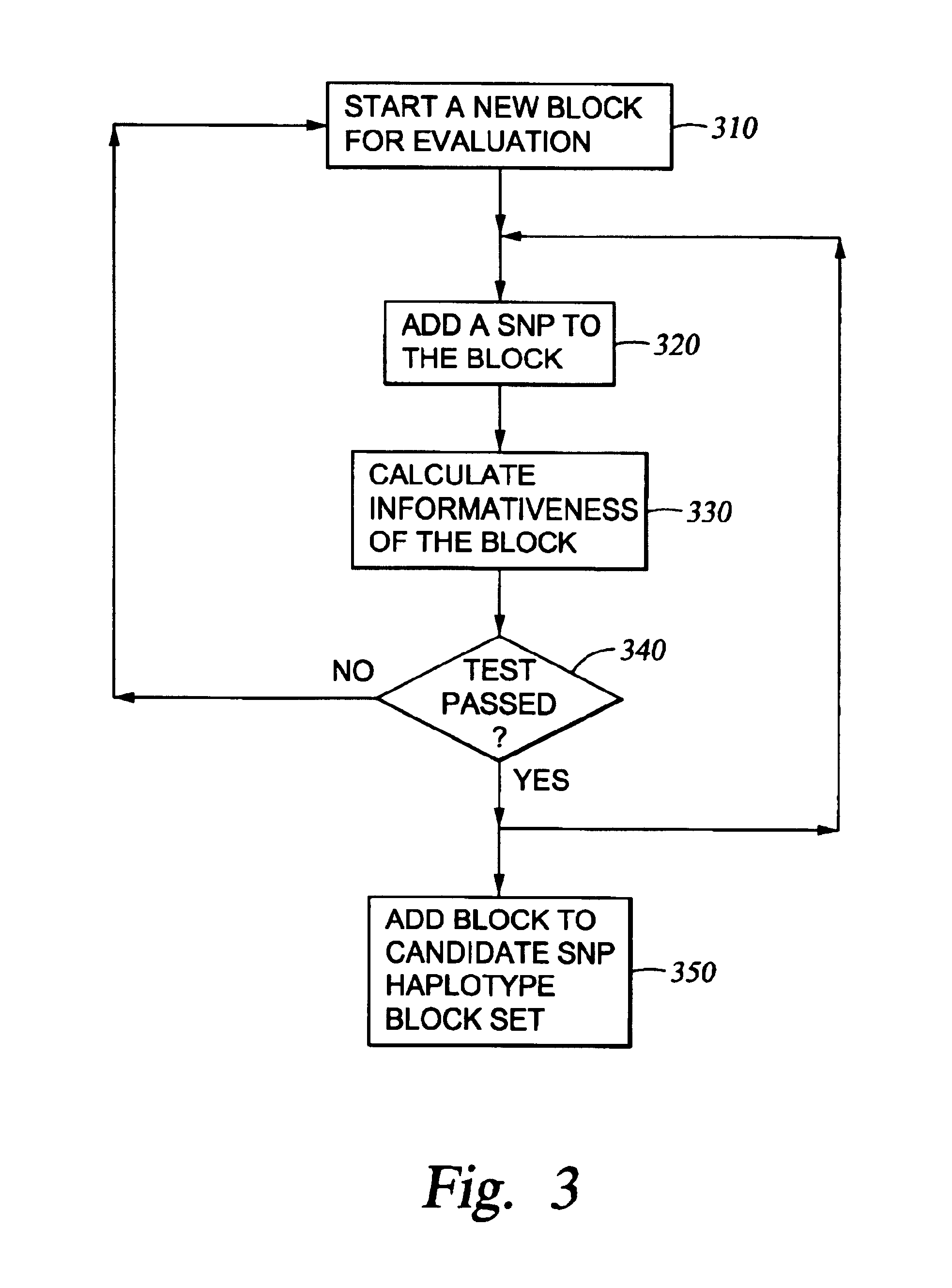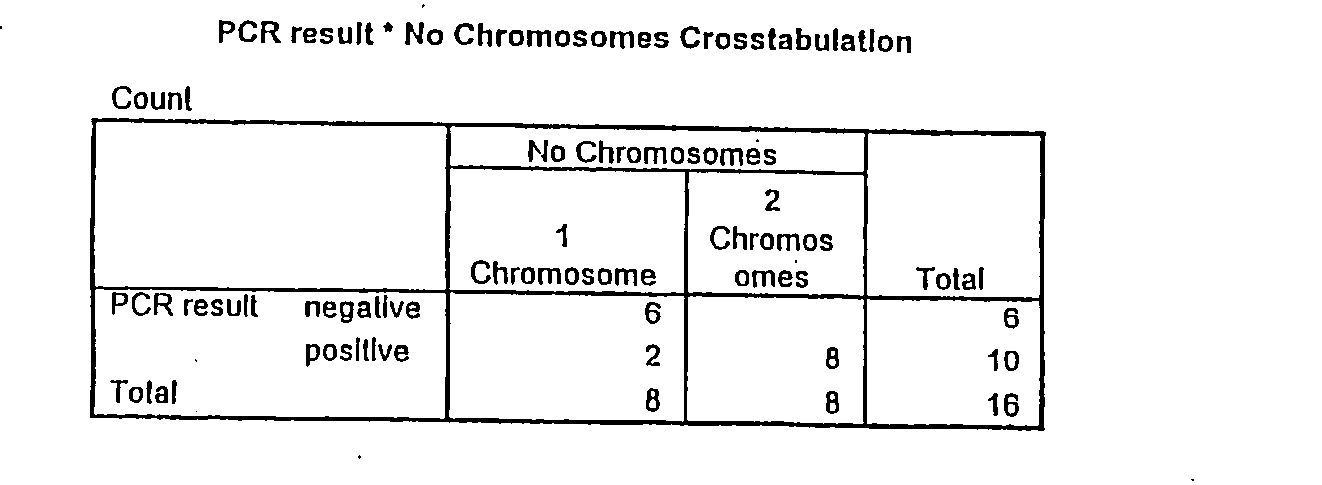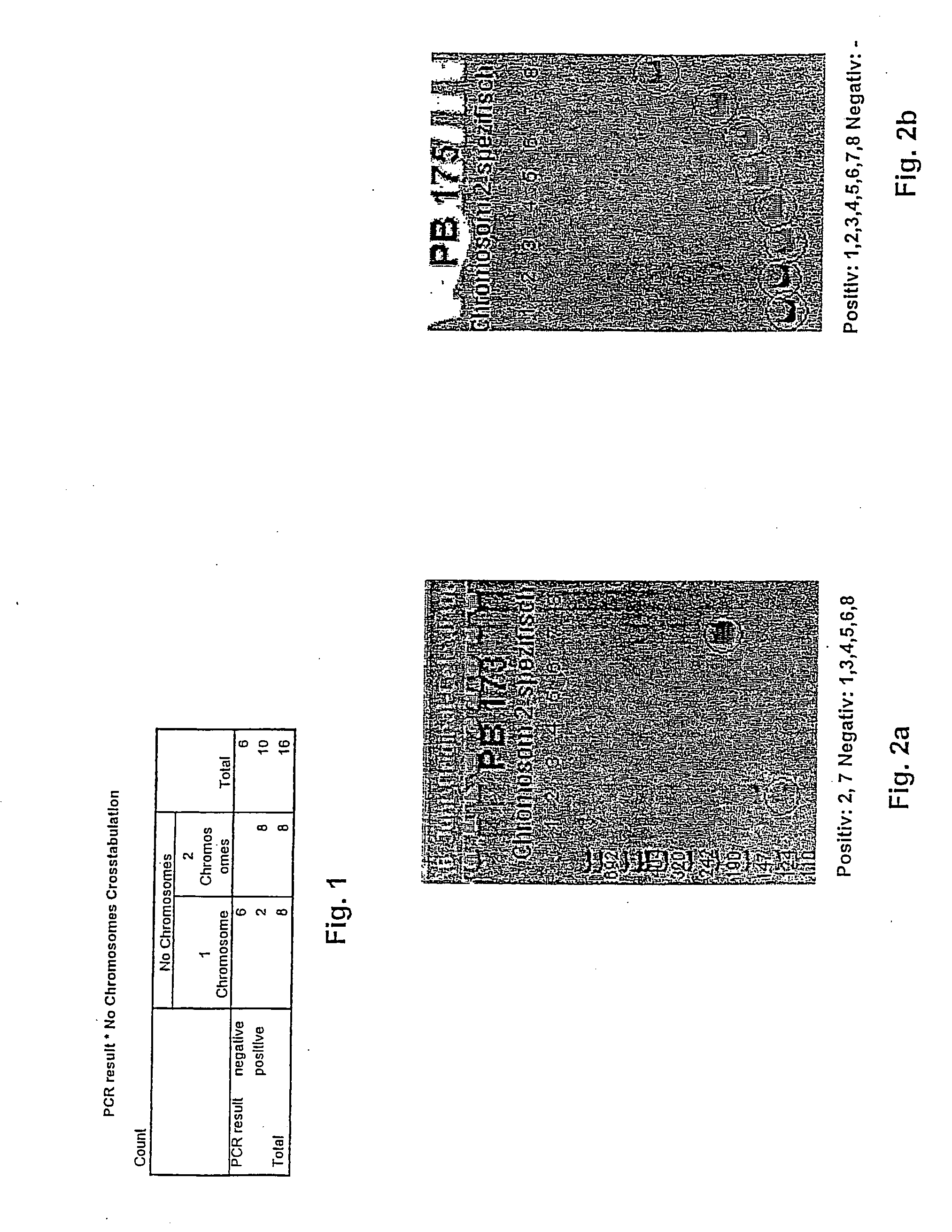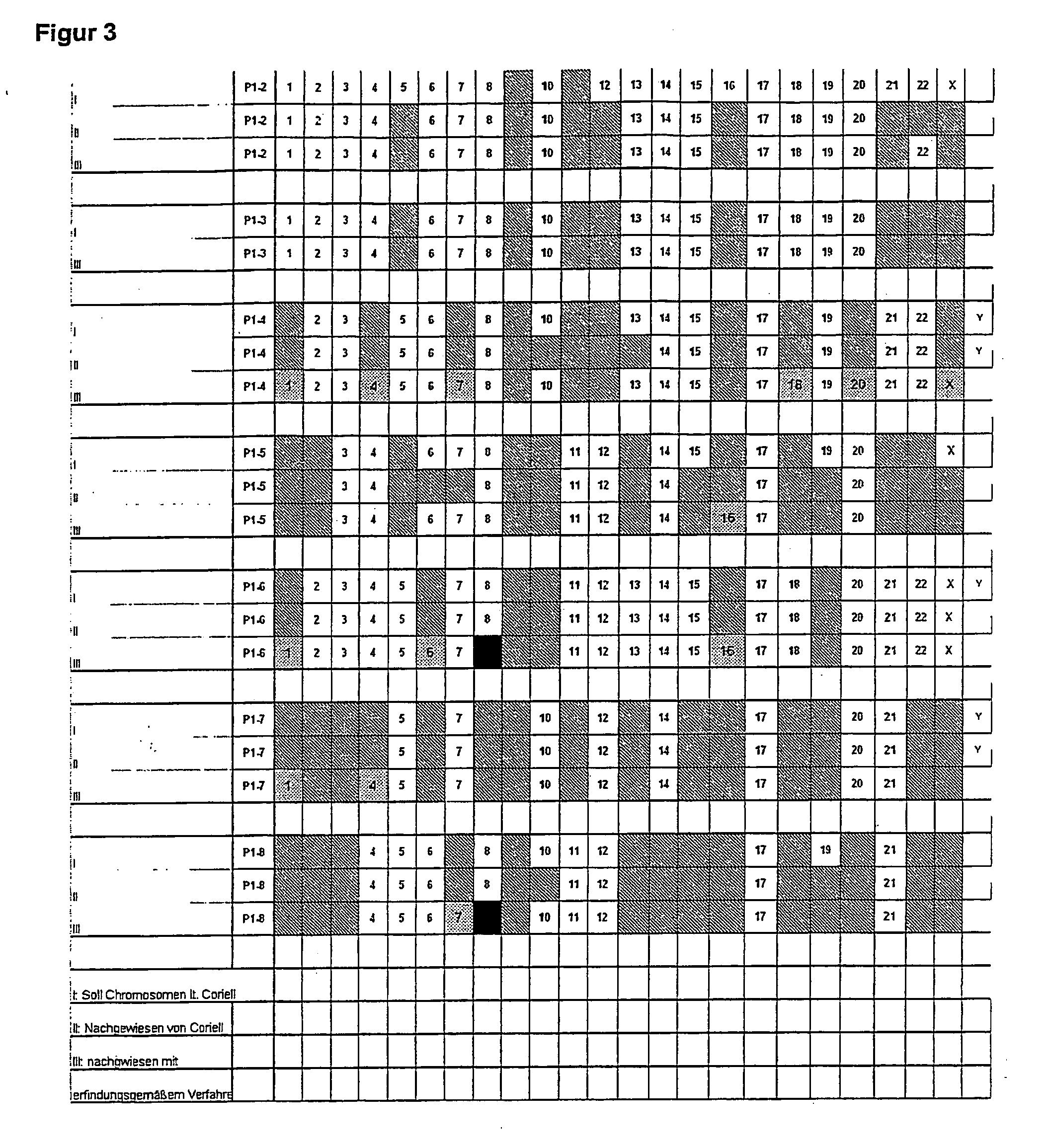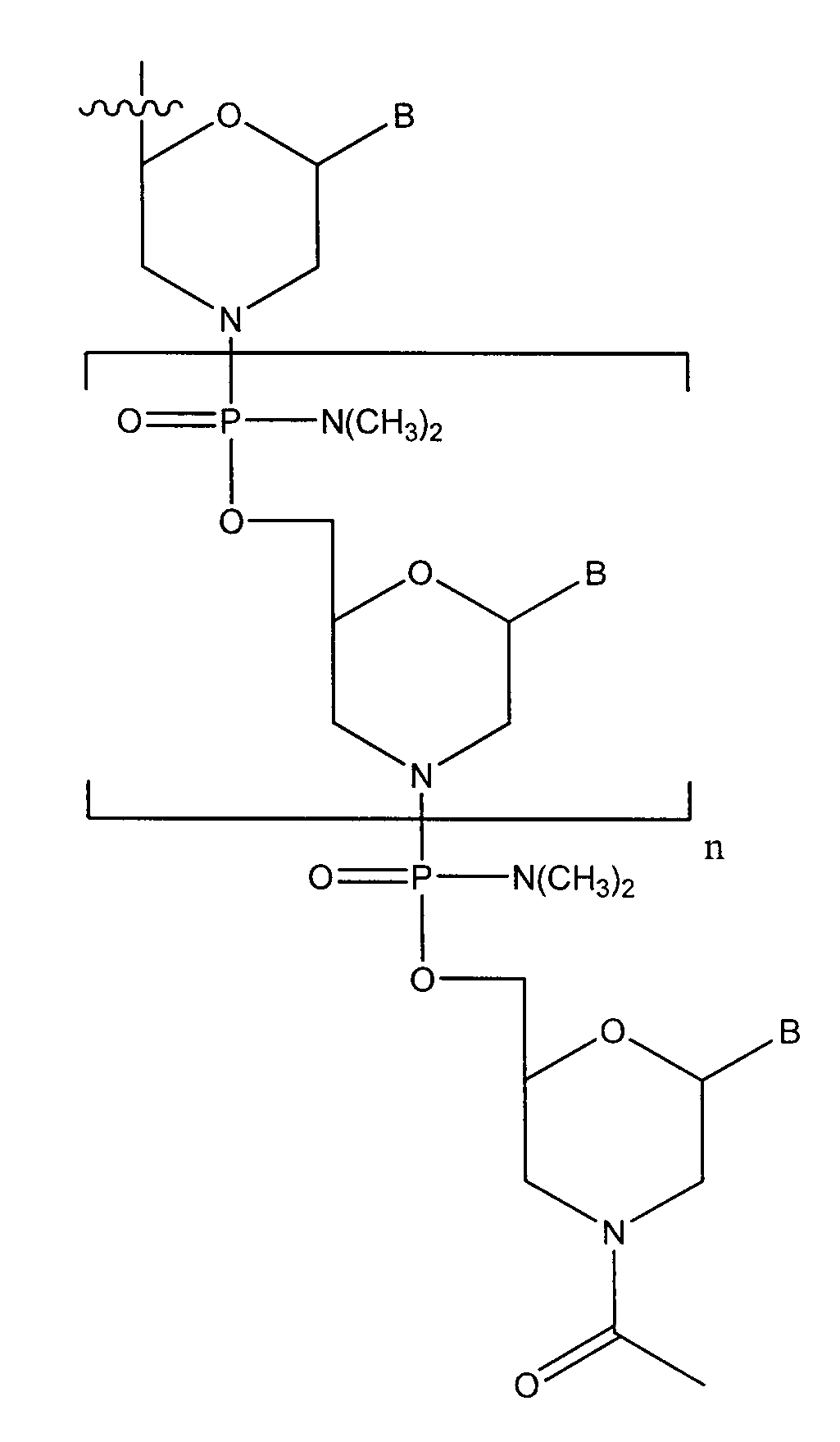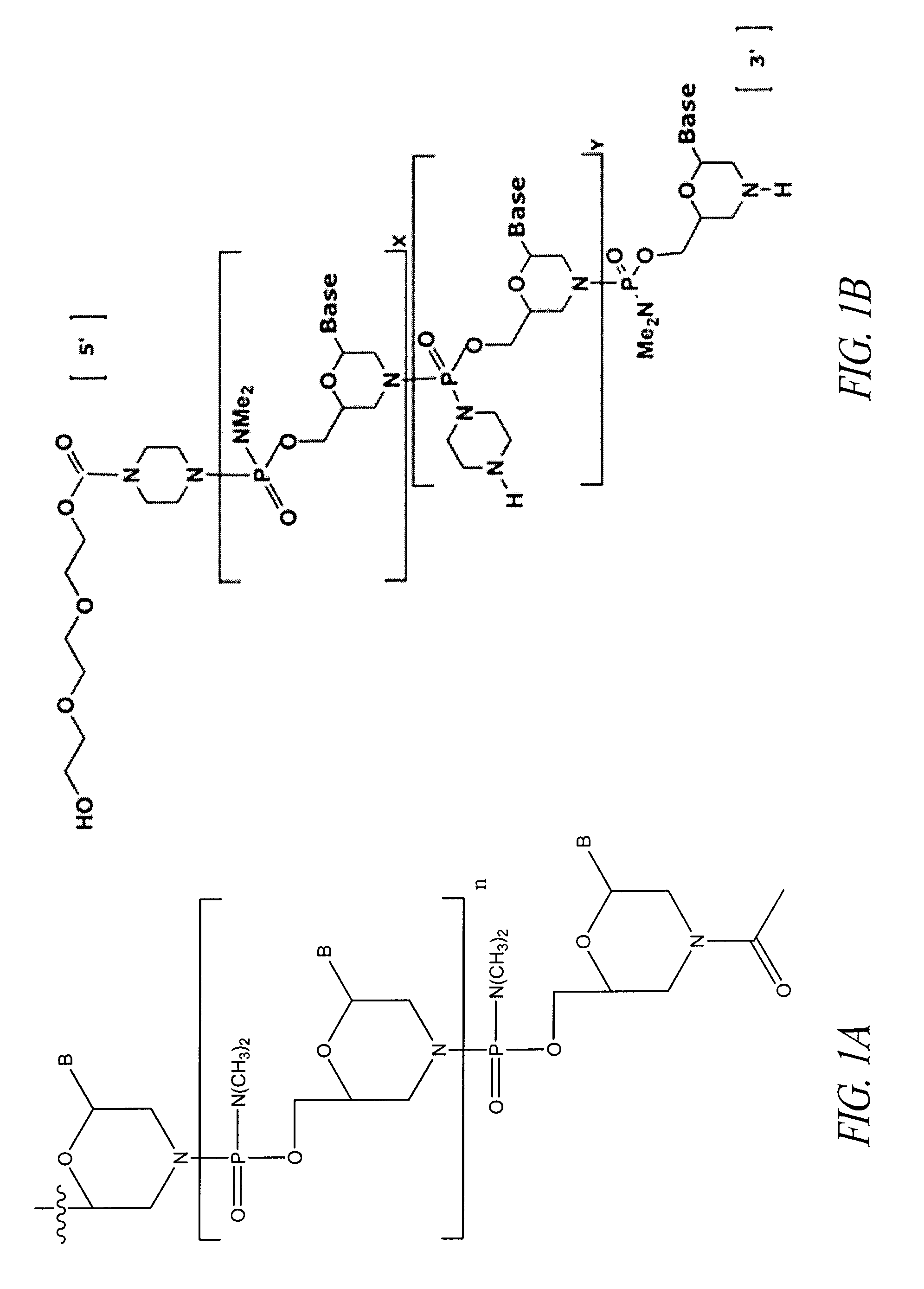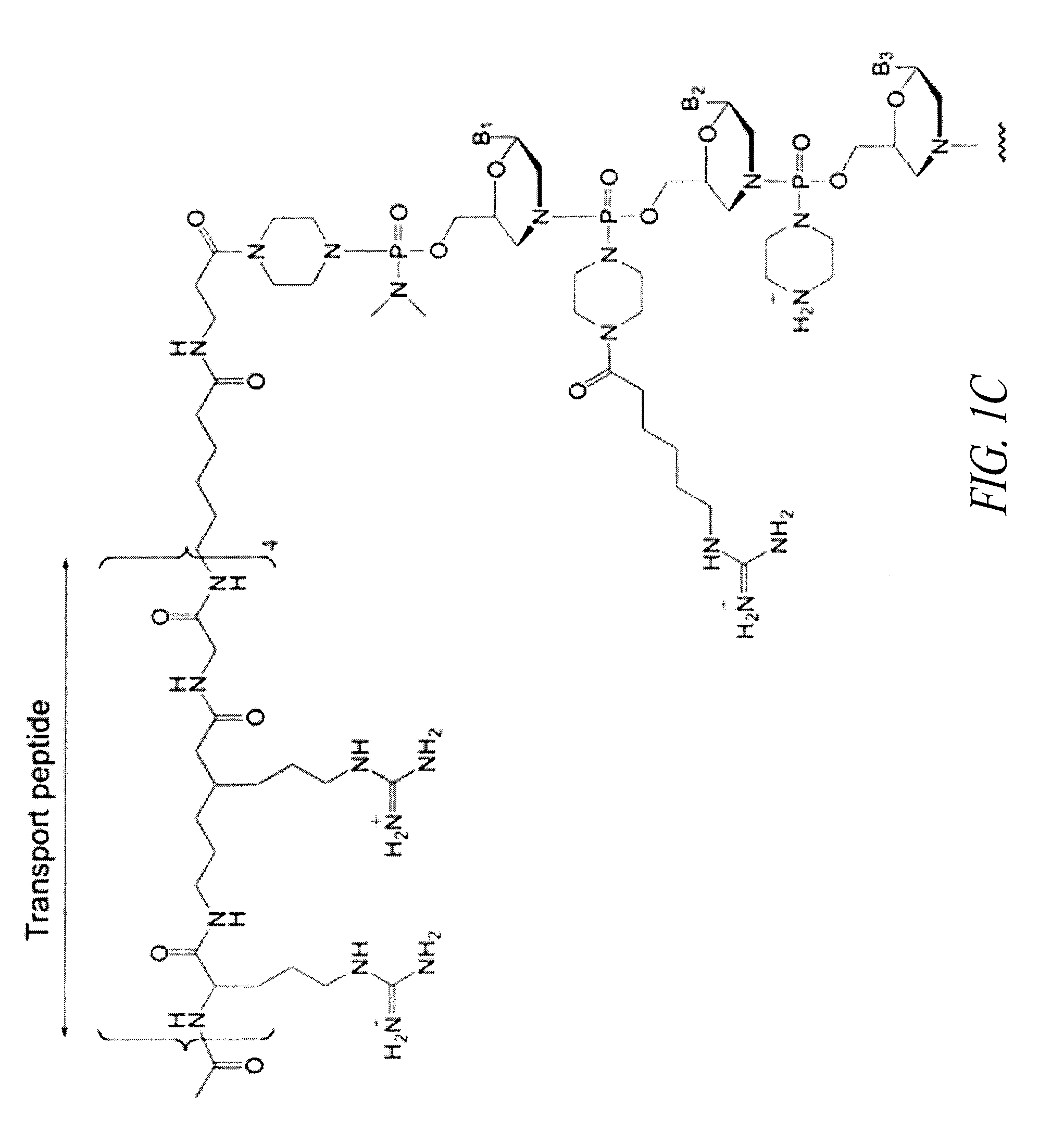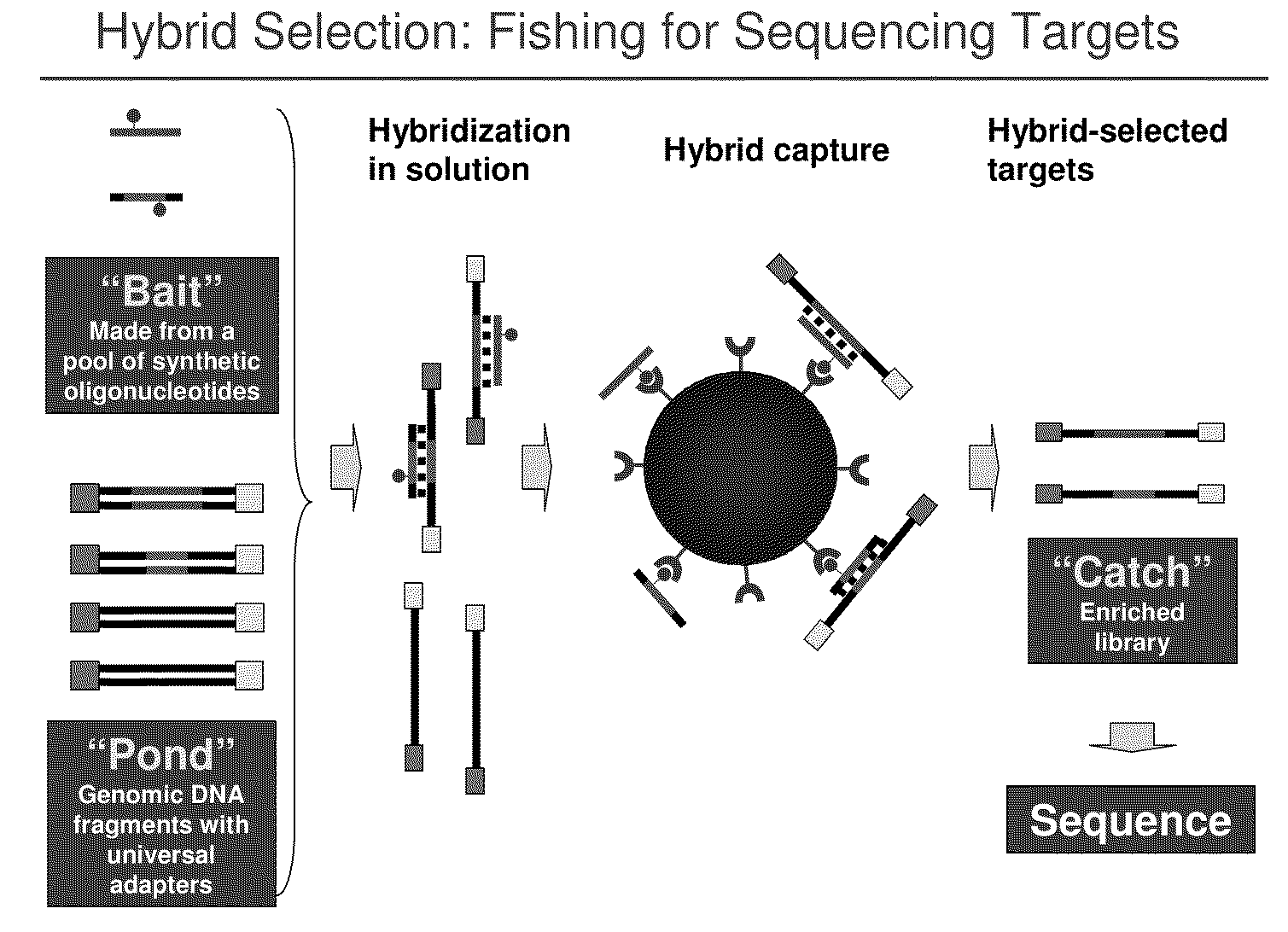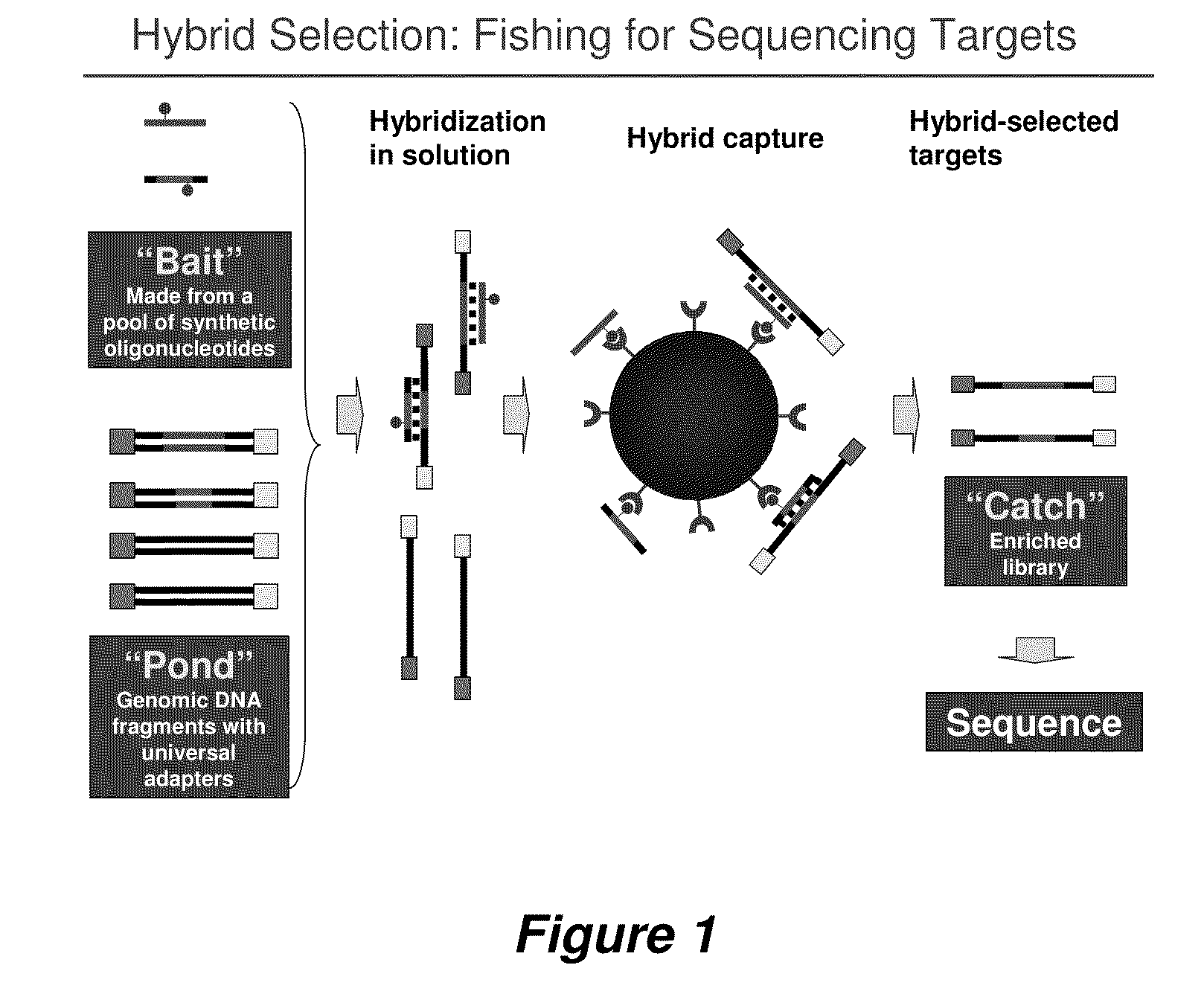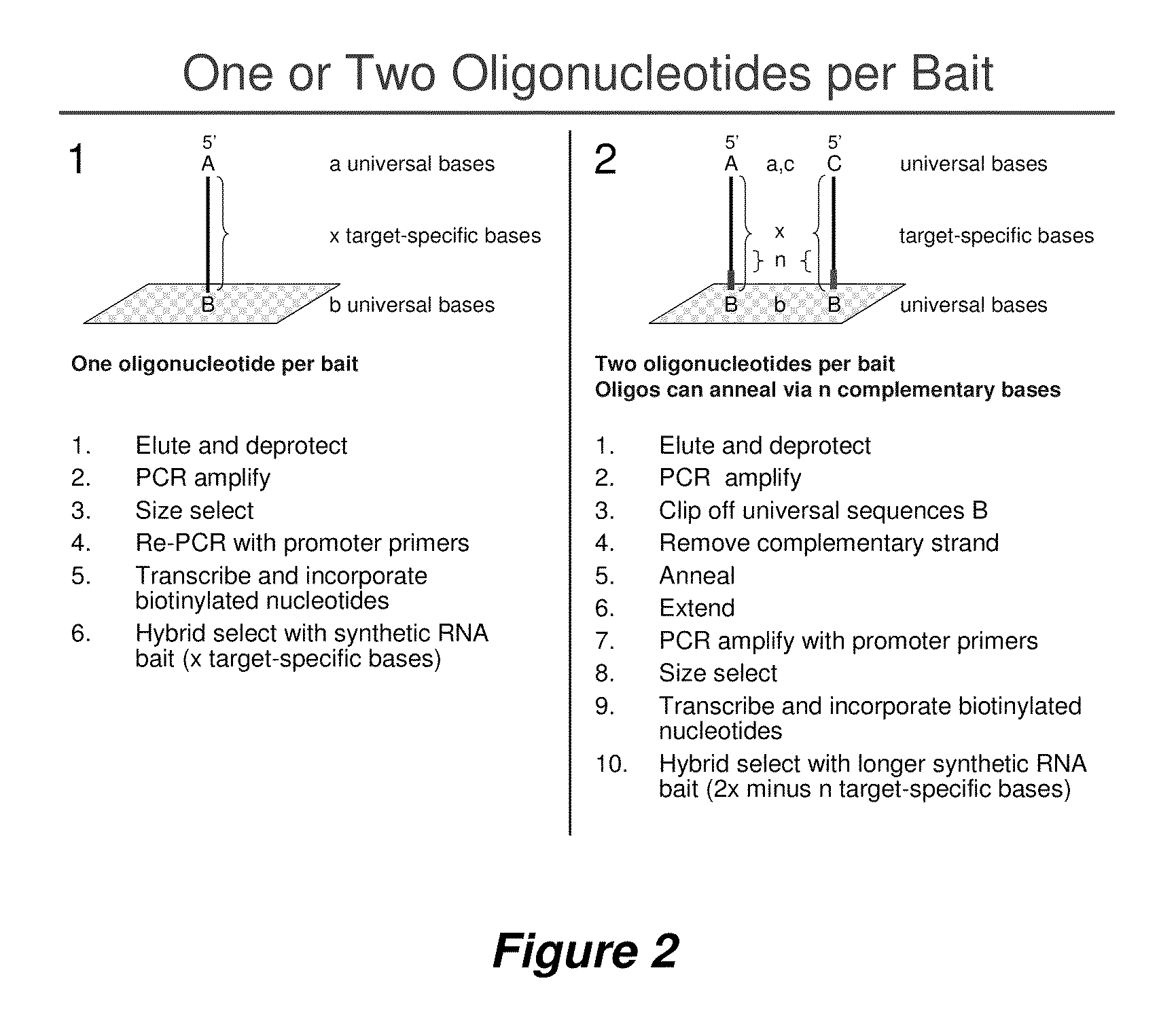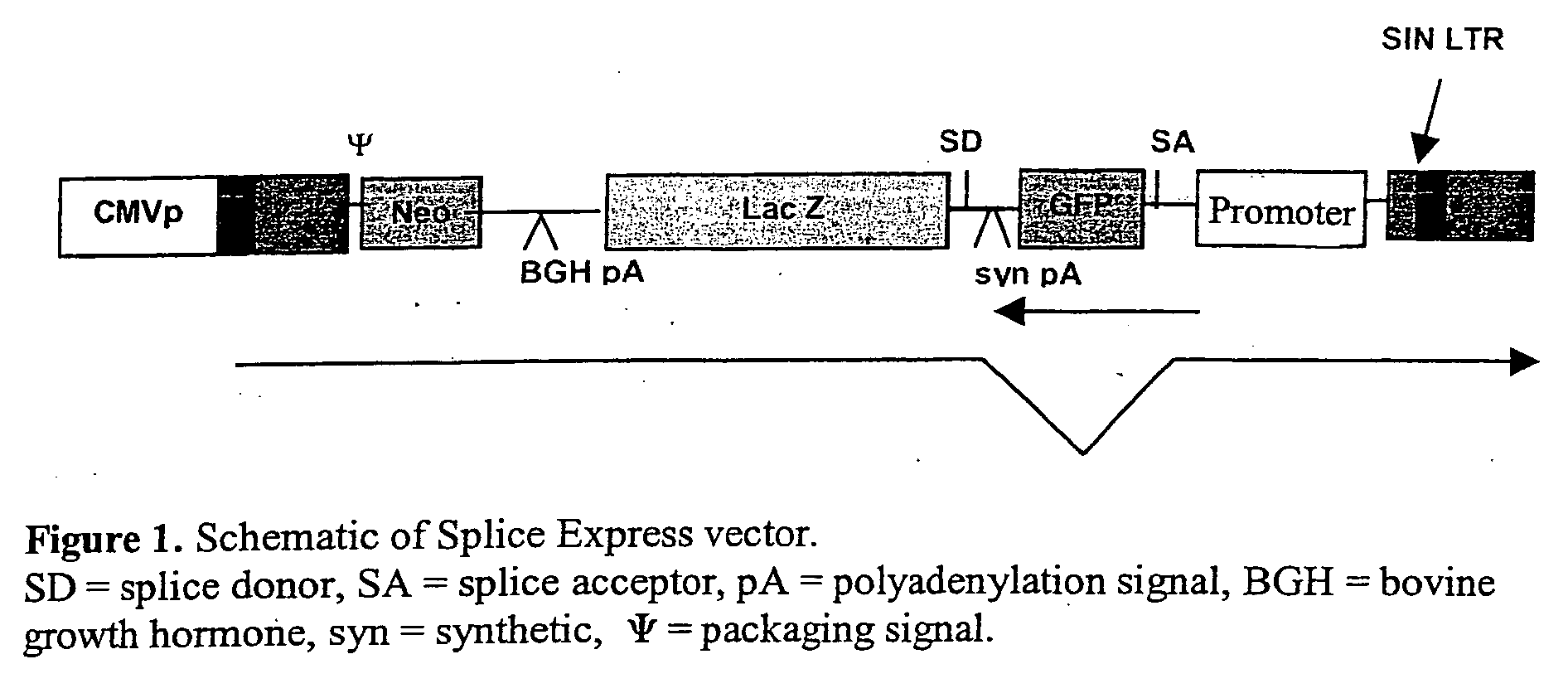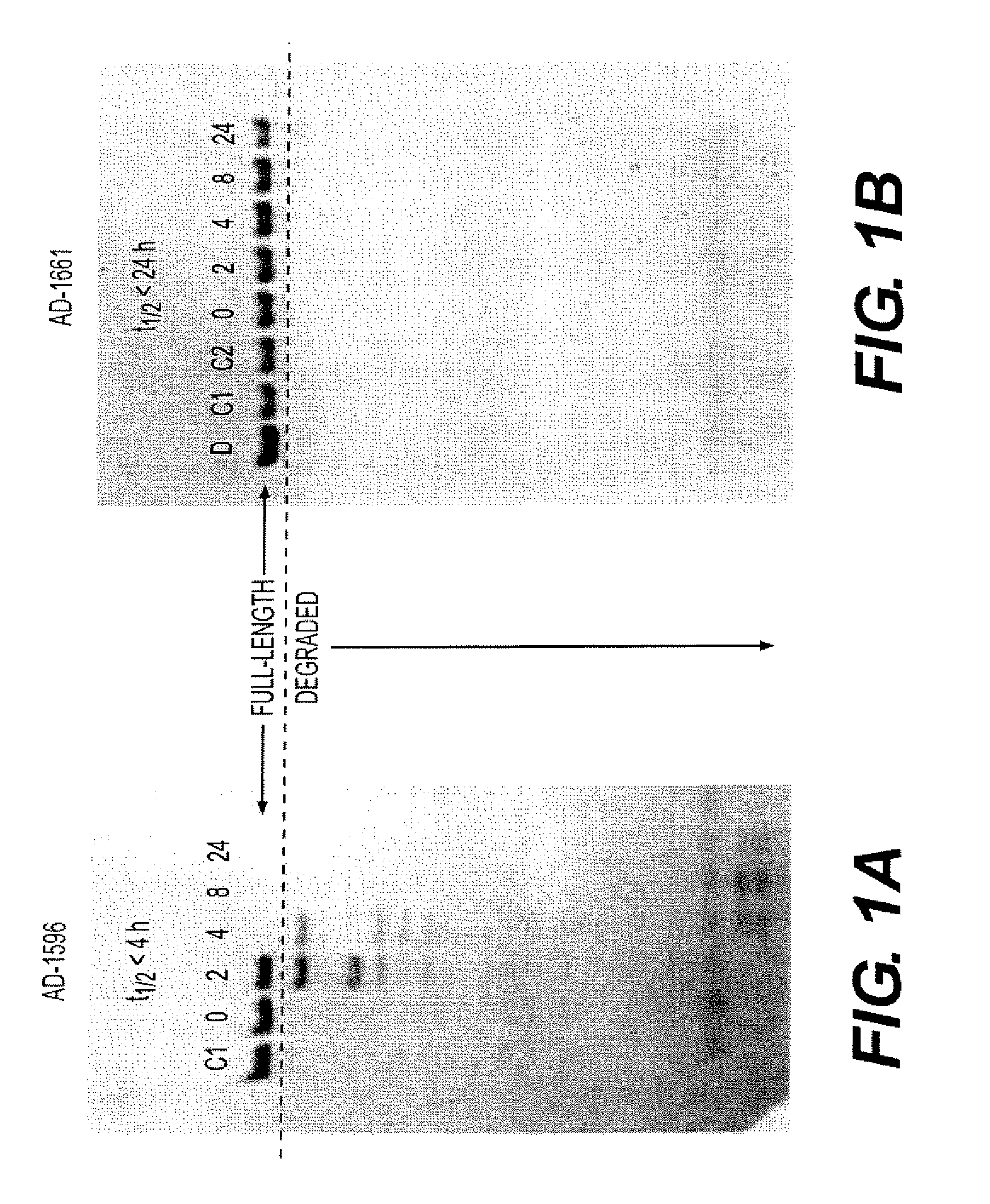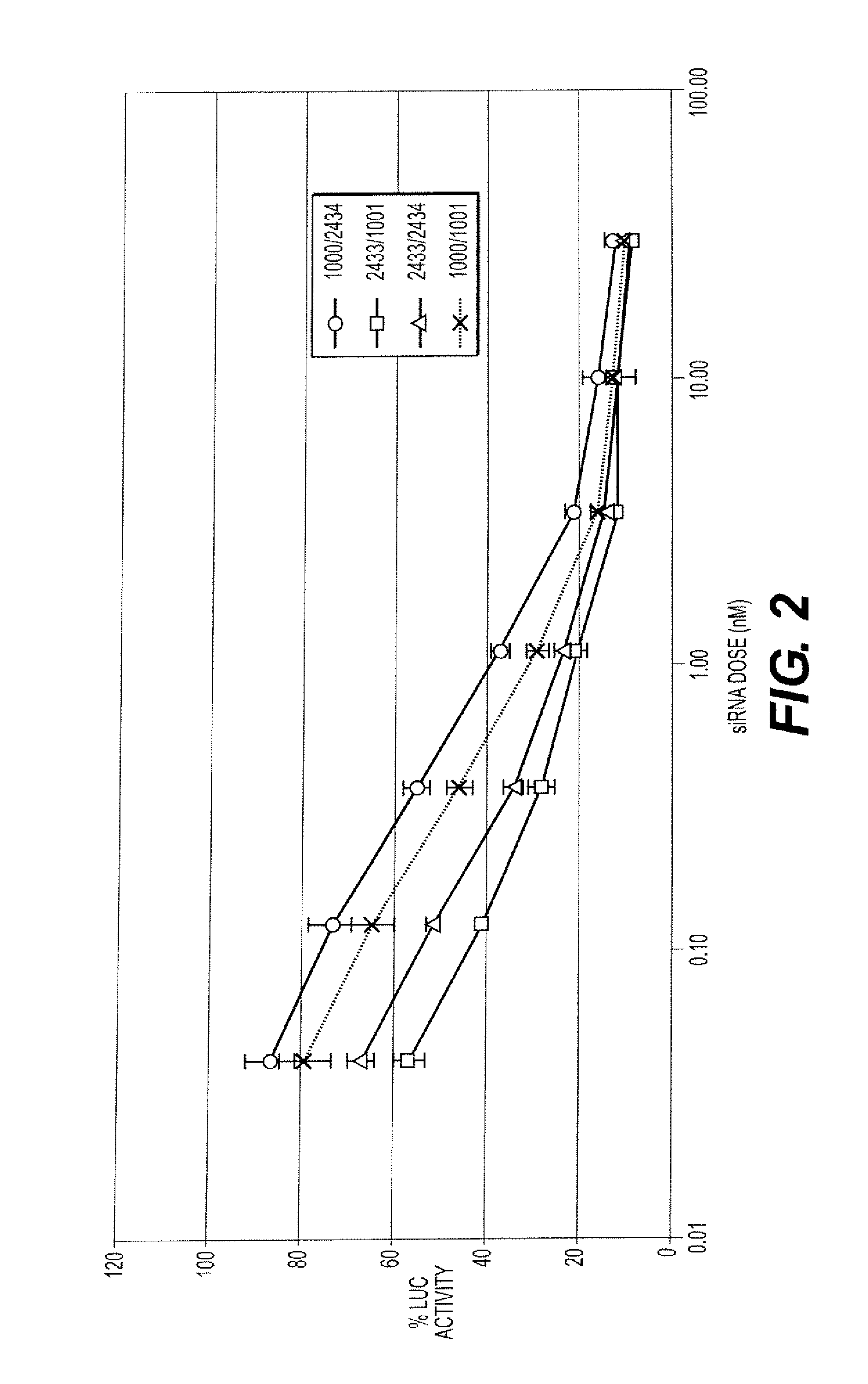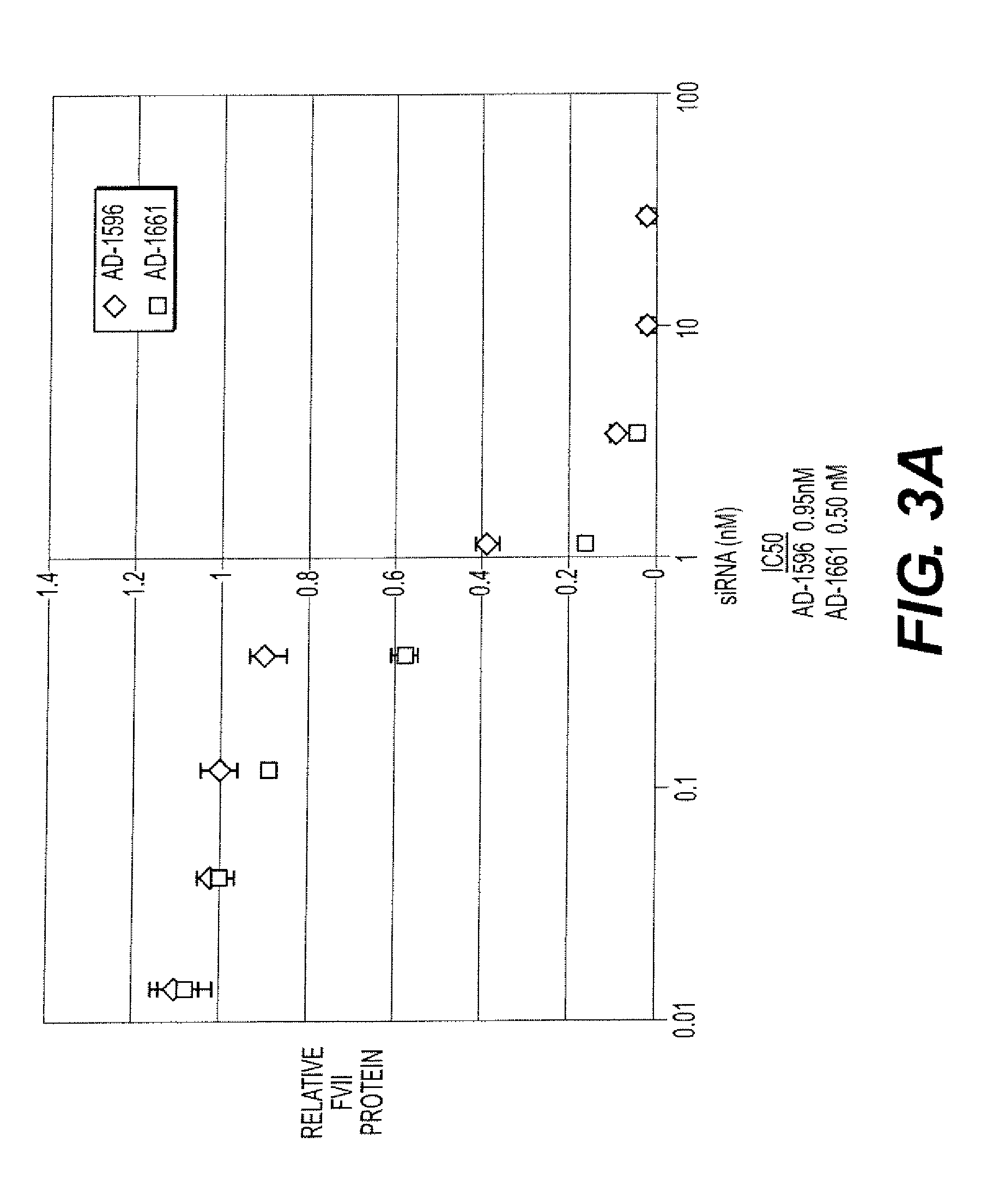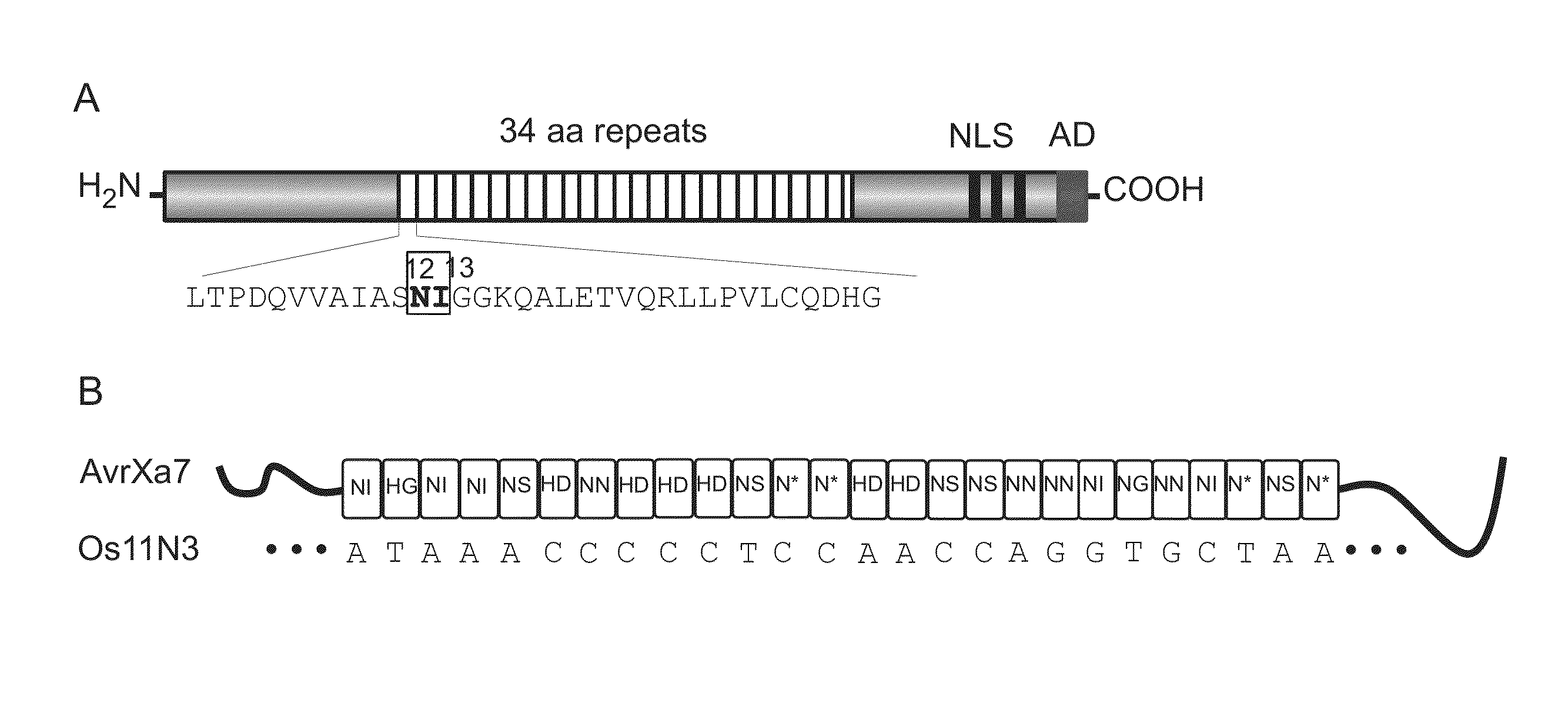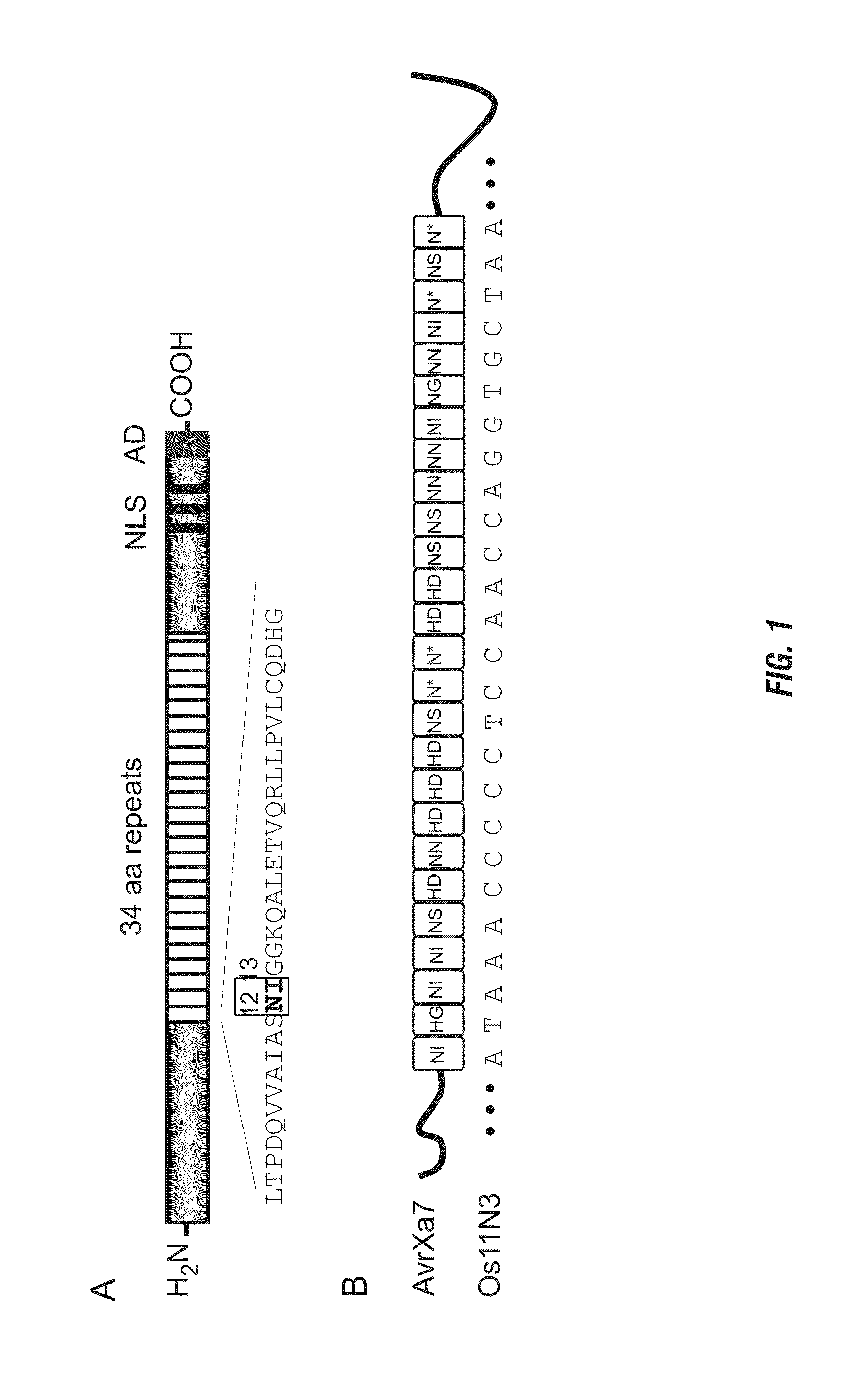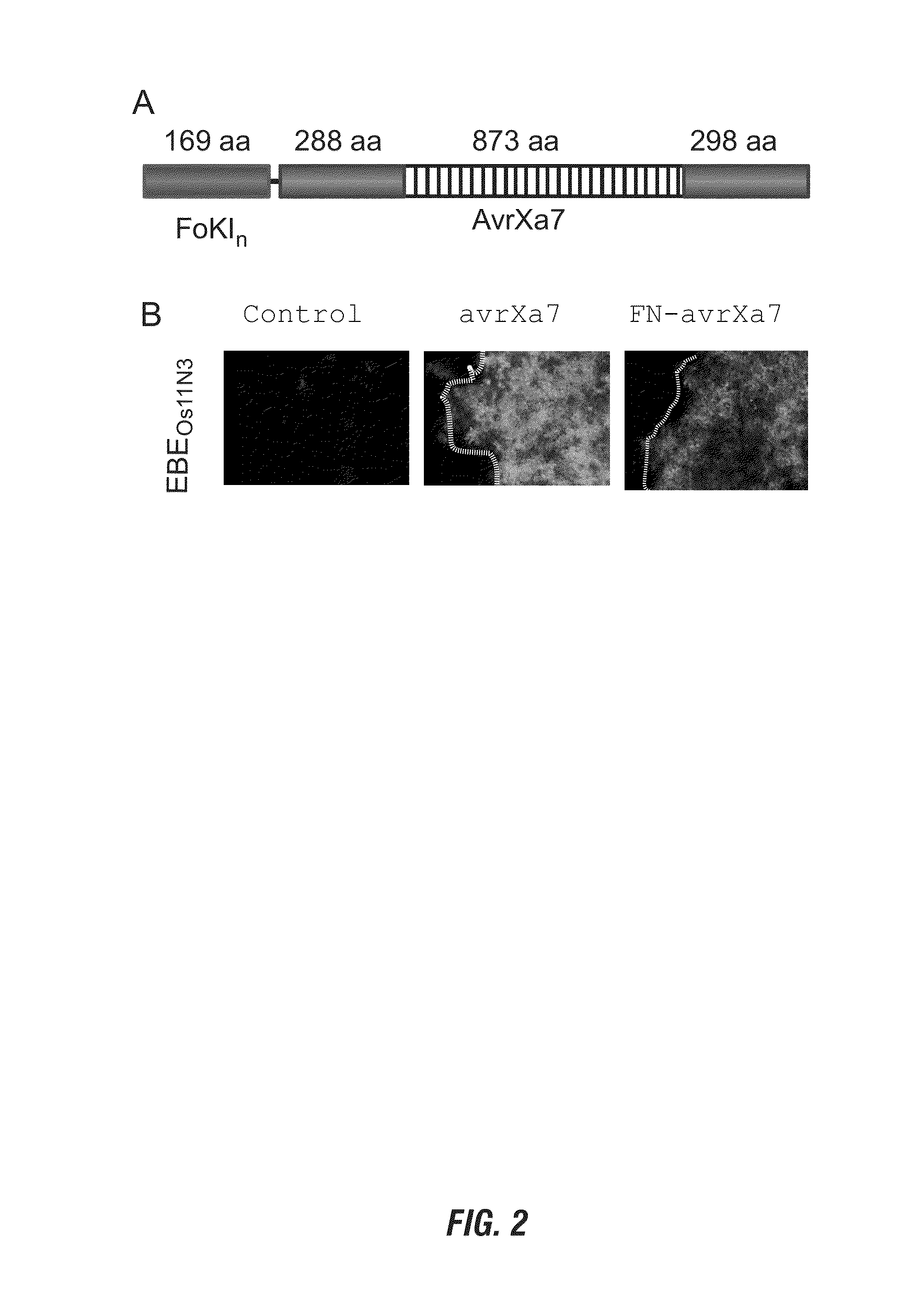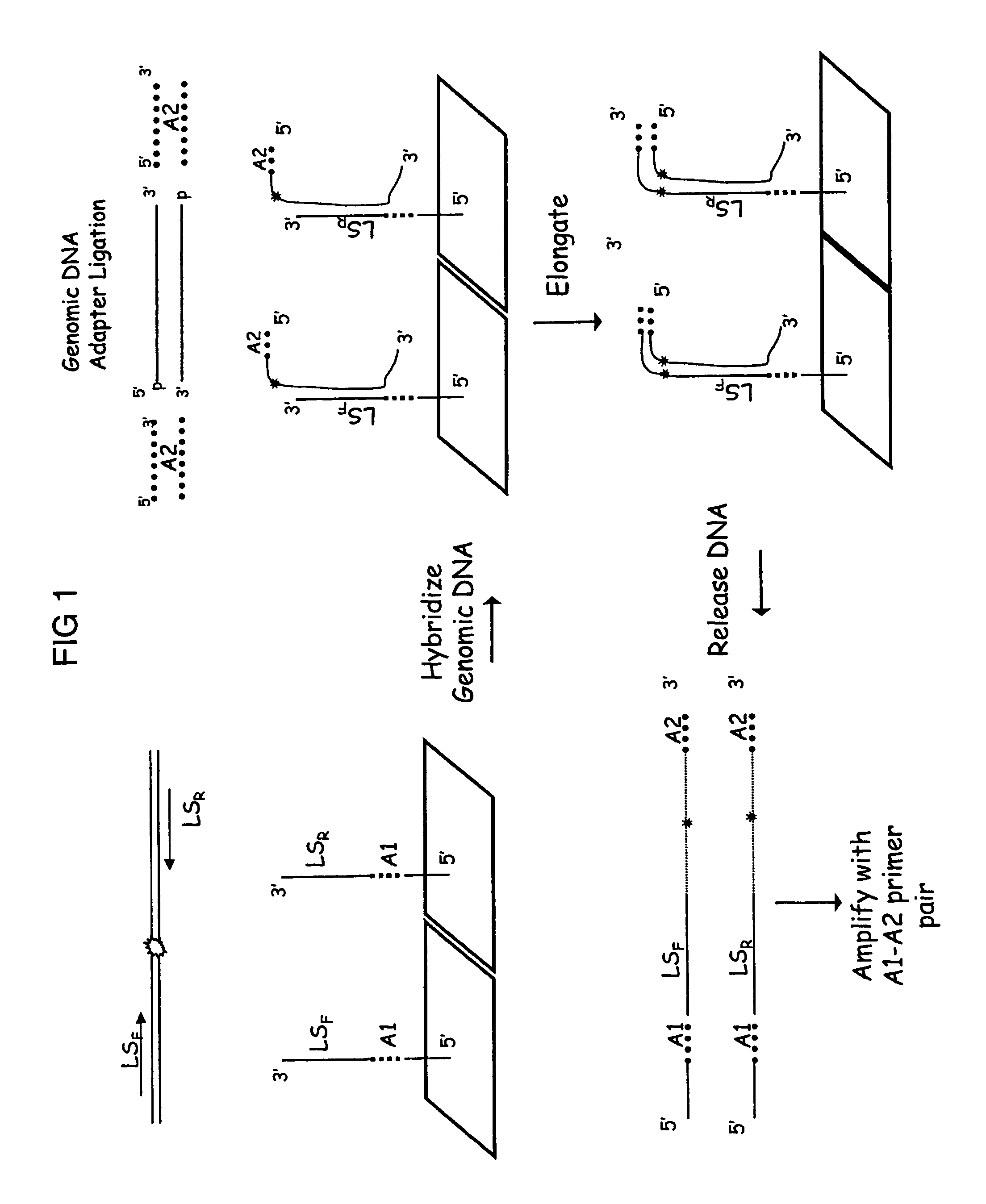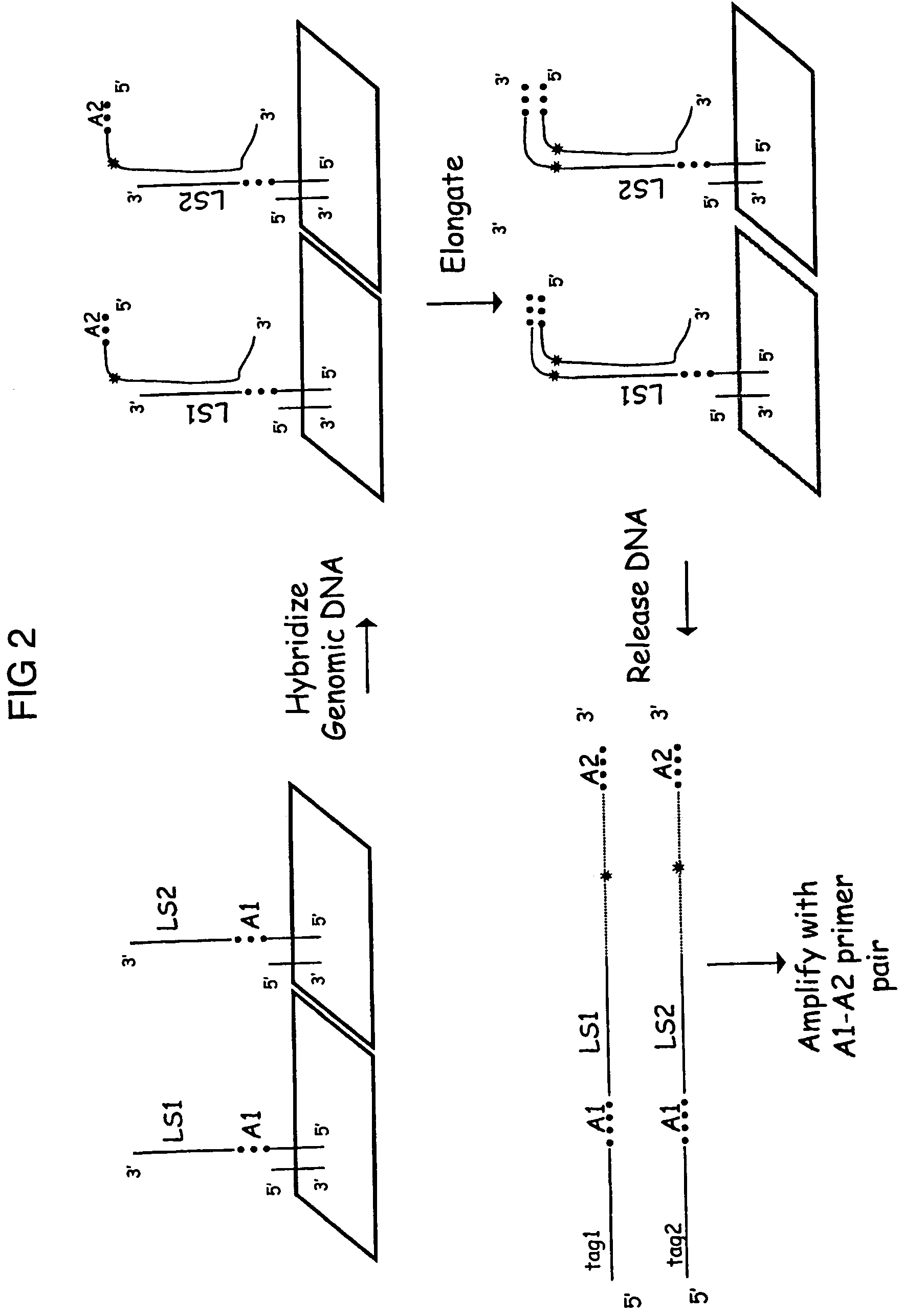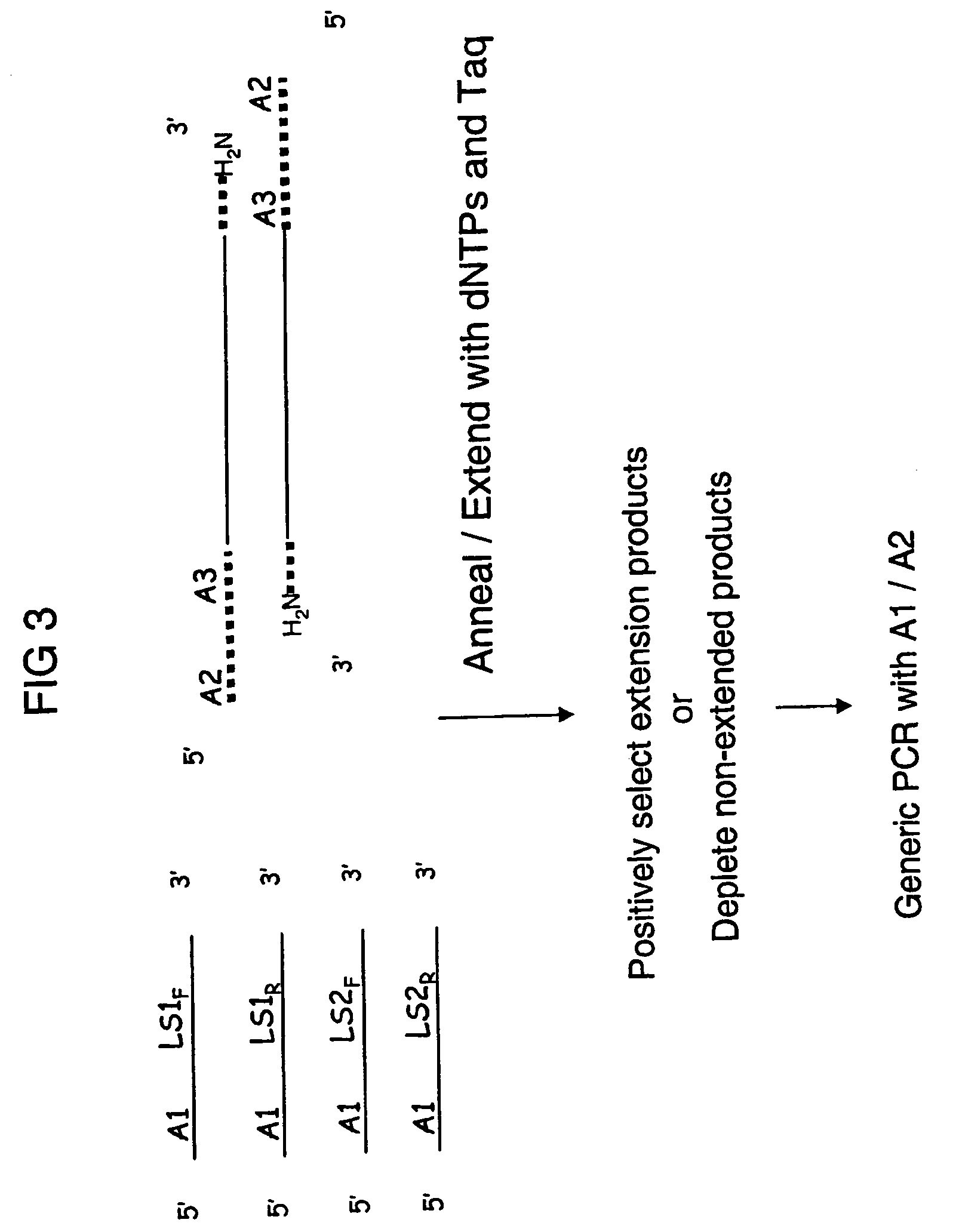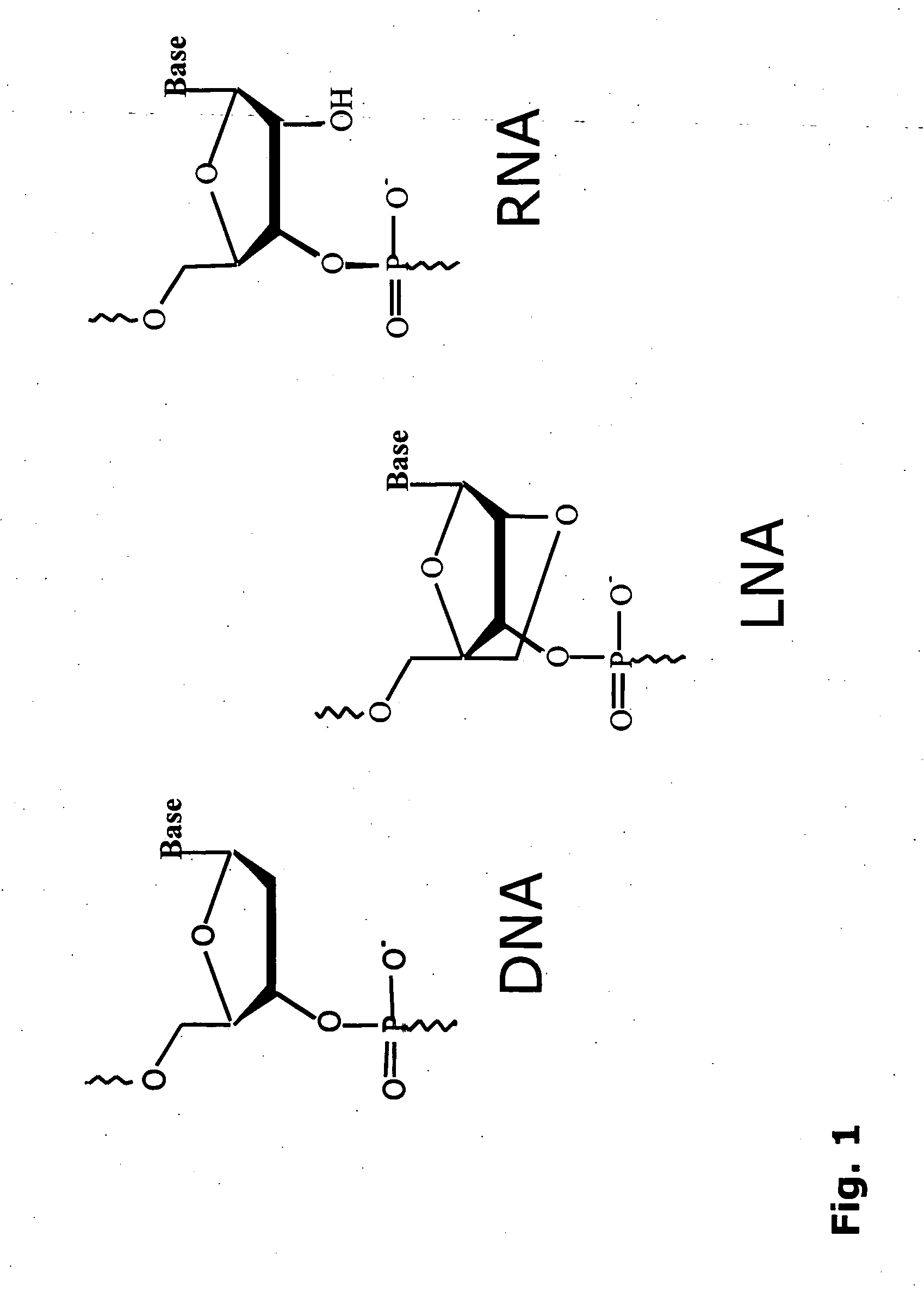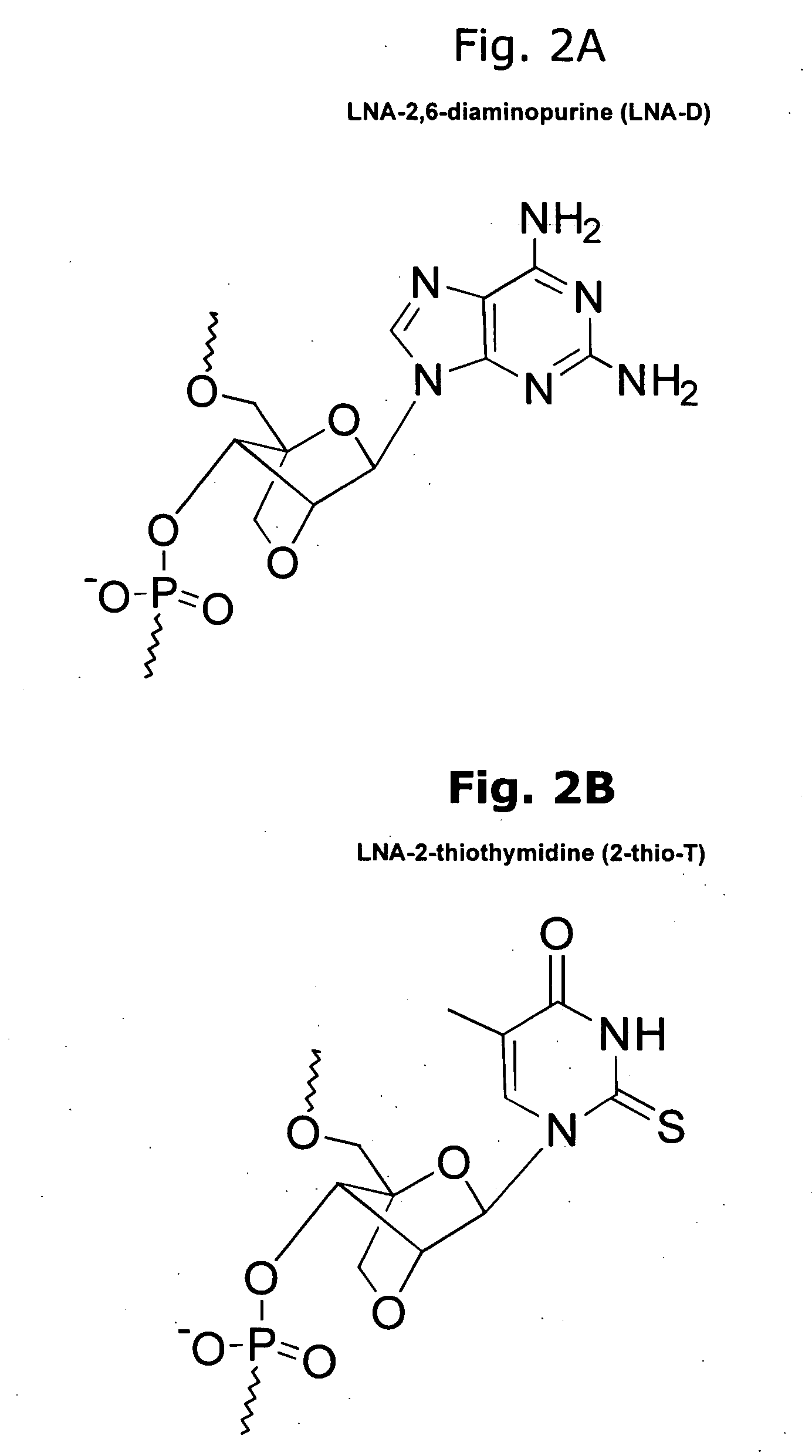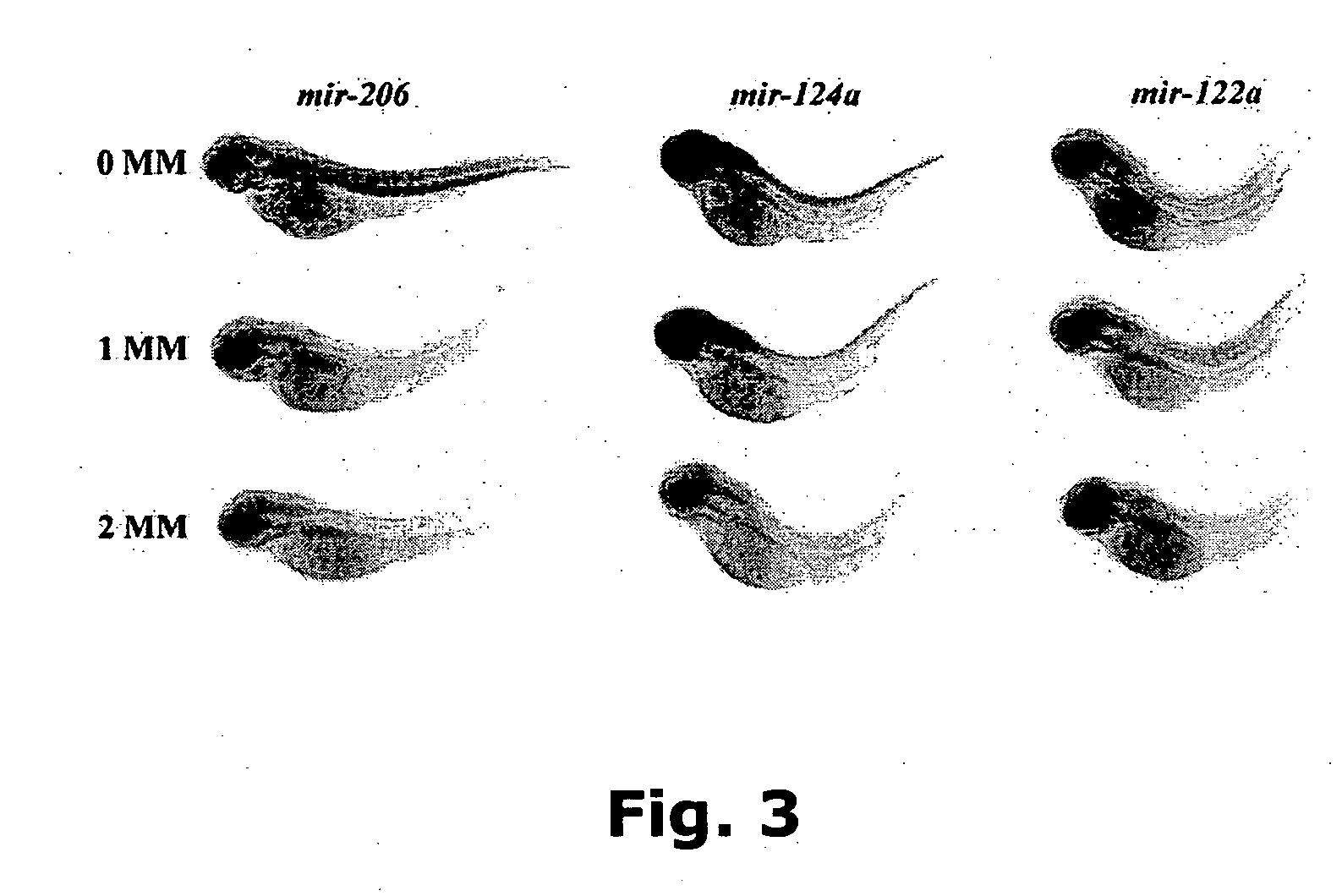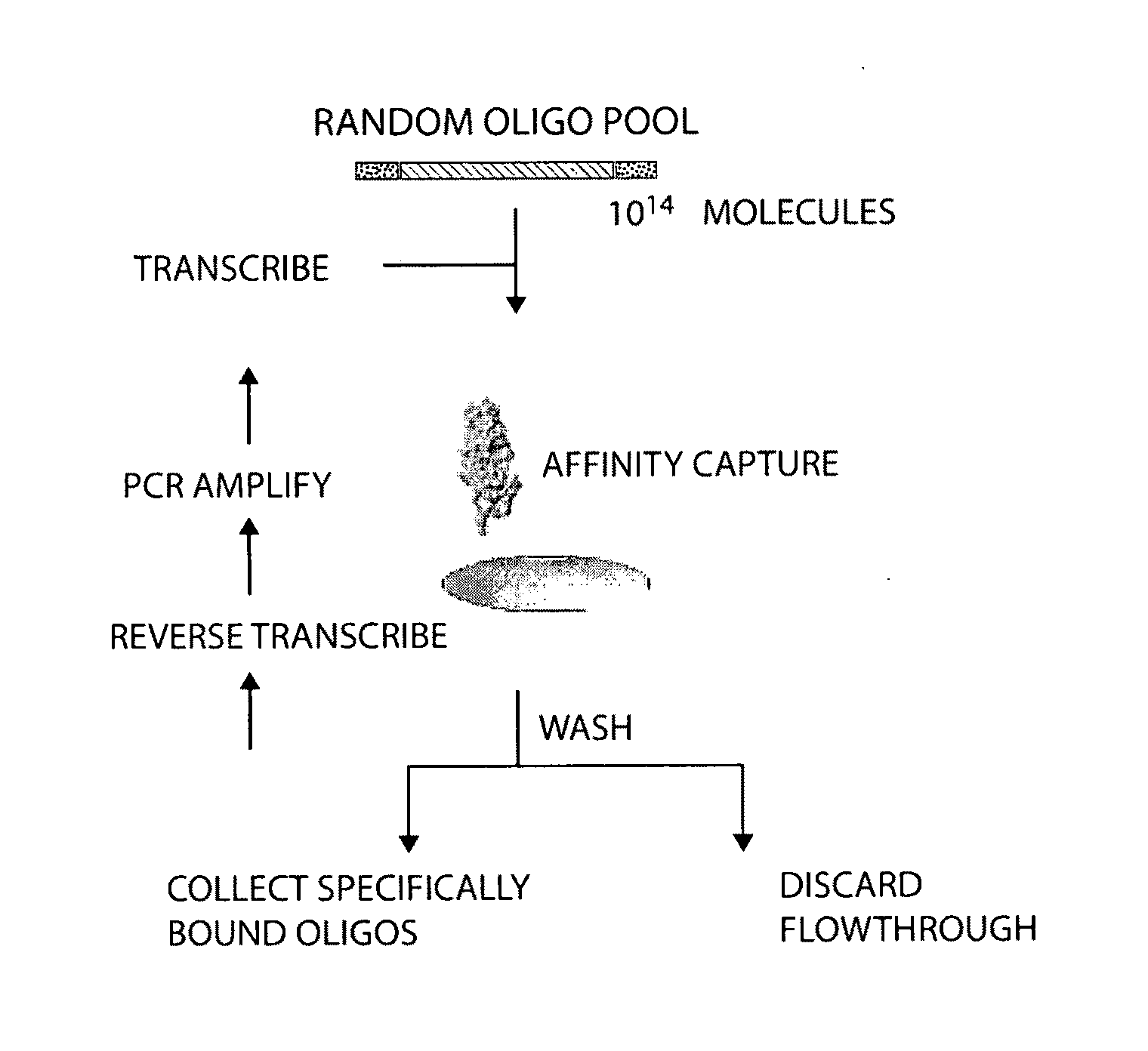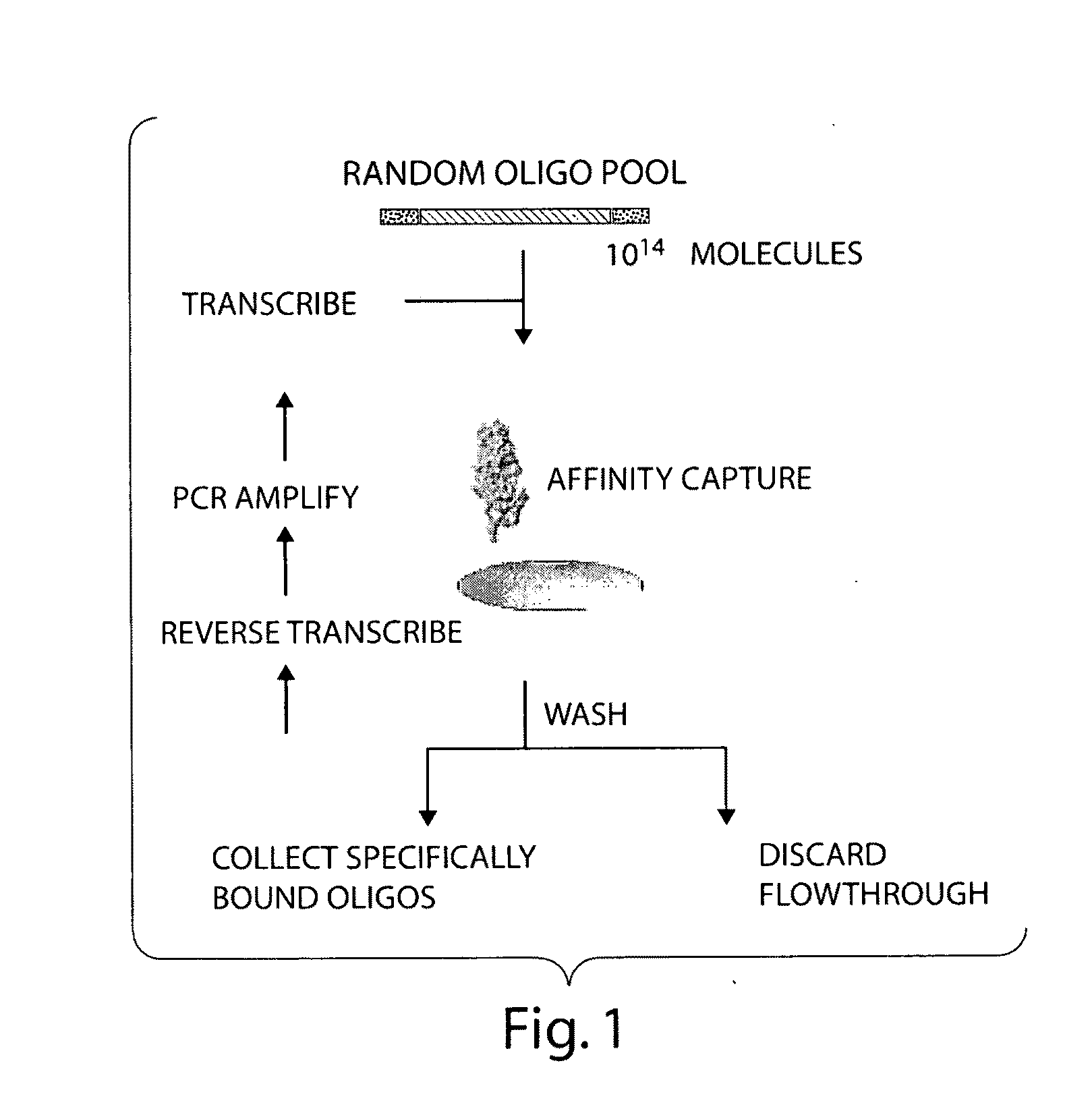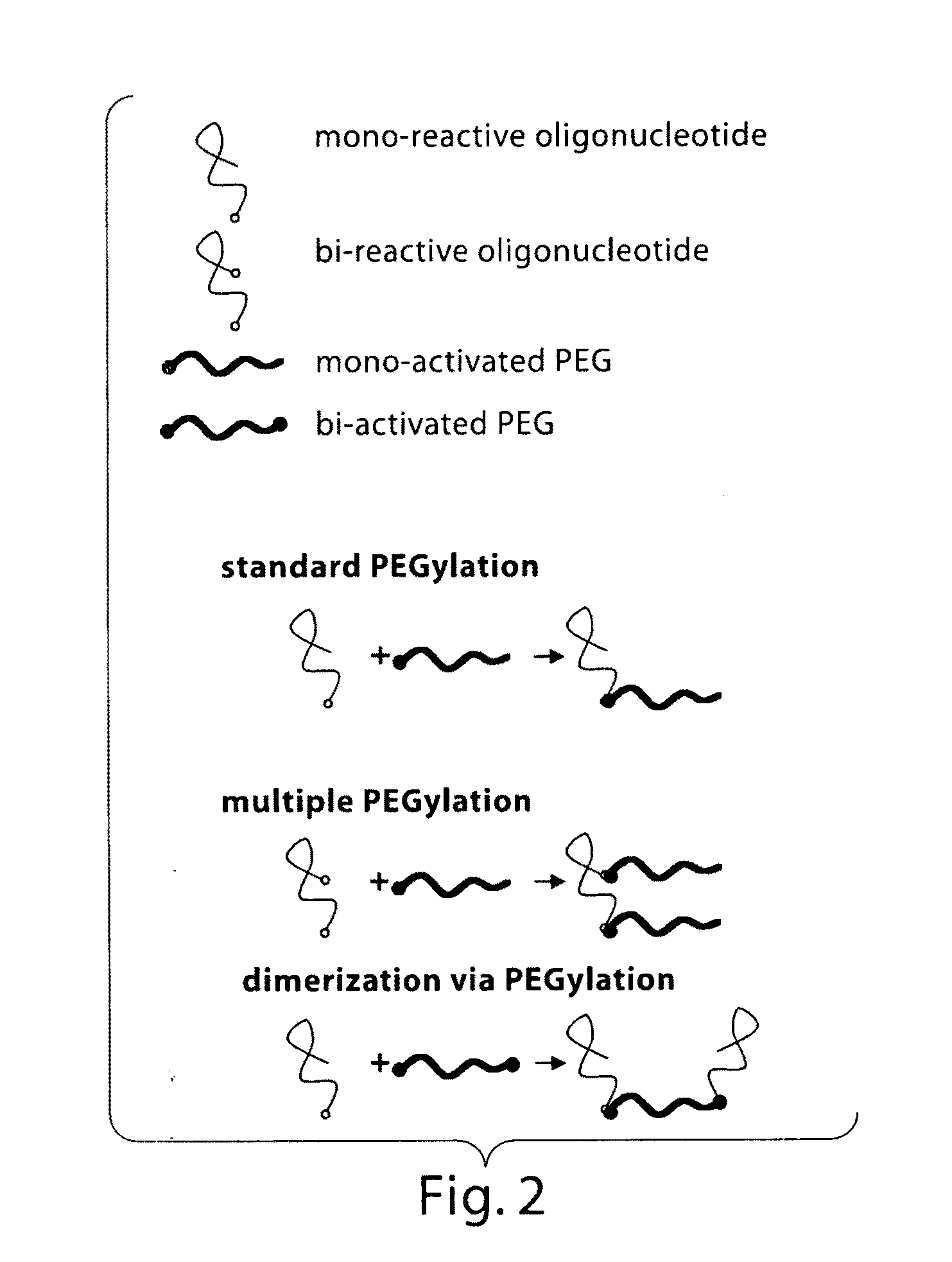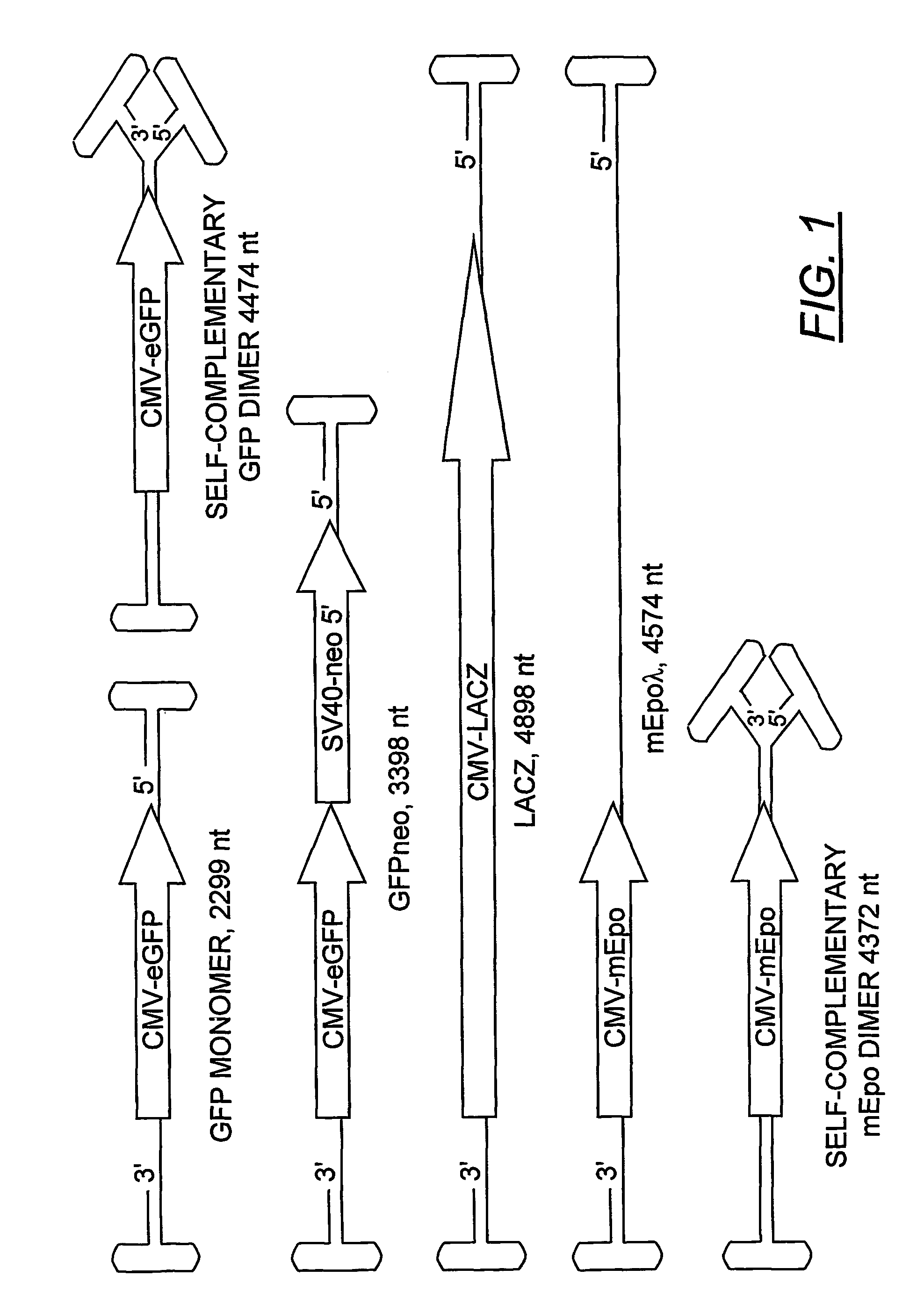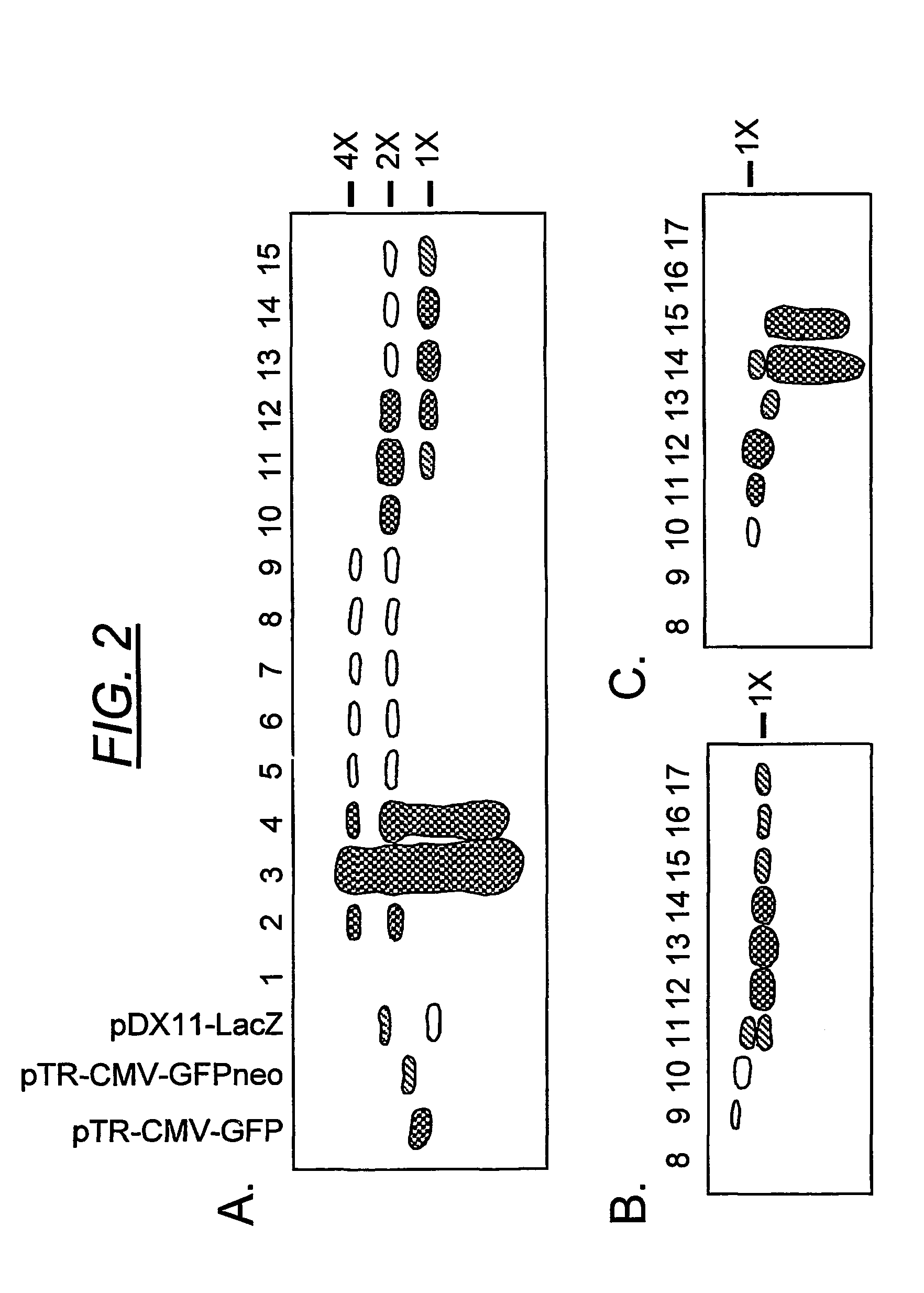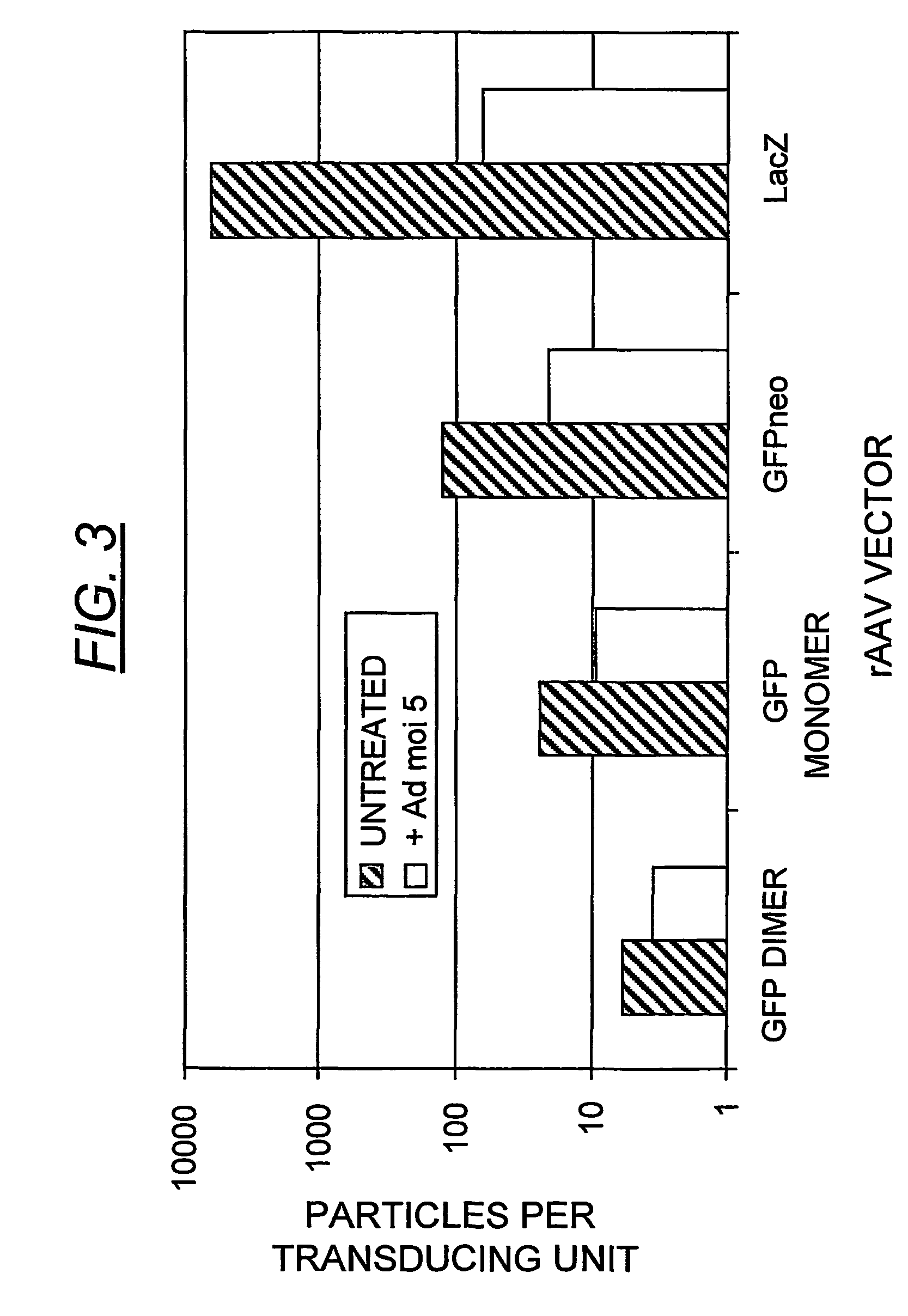Patents
Literature
Hiro is an intelligent assistant for R&D personnel, combined with Patent DNA, to facilitate innovative research.
6884 results about "Genetics" patented technology
Efficacy Topic
Property
Owner
Technical Advancement
Application Domain
Technology Topic
Technology Field Word
Patent Country/Region
Patent Type
Patent Status
Application Year
Inventor
Genetics is a branch of biology concerned with the study of genes, genetic variation, and heredity in organisms. Though heredity had been observed for millennia, Gregor Mendel, a scientist and Augustinian friar working in the 19th century, was the first to study genetics scientifically. Mendel studied "trait inheritance", patterns in the way traits are handed down from parents to offspring. He observed that organisms (pea plants) inherit traits by way of discrete "units of inheritance". This term, still used today, is a somewhat ambiguous definition of what is referred to as a gene.
Inbred corn line LH283BtMON810
InactiveUS6852915B2Other foreign material introduction processesFermentationBiotechnologyGenetic Materials
An inbred corn line, designated LH283BtMON810, is disclosed. The invention relates to the seeds of inbred corn line LH283BtMON810, to the plants of inbred corn line LH283BtMON810 and to methods for producing a corn plant, either inbred or hybrid, by crossing the inbred line LH283BtMON810 with itself or another corn line. The invention further relates to methods for producing a corn plant containing in its genetic material one or more transgenes and to the transgenic plants produced by that method and to methods for producing other inbred corn lines derived from the inbred LH283BtMON810.
Owner:HOLDENS FOUND SEEDS
Sequencing methods and compositions for prenatal diagnoses
ActiveUS20110201507A1Quality improvementEasy to analyzeMicrobiological testing/measurementLibrary screeningPrenatal diagnosisGenetics
The invention provides methods for determining aneuploidy and / or fetal fraction in maternal samples comprising fetal and maternal cfDNA by massively parallel sequencing. The method comprises a novel protocol for preparing sequencing libraries that unexpectedly improves the quality of library DNA while expediting the process of analysis of samples for prenatal diagnoses.
Owner:VERINATA HEALTH INC
Method for linear mRNA amplification
InactiveUS6132997ASugar derivativesMicrobiological testing/measurementAntisense RNAReverse transcriptase
Methods for linearly amplifying mRNA to produce antisense RNA are provided. In the subject methods, mRNA is converted to double-stranded cDNA using a promoter-primer having a poly-dT primer site linked to a promoter sequence so that the resulting double-stranded cDNA is recognized by an RNA polymerase. The resultant double-stranded cDNA is then transcribed into antisense RNA in the presence of a reverse transcriptase that is rendered incapable of RNA-dependent DNA polymerase activity during this transcription step. The subject methods find use a variety of different applications in which the preparation of linearly amplified amounts of antisense RNA is desired. Also provided are kits for practicing the subject methods.
Owner:AGILENT TECH INC
Methods for detection of genetic disorders
InactiveUS7727720B2Maximize efficiencyIncrease delaySugar derivativesMicrobiological testing/measurementGeneticsAllele
The invention provides a method useful for detection of genetic disorders. The method comprises determining the sequence of alleles of a locus of interest, and quantitating a ratio for the alleles at the locus of interest, wherein the ratio indicates the presence or absence of a chromosomal abnormality. The present invention also provides a non-invasive method for the detection of chromosomal abnormalities in a fetus. The invention is especially useful as a non-invasive method for determining the sequence of fetal DNA. The invention further provides methods of isolation of free DNA from a sample.
Owner:RAVGEN INC
Methods for detection of genetic disorders
InactiveUS7442506B2Maximize efficiencyIncrease delaySugar derivativesMicrobiological testing/measurementGeneticsAllele
The invention provides a method useful for detection of genetic disorders. The method comprises determining the sequence of alleles of a locus of interest, and quantitating a ratio for the alleles at the locus of interest, wherein the ratio indicates the presence or absence of a chromosomal abnormality. The present invention also provides a non-invasive method for the detection of chromosomal abnormalities in a fetus. The invention is especially useful as a non-invasive method for determining the sequence of fetal DNA. The invention further provides methods of isolation of free DNA from a sample.
Owner:RAVGEN INC
Transgenic plant event detection
ActiveUS8700336B2Reduce in quantityExtension of timeMicrobiological testing/measurementClimate change adaptationGenetic MaterialsTransgene
The present invention relates to detection of materials derived from transgenic plant events. In particular, the invention provides methods, reagents, kits and reference materials for detecting the presence or absence in a sample of genetic material derived from and attributable to select transgenic plant events.
Owner:SCIENSANO
Methods for detection of genetic disorders
InactiveUS20070178478A1Minimize disruptionMaximize efficiencyMicrobiological testing/measurementFermentationGeneticsAllele
The invention provides a method useful for detection of genetic disorders. The method comprises determining the sequence of alleles of a locus of interest, and quantitating a ratio for the alleles at the locus of interest, wherein the ratio indicates the presence or absence of a chromosomal abnormality. The present invention also provides a non-invasive method for the detection of chromosomal abnormalities in a fetus. The invention is especially useful as a non-invasive method for determining the sequence of fetal DNA. The invention further provides methods of isolation of free DNA from a sample.
Owner:RAVGEN INC
Sequence-based karyotyping
InactiveUS20050221341A1Great alterationUseful in detectionMicrobiological testing/measurementBiostatisticsGenomic mutationKaryotype
A new method for genomic analysis, termed “Sequence-Based Karyotyping,” is described. Sequence-Based Karyotyping methods for the detection of genomic abnormalities, for diagnosis of hereditary disease, or for diagnosis of spontaneous genomic mutations are also described.
Owner:454 CORP
Oligonucleotides for genotyping thymidylate synthase gene
ActiveUS20070031829A1Sensitive and convenient detectionEasy to aimSugar derivativesMicrobiological testing/measurementGeneticsGenomic DNA
Oligonucleotides for genotyping the thymidylate synthase gene are provided. The number of tandem repeats in the promoter region of the thymidylate synthase gene can be identified based on the hybridization of an oligonucleotide of the invention to the genomic DNA of a subject. Therefore, the genotype of the thymidylate synthase gene can be identified based on the number of tandem repeats. The genotype relates to the responsiveness of a subject towards an antitumor agent.
Owner:F HOFFMANN LA ROCHE & CO AG
Solution-based methods for RNA expression profiling
The present invention is directed to novel high-throughput, low-cost, and flexible solution-based methods for RNA expression profiling, including expression of microRNAs and mRNAs.
Owner:MASSACHUSETTS INST OF TECH
Evaluating Genetic Disorders
ActiveUS20070259351A1Microbiological testing/measurementProteomicsGeneticsArray-Based Comparative Genomic Hybridization
The present invention relates to genetic analysis and evaluation utilizing copy-number variants or polymorphisms. The methods utilize array comparative genomic hybridization and PCR assays to identify the significance of copy number variations in a subject or subject group.
Owner:POPULATION BIO INC
Massively parallel contiguity mapping
ActiveUS20130203605A1Reducing sequenceLimited to sequenceLibrary member identificationChemical recyclingHuman DNA sequencingMammalian genome
Contiguity information is important to achieving high-quality de novo assembly of mammalian genomes and the haplotype-resolved resequencing of human genomes. The methods described herein pursue cost-effective, massively parallel capture of contiguity information at different scales.
Owner:UNIV OF WASHINGTON CENT FOR COMMERICIALIZATION
Ligation-based detection of genetic variants
InactiveUS20120034603A1Eliminate needElimination contentMicrobiological testing/measurementGeneticsOligonucleotide
The present invention provides assays systems and methods for detection of genetic variants in a sample, including copy number variation and single nucleotide polymorphisms. The invention preferably employs the technique of tandem ligation, i.e. the ligation of two or more fixed sequence oligonucleotides and one or more bridging oligonucleotides complementary to a region between the fixed sequence oligonucleotides.
Owner:TANDEM DIAGNOSTICS
Genomic plant sequences and uses thereof
The present invention discloses rice genomic promoter sequences. The promoters are particularly suited for use in rice and other cereal crops. Methods of modifying, producing, and using the promoters are also disclosed. The invention further discloses compositions, transformed host cells, transgenic plants, and seeds containing the rice genomic promoter sequences, and methods for preparing and using the same.
Owner:MONSANTO TECH LLC
High arachidonic acid producing strains of Yarrowia lipolytica
Engineered strains of the oleaginous yeast Yarrowia lipolytica capable of producing greater than 10% arachidonic acid (ARA, an ω-6 polyunsaturated fatty acid) in the total oil fraction are described. These strains comprise various chimeric genes expressing heterologous desaturases, elongases and acyltransferases, and optionally comprise various native desaturase and acyltransferase knockouts to enable synthesis and high accumulation of ARA. Production host cells are claimed, as are methods for producing ARA within said host cells.
Owner:DUPONT US HLDG LLC
Method of adaptor-dimer subtraction using a crispr cas6 protein
A method of processing a target RNA is provided. In certain embodiments, this method comprises: contacting the products of an RNA ligase-mediated ligation reaction with an CAS6 protein, wherein: (i) the RNA ligase-mediated ligation reaction comprises: a target RNA, an RNA ligase, and first and second adaptors that can ligate together to produce an adaptor dimer that contains a CRISPR stem loop; and (ii) the CAS6 protein recognizes the CRISPR stem loop; thereby preventing the adaptor dimer from being reverse transcribed.
Owner:AGILENT TECH INC
Methods of identifying point mutations in a genome
InactiveUS6994962B1Improve performanceSugar derivativesMicrobiological testing/measurementGeneticsDeleterious mutation
The invention relates to a method for identifying inherited point mutations in a targeted region of the genome in a large population of individuals and determining which inherited point mutations are deleterious, harmful or beneficial. Deleterious mutation are identified directly by a method of recognition using the set of point mutations observed in a large population of juveniles. Harmful mutations are identified by comparison of the set of point mutation observed in a large set of juveniles and a large set of aged individuals of the same population. Beneficial mutations are similarly identified.
Owner:MASSACHUSETTS INST OF TECH
Method for expression of small antiviral RNA molecules within a cell
ActiveUS20030059944A1Prevents sequenceHigh expressionOrganic active ingredientsPeptide/protein ingredientsGeneticsViral life cycle
In one aspect, the invention provides methods and compositions for the expression of small RNA molecules within a cell using a retroviral vector. The methods can be used to express double stranded RNA complexes. Small interfering RNA (siRNA) can be expressed using the methods of the invention within a cell, that interfere with a viral life cycle by down regulating either the viral genome, a viral genome transcript, or a host cell that. In another aspect the invention provides methods for treating patients having suffering from infection, particularly infection with HIV.
Owner:CALIFORNIA INST OF TECH
Methods for genomic analysis
InactiveUS6969589B2Quick scanSugar derivativesMicrobiological testing/measurementHuman DNA sequencingGenetics
The present invention relates to methods for identifying variations that occur in the human genome and relating these variations to the genetic basis of disease and drug response. In particular, the present invention relates to identifying individual SNPs, determining SNP haplotype blocks and patterns, and, further, using the SNP haplotype blocks and patterns to dissect the genetic bases of disease and drug response. The methods of the present invention are useful in whole genome analysis.
Owner:AFFYMETRIX INC +1
Method for Determining the Abundance of Sequences in a Sample
InactiveUS20080193927A1Increase the number ofBioreactor/fermenter combinationsBiological substance pretreatmentsGeneticsBioinformatics
Owner:ADVALYTIX +1
Oligonucleotide analogues having modified intersubunit linkages and/or terminal groups
ActiveUS20120065169A1Maintain good propertiesEnhanced cell deliveryAntibacterial agentsBiocideDiseaseEnd-group
Oligonucleotide analogues comprising modified intersubunit linkages and / or modified 3′ and / or 5′-end groups are provided. The disclosed compounds are useful for the treatment of diseases where inhibition of protein expression or correction of aberrant mRNA splice products produces beneficial therapeutic effects.
Owner:SAREPTA THERAPEUTICS INC
Selection of nucleic acids by solution hybridization to oligonucleotide baits
InactiveUS20100029498A1Minimize the differenceGood reproducibilityMicrobiological testing/measurementLibrary screeningSolution hybridizationOligonucleotide
Owner:PRESIDENT & FELLOWS OF HARVARD COLLEGE +2
Vectors
InactiveUS20060281180A1Stable long-term expressionEfficient expressionAntibacterial agentsFactor VIIGeneticsViral vector
Provided is a lentiviral vector capable of delivering a nucleotide of interest (NOI) to a desired target site and wherein the NOI encodes the Factor VIII and the Factor VIII is expressed following delivery of the NOI to the desired target site.
Owner:OXFORD BIOMEDICA (UK) LTD
2'-f modified RNA interference agents
InactiveUS20110269814A1Inhibit expressionSuppress gene expressionOrganic active ingredientsSugar derivativesNucleotideSense strand
This invention relates to a method of modulating the expression of a target gene in an organism comprising administering an iRNA agent, wherein the iRNA comprises at least one 2′-deoxy-2′-fluoro (2′-F) nucleotide in the antisense strand and at least one modified nucleotide in the sense strand. The invention also relates to compositions comprising a single-stranded oligonucleotide that contains at least one 2′-deoxy-2′-fluoro (2′-F) nucleotide. siRNA molecule containing these oligonucleotides have decreased immunogenicity.
Owner:ALNYLAM PHARM INC
Nuclease activity of tal effector and foki fusion protein
The present invention provides compositions and methods for targeted cleavage of cellular chromatin in a region of interest and / or homologous recombination at a predetermined site in cells. Compositions include fusion polypeptides comprising a TAL effector binding domain and a cleavage domain. The cleavage domain can be from any endonuclease. In certain embodiments, the endonuclease is a Type IIS restriction endonuclease. In further embodiments, the Type IIS restriction endonuclease is FokI.
Owner:IOWA STATE UNIV RES FOUND
Methods for genotyping selected polymorphism
InactiveUS7459273B2Sugar derivativesMicrobiological testing/measurementGeneticsDegenerate oligonucleotide
Methods for genotyping polymorphisms using a locus specific primer that is complementary to a region near a selected polymorphism are described. Methods for synthesizing pools of locus specific primers that incorporate some degenerate positions are also disclosed. A plurality of different sequence capture probes are synthesized simultaneously using degenerate oligonucleotide synthesis. The sequence of the locus specific regions of the capture probes are related in that they have some bases that are identical in each sequence in the plurality of sequences and positions that vary from one locus specific region to another. The sequences are selected based on proximity to a polymorphism of interest and because they conform to a similar sequence pattern.
Owner:AFFYMETRIX INC
Novel oligonucleotide compositions and probe sequences useful for detection and analysis of micrornas and their target mRNAs
InactiveUS20070099196A1Solve low usageSugar derivativesMicrobiological testing/measurementGeneticsTarget mrna
The invention relates relates to ribonucleic acids and oligonucleotide probes useful for detection and analysis of microRNAs and their target mRNAs, as well as small interfering RNAs (siRNAs).
Owner:EXIQON AS
Materials and methods for the generation of transcripts comprising modified nucleotides
ActiveUS20100120024A1Increase transcriptional yieldReduced discriminationMicrobiological testing/measurementEnzymesNucleotideComputational biology
Materials and Methods are provided for producing aptamer therapeutics having modified nucleotide triphosphates incorporated into their sequence.
Owner:ARCHEMIX CORP
Methods and Compositions for PCR Using Blocked and Universal Primers
ActiveUS20140329245A1Dominate amplificationResistant to dimer formationSugar derivativesMicrobiological testing/measurementEnrichment methodsGenetics
Provided herein are methods and compositions for performing PCR with primers with blocked 3′-ends that are unblocked when these primers anneal to the template. The multiplexed PCR can be used as real-time qPCR, for end-point detection or as enrichment method for next generation sequencing (NGS). Also described herein are methods and compositions to improve sensitivity of mutation-specific PCR when targeting closely-spaced mutations.
Owner:UNITAQ BIO
Duplexed parvovirus vectors
InactiveUS7465583B2High transduction efficiencyRapid onsetBiocidePeptide/protein ingredientsGeneticsViral vector
The present invention provides duplexed parvovirus vector genomes that are capable under appropriate conditions of forming a double-stranded molecule by intrastrand base-pairing. Also provided are duplexed parvovirus particles comprising the vector genome. Further disclosed are templates and methods for producing the duplexed vector genomes and duplexed parvovirus particles of the invention. Methods of administering these reagents to a cell or subject are also described. Preferably, the parvovirus capsid is an AAV capsid. It is further preferred that the vector genome comprises AAV terminal repeat sequences.
Owner:THE UNIV OF NORTH CAROLINA AT CHAPEL HILL
Popular searches
Features
- R&D
- Intellectual Property
- Life Sciences
- Materials
- Tech Scout
Why Patsnap Eureka
- Unparalleled Data Quality
- Higher Quality Content
- 60% Fewer Hallucinations
Social media
Patsnap Eureka Blog
Learn More Browse by: Latest US Patents, China's latest patents, Technical Efficacy Thesaurus, Application Domain, Technology Topic, Popular Technical Reports.
© 2025 PatSnap. All rights reserved.Legal|Privacy policy|Modern Slavery Act Transparency Statement|Sitemap|About US| Contact US: help@patsnap.com


